Dessicant Or Compressor Dehumidifier, Which Is Better
A dehumidifier is an appliance used to get rid of excess indoor moisture and subsequently control relative humidity. Through moisture control, there are numerous secondary benefits that any homeowner can have.
Moisture regulation prevents mold growth and gets rid of dust mites. These two are known to cause a myriad of allergies when a person spends time in a damp environment. For instance, spores produced by molds trigger asthma attacks. Additionally, they cause rhinitis and other respiratory complications.
Apart from that, proper moisture control is beneficial in protecting house finishes and woodwork.
If you want to protect your home from any of the mentioned moisture-related problems, it is imperative that you acquire a dehumidifier. Are you wondering whether you should go for a desiccant or a compressor dehumidifier?
Compressor Dehumidifier
These dehumidifiers have been in the market for over four decades now. A compressor dehumidifier works by drawing in warm moist air through the action of the rotating fans. The warm and moist air passes over cooling coils which contain a refrigerant. The air is chilled below the dew point which causes the moisture contained in it to condense. The condensate is then channeled to a drainage tank. The cool and dry air is then reheated back to room temperature before it is released back to the atmosphere.
Advantages Of Compressor Dehumidifier
They are effective in warm climates. Since the temperature of coils has to be cooler than the air temperature at which condensation occurs, the higher the environmental temperature, the higher the effectiveness of the dehumidifier.
They maintain the room temperature. Before being released, the dehumidified air is reheated back to room temperature before being released.
Disadvantages
They are bulky. In as much as there may be portable versions, these dehumidifiers are significantly heavier than desiccant versions. Additionally, they have larger physical dimensions.
Desiccant Dehumidifier
The working mechanism of these dehumidifiers is different from that of compression dehumidifiers. They consist of a rotor which is packed with a hydrophilic (desiccant) material such as silica gel. A hydrophilic material is any chemical that has a high affinity for water, and can, therefore, absorb moisture from the atmosphere. Air is drawn using fans, which are then passed over the rotor. Moisture is absorbed by the silica gel, and the dehumidified air is later released back to the atmosphere. When the desiccant reaches saturation point, it is regenerated by heating elements in the system.
Advantages Of A Desiccant Dehumidifier
They are efficient in both high and low environmental temperatures. Unlike the compression dehumidifiers which require the ambient temperature to perform optimally, the desiccant dehumidifier can effectively remove moisture in both warm and cold climates.
They are better at heating a room during the winter seasons. Once the air has been dehumidified using these systems, it is heated by up to 60 C. Therefore it is a better choice to use in cold climates
Lower noise levels. Mostly, when people complain that dehumidifiers are noisy, they fail to acknowledge the fact that it is the compressor that produces the noises. But since these dehumidifiers are designed without the component, it means that they run quieter.
Portability. The desiccant dehumidifiers are generally light in weight. Some weigh a mere 5kg. That means that they can be moved from one room to the other with ease. Additionally, they are more compact, making them convenient to place even in the living room without occupying much space.
It is noteworthy that they are more durable since they have fewer moving parts. Apart from that, since they do not use refrigerants, their maintenance cost is generally lower.
Disadvantages
- They are more expensive than compression dehumidifiers.
- The devices have a higher energy consumption.
Final Word
At the end of the day, the choice entirely depends on what you want. You can get an expert opinion by contacting Alorair customer representatives on 1-888-990-7469 Or you can check it out on the Alorair website ,for assistance, especially if you cannot settle on a particular type.





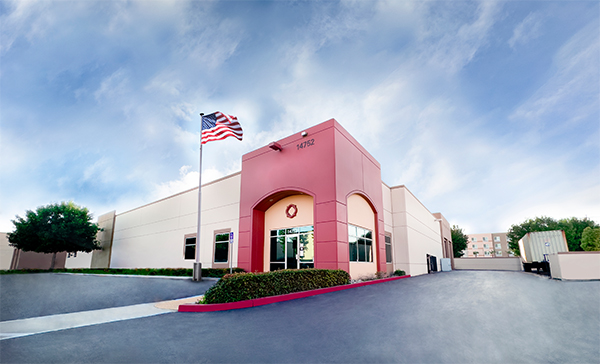

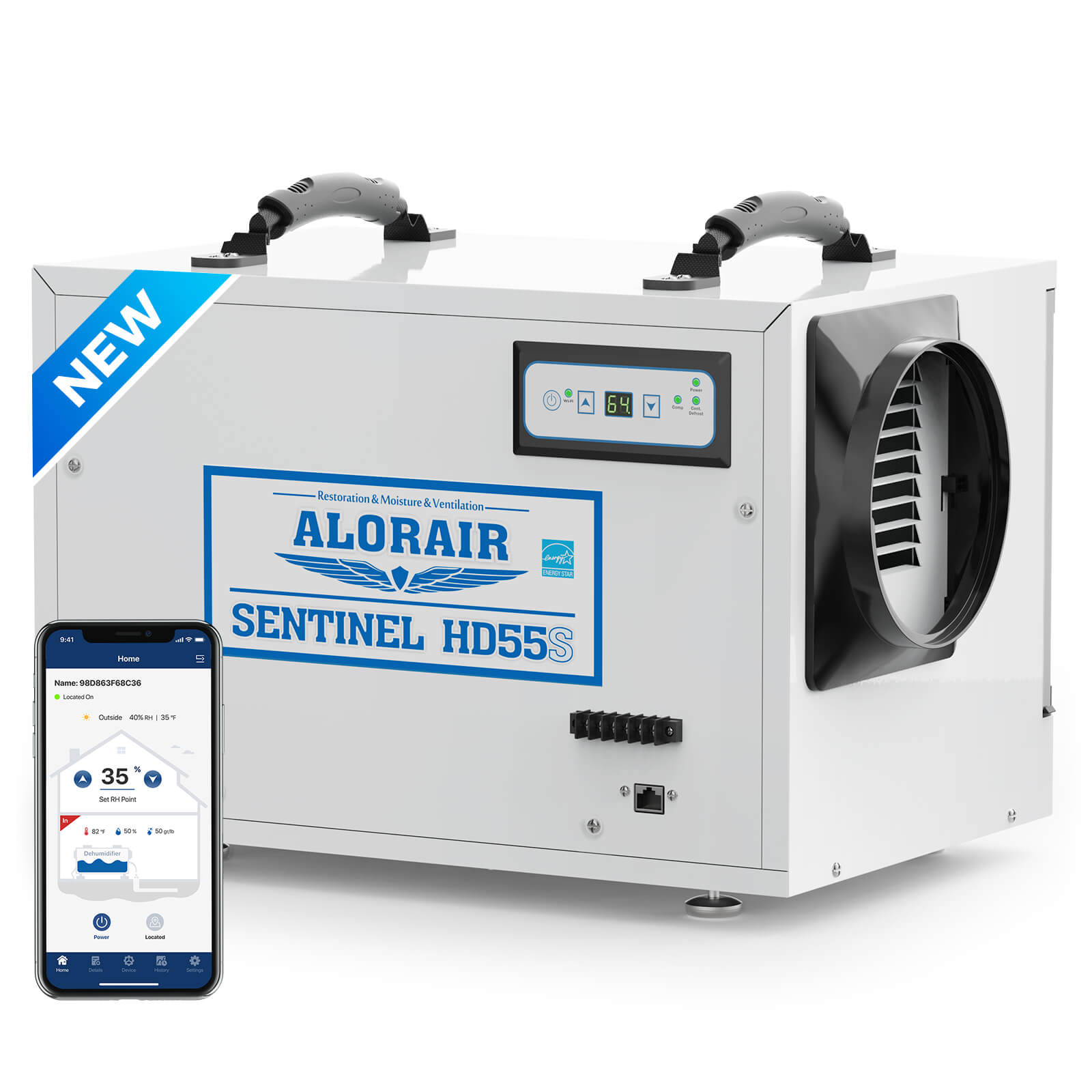
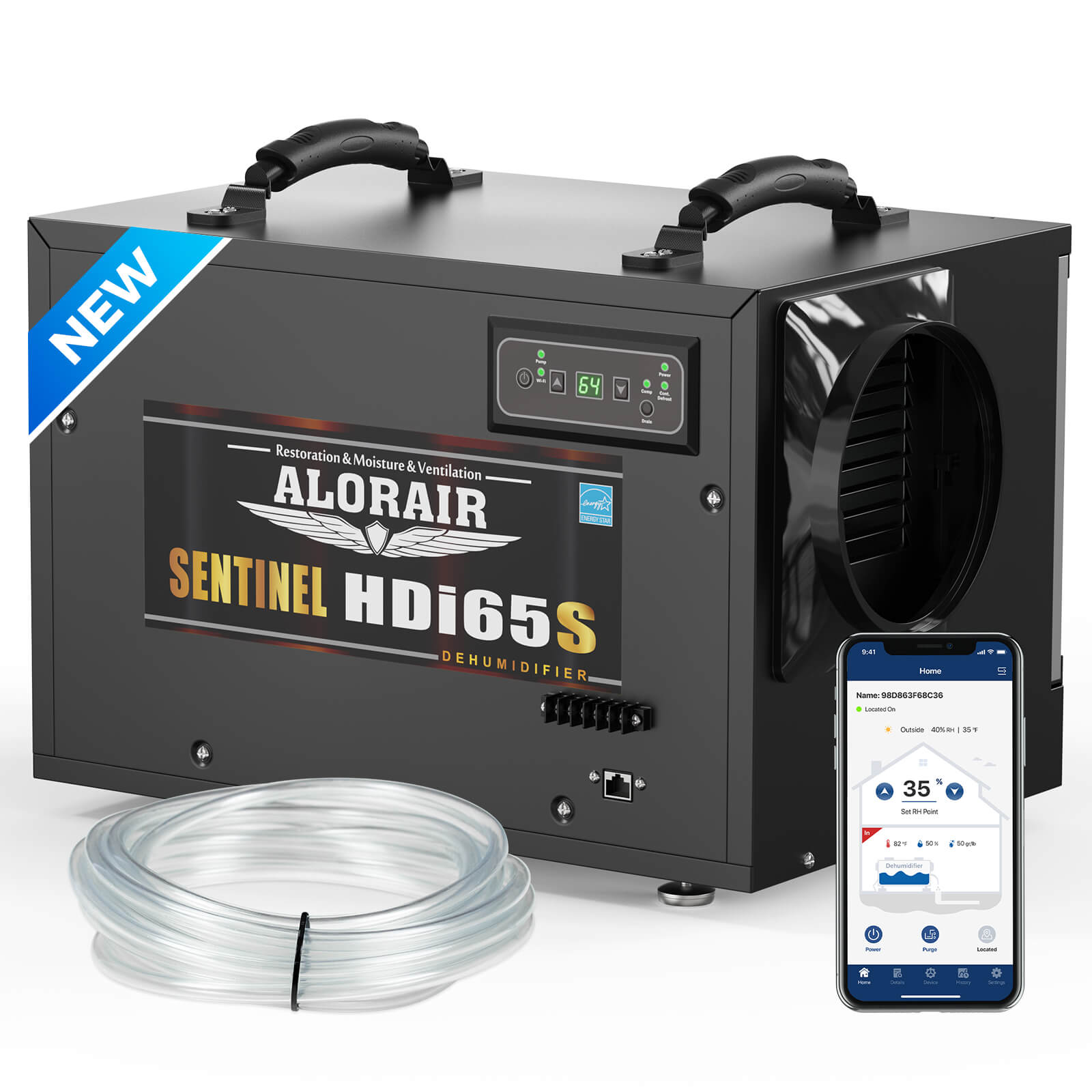
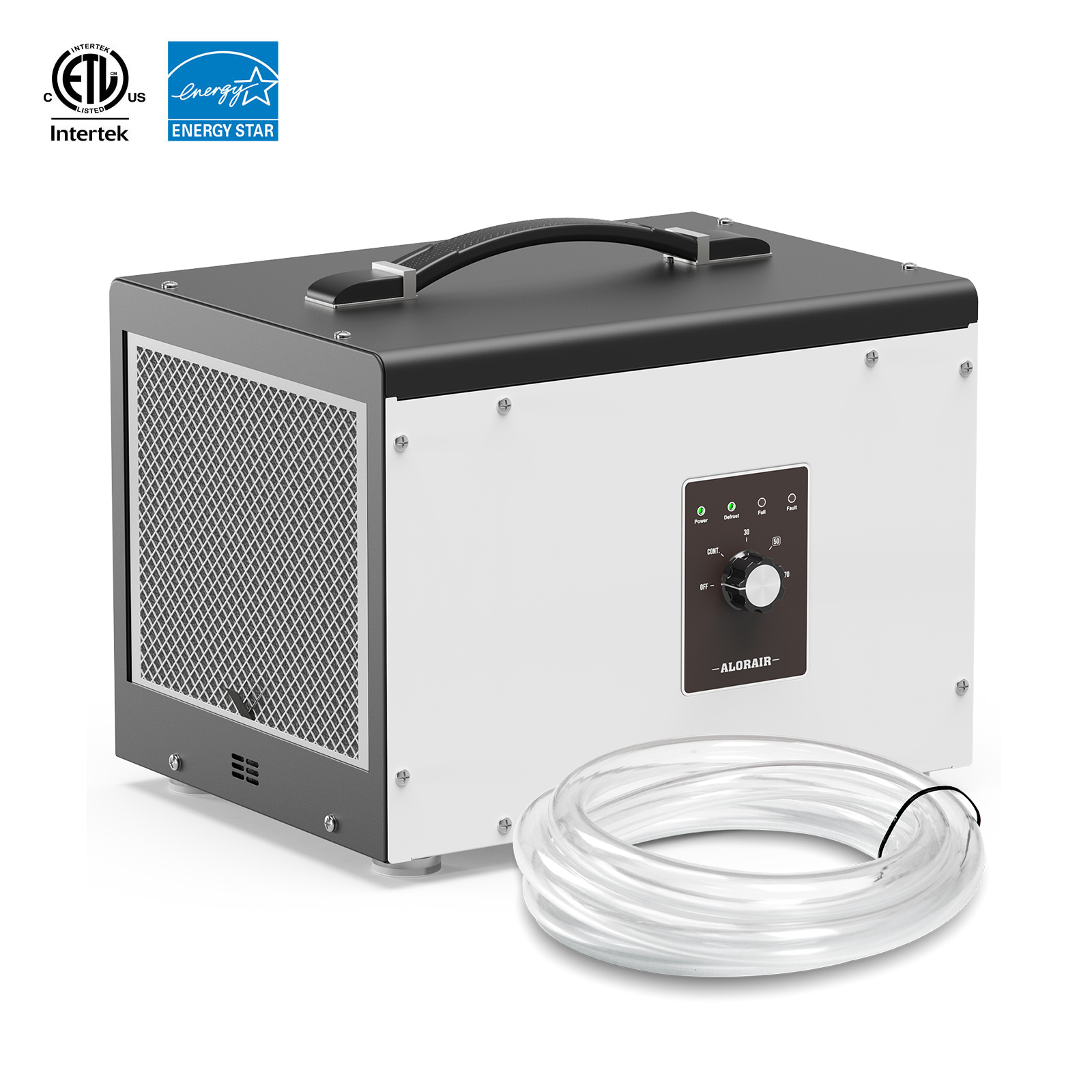
.jpg)
.jpg)
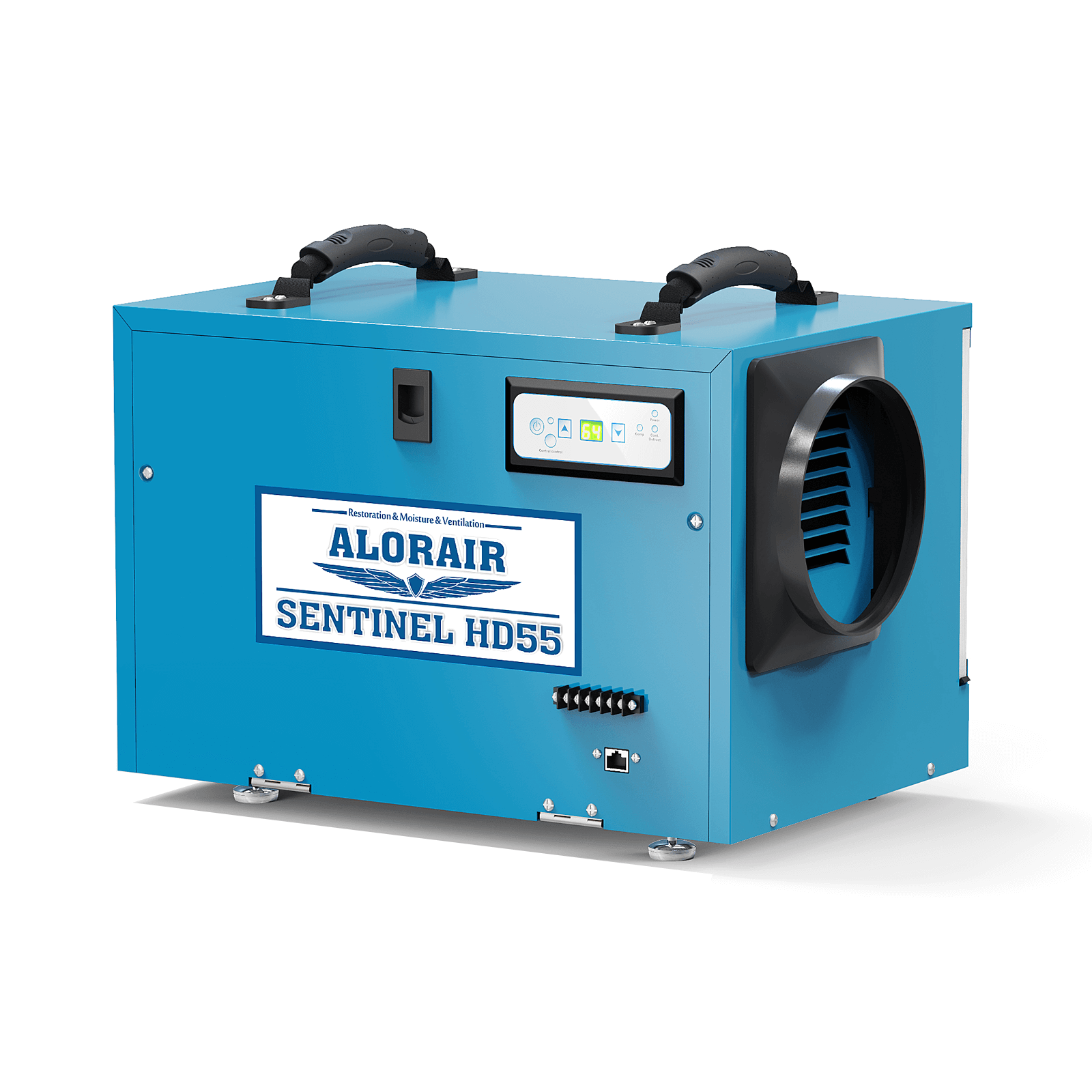
.jpg)
.jpg)
.HDi90.png)
.HD90.png)

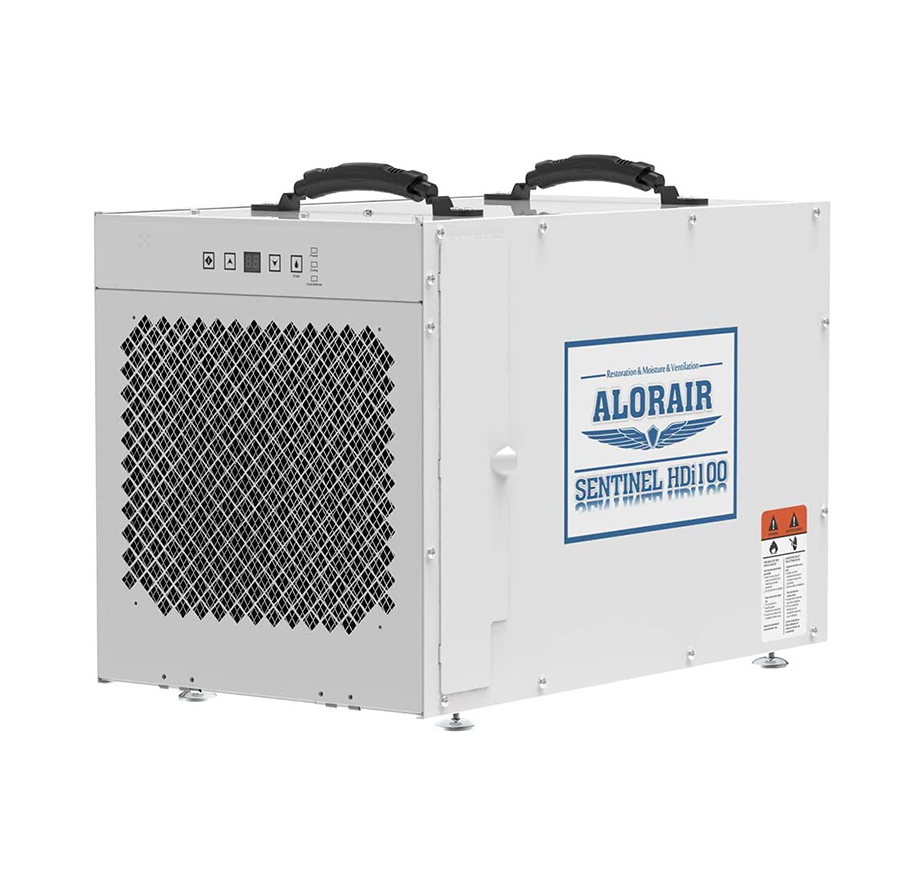
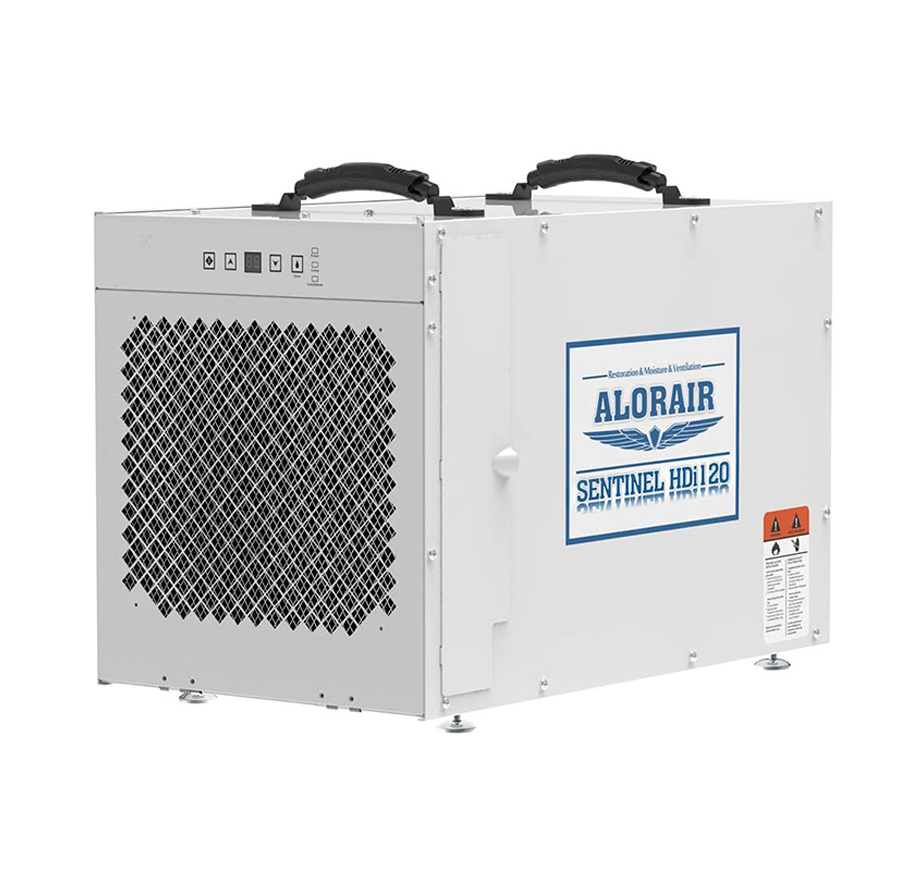
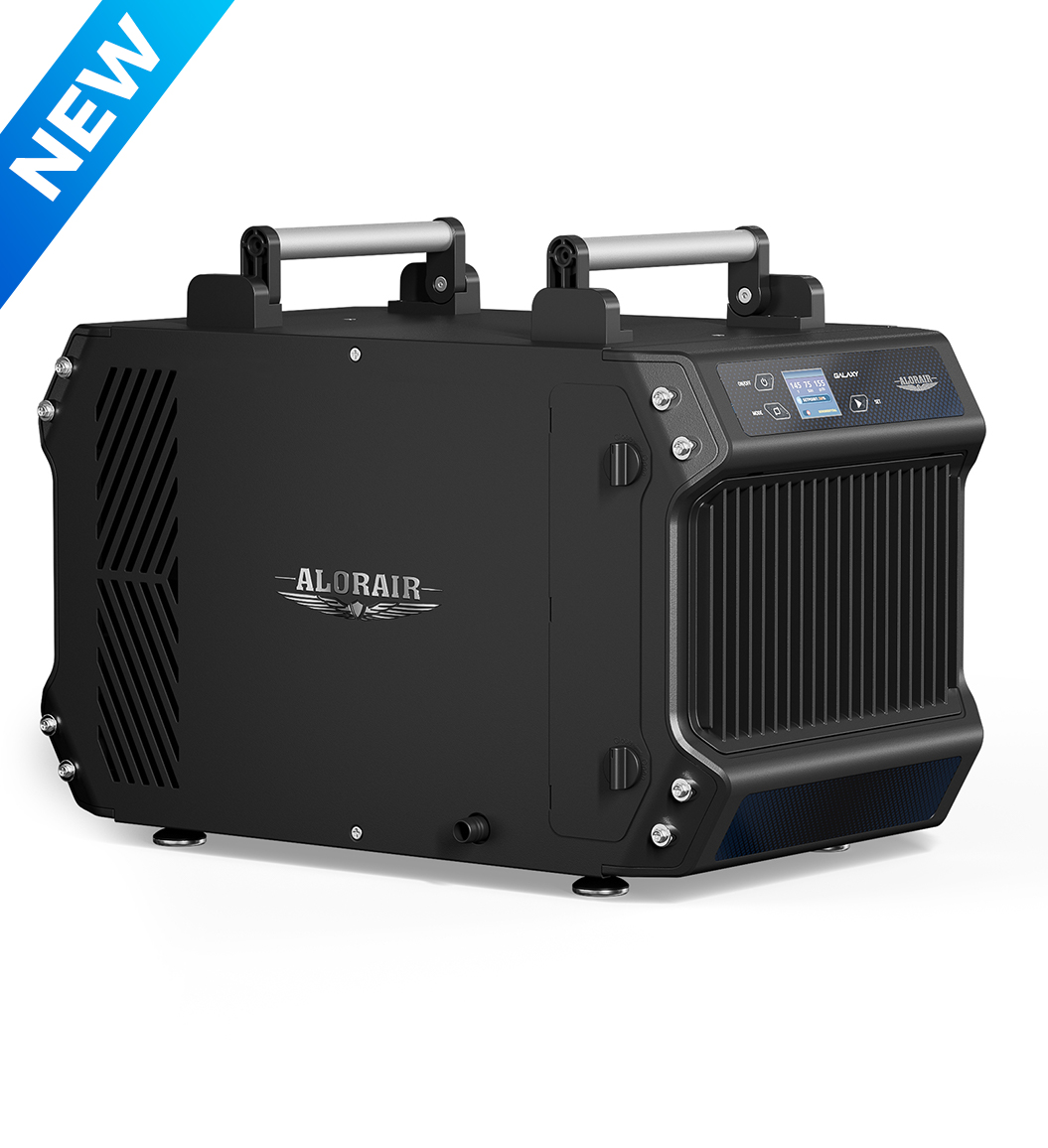
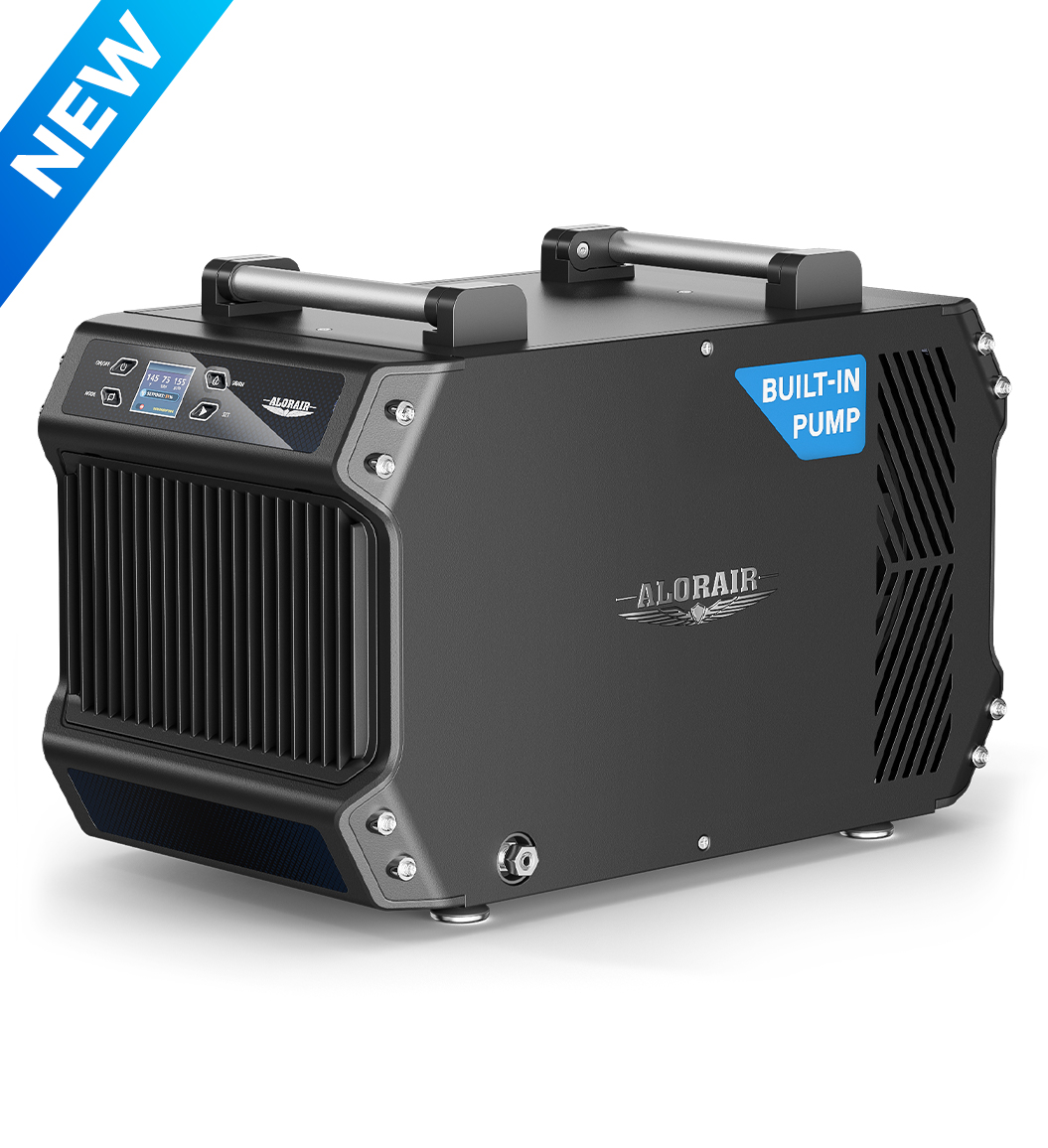




.jpg)
.jpg)
.jpg)
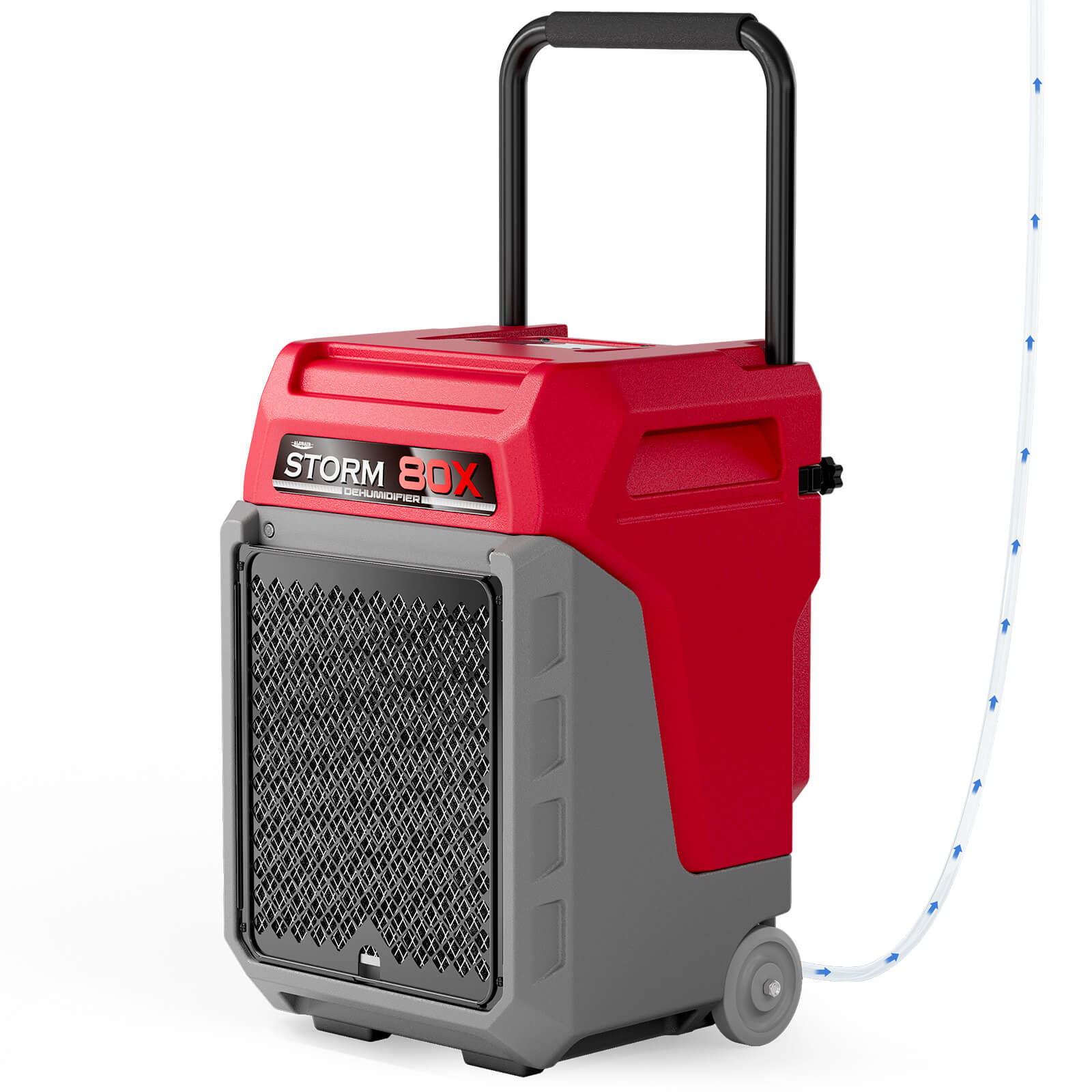
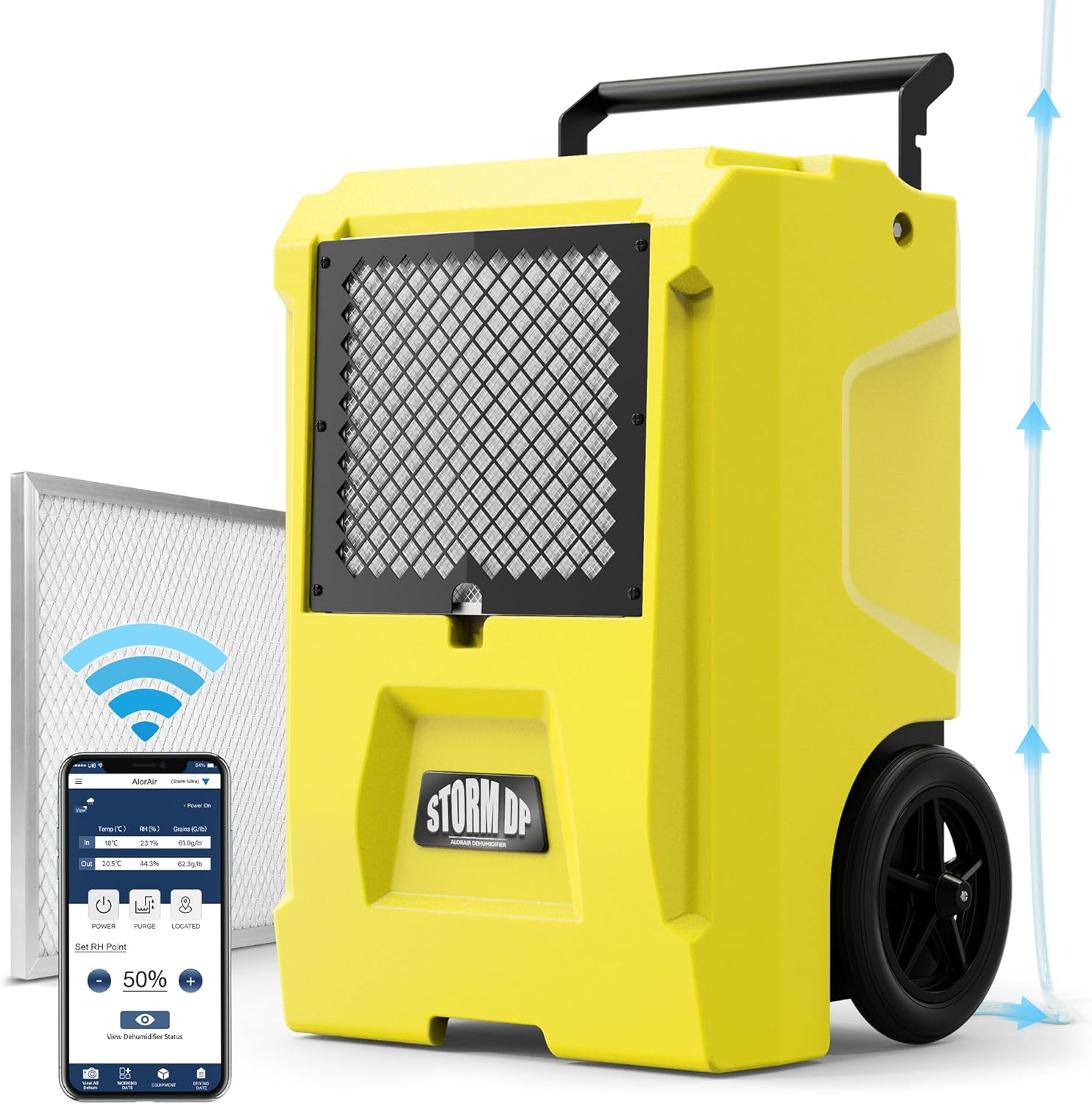
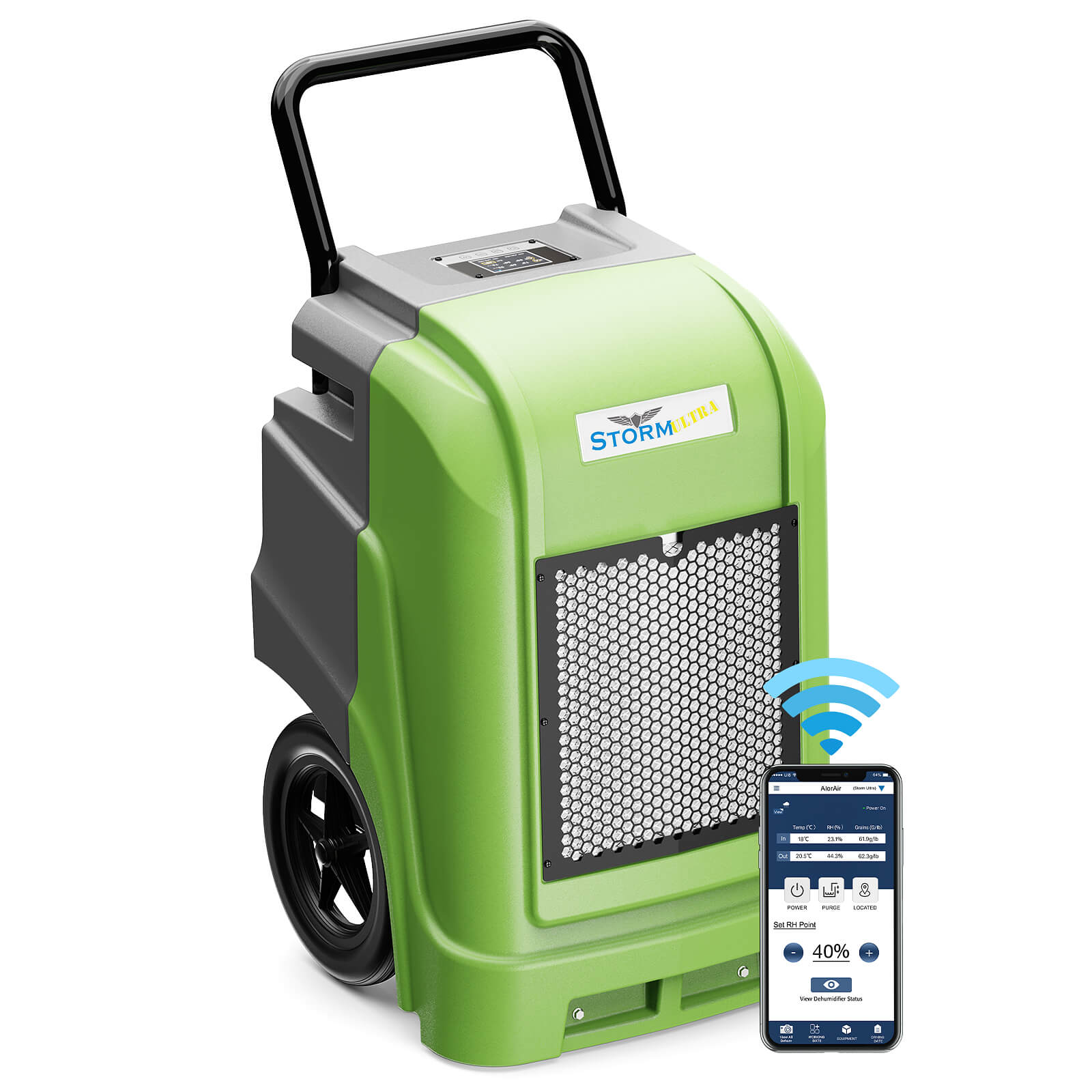
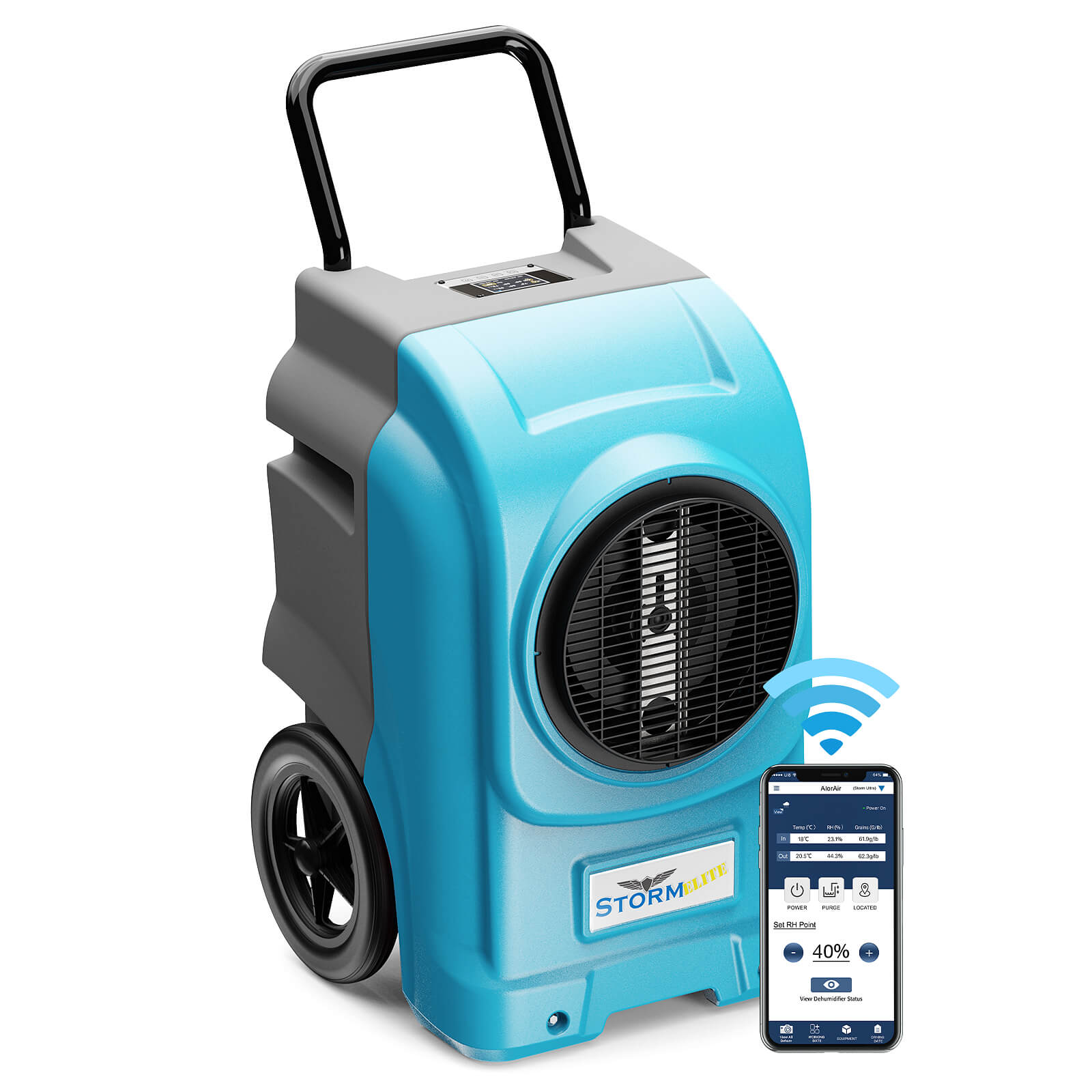
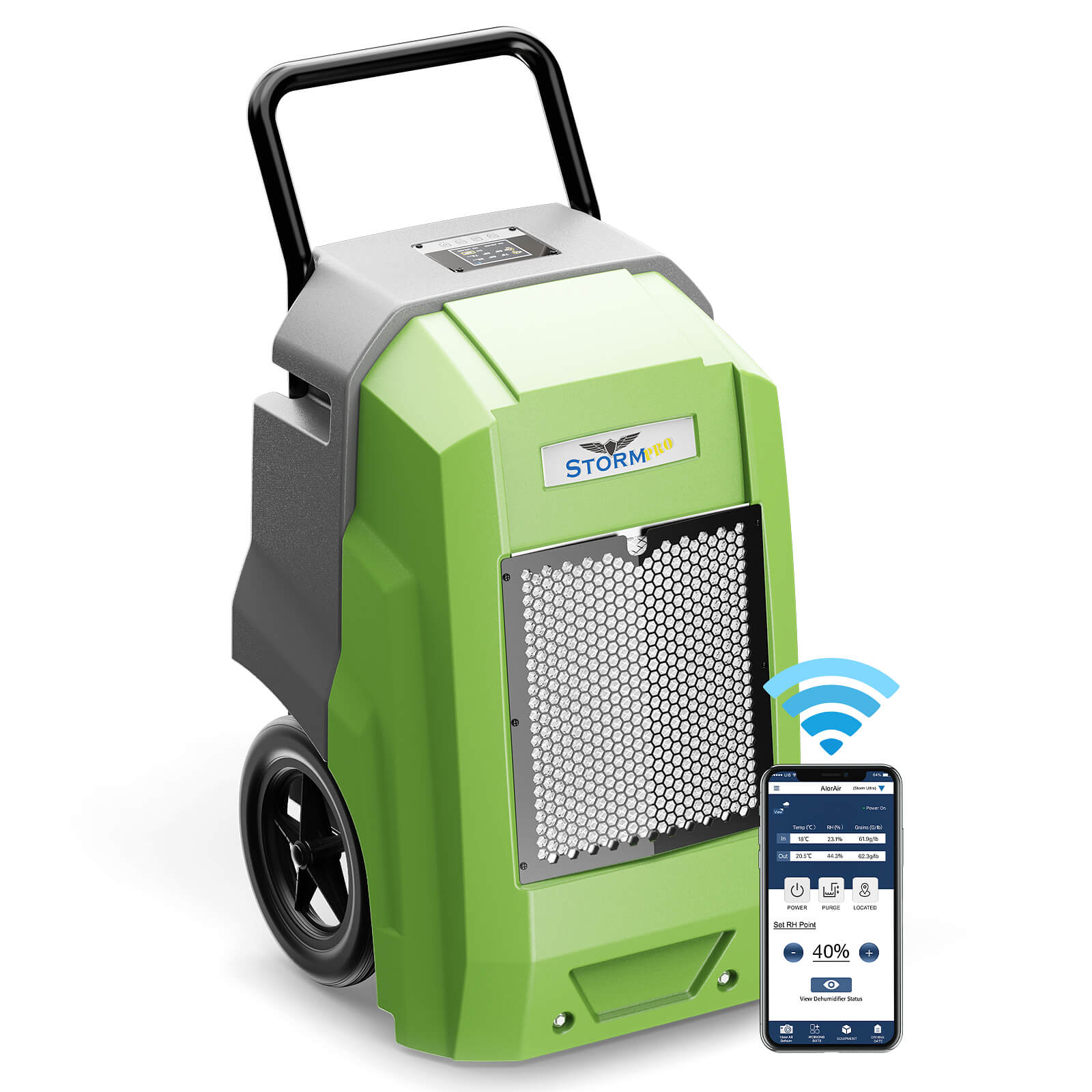
.jpg)
.jpg)
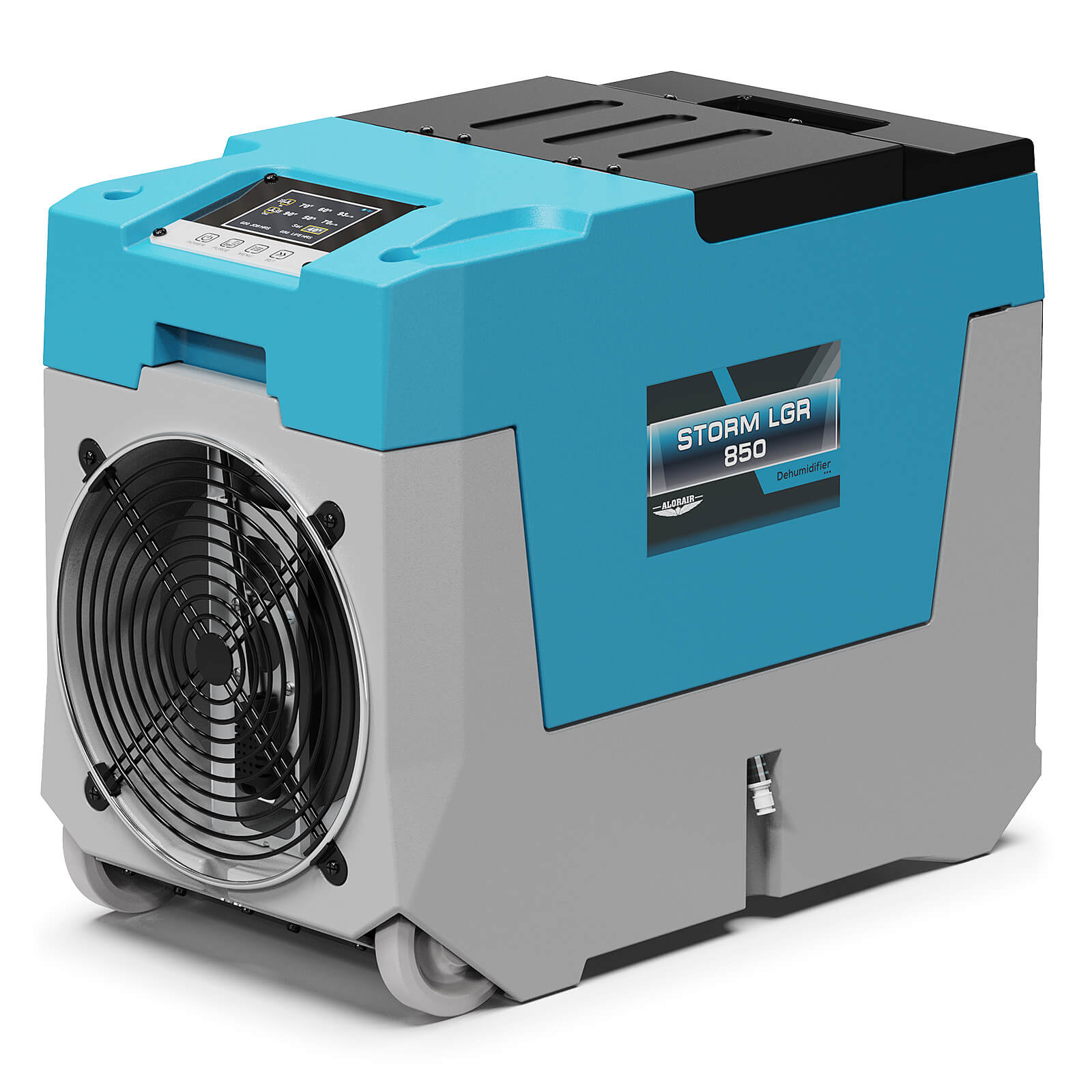
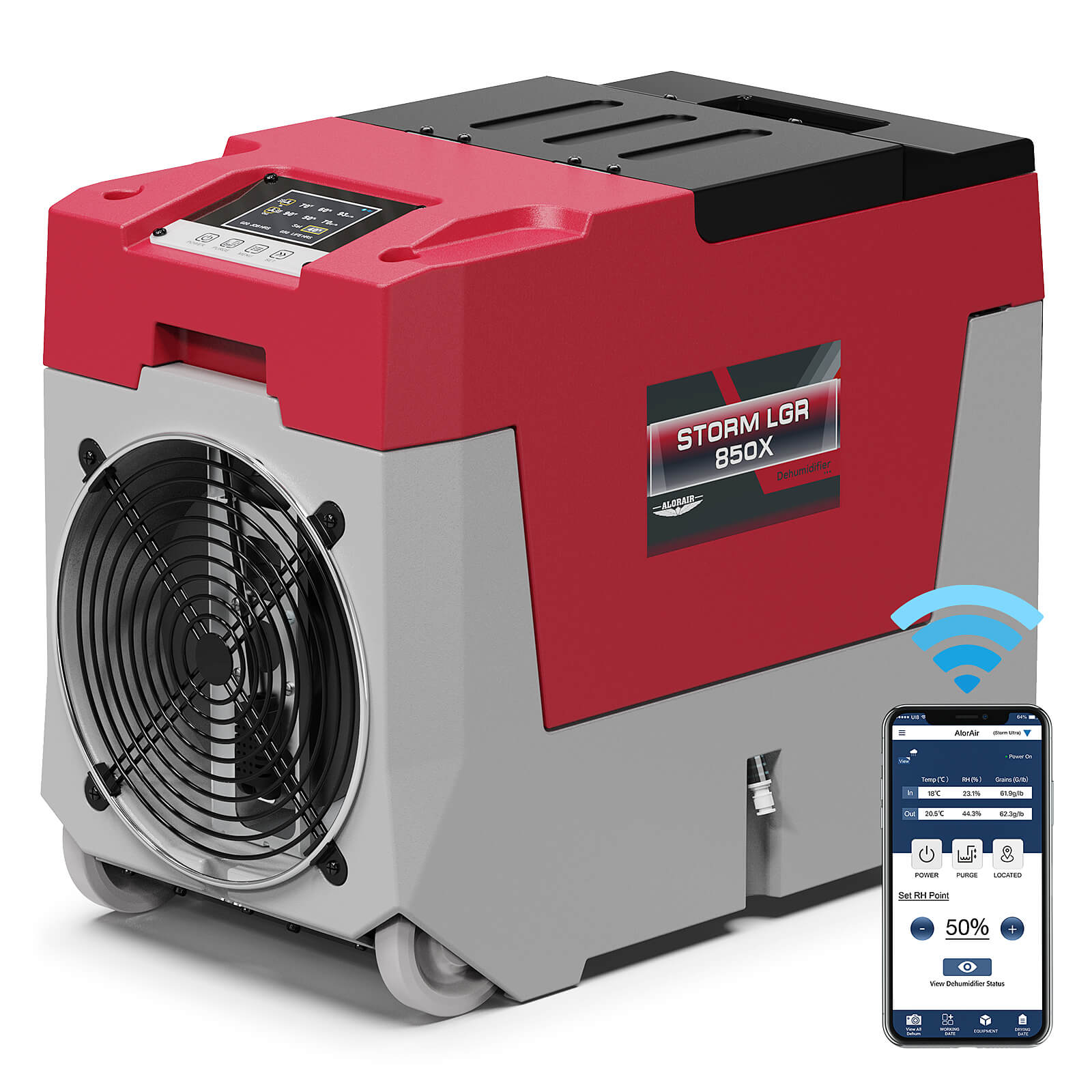
.jpg)
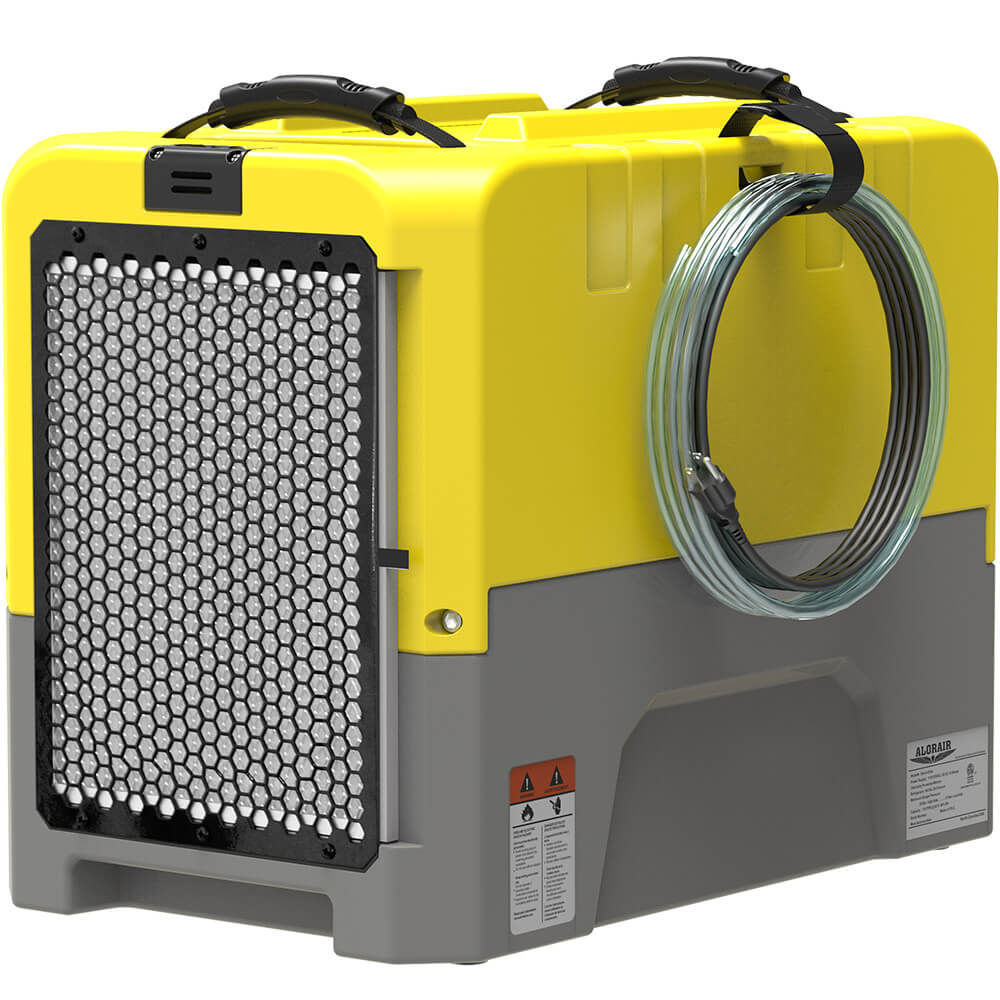
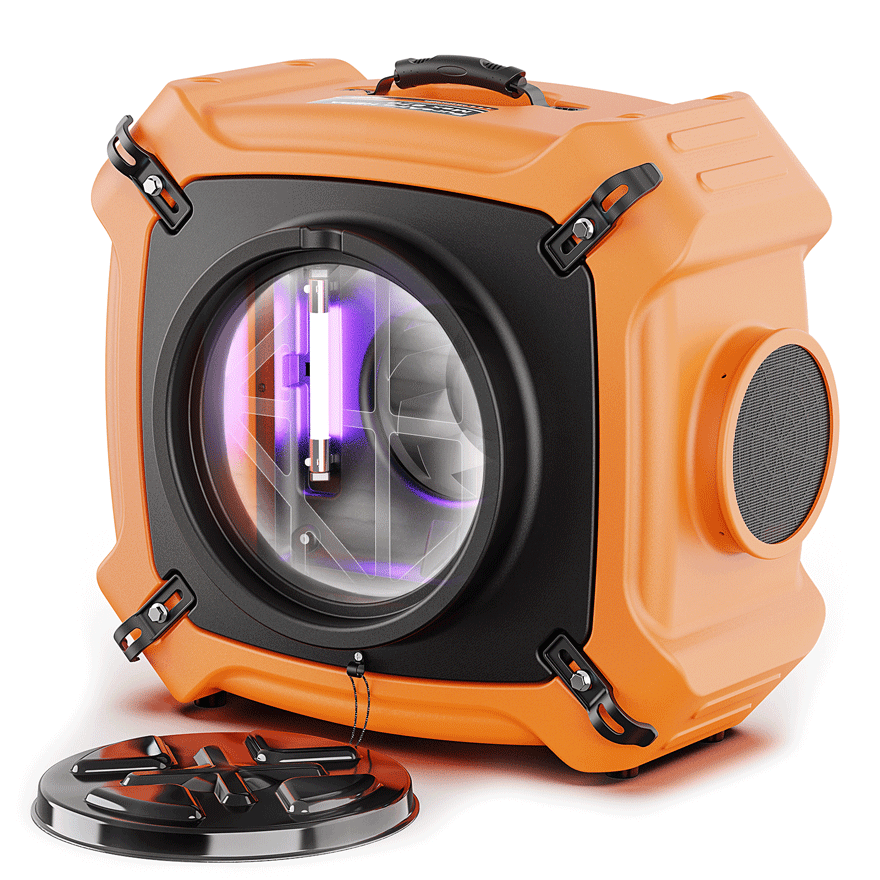
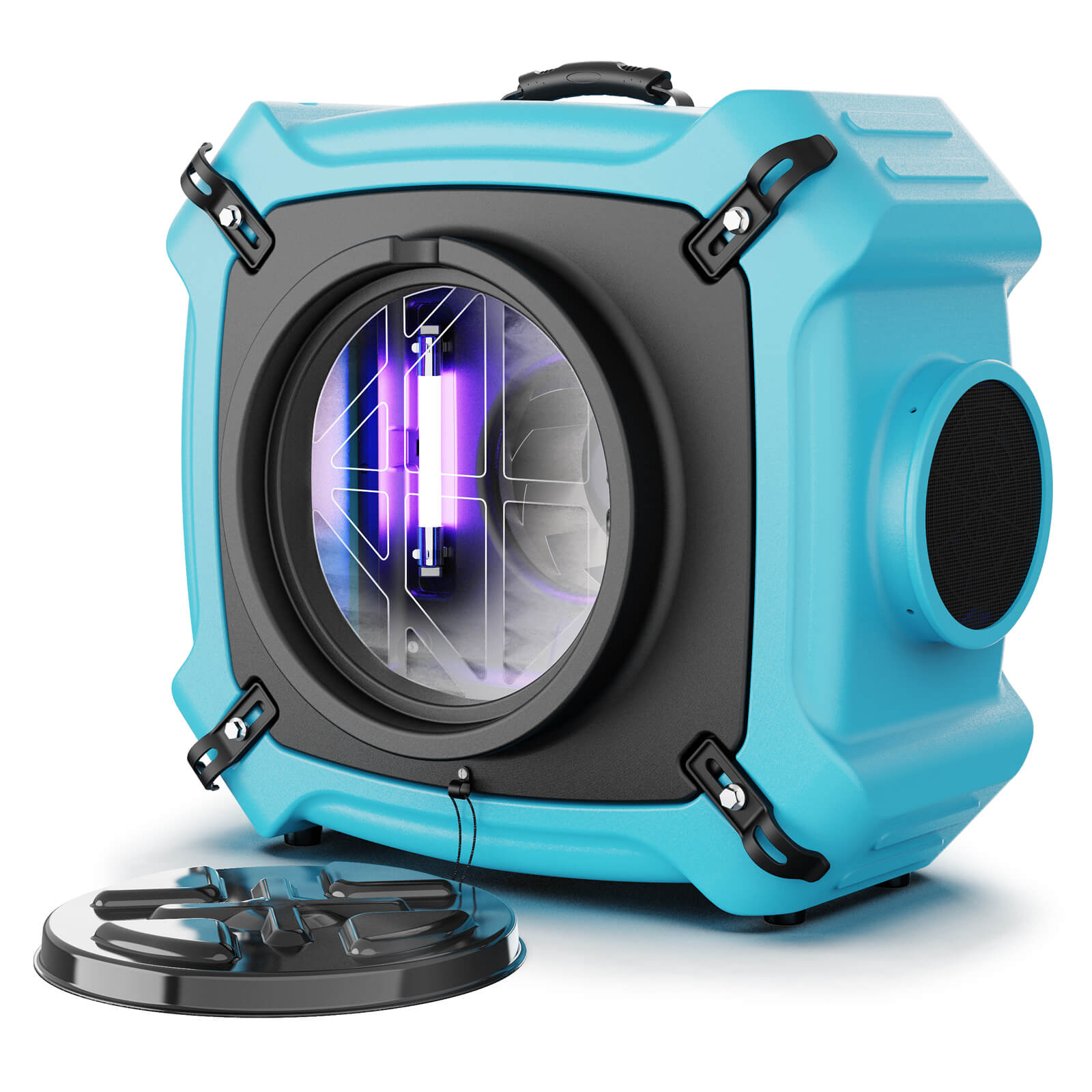
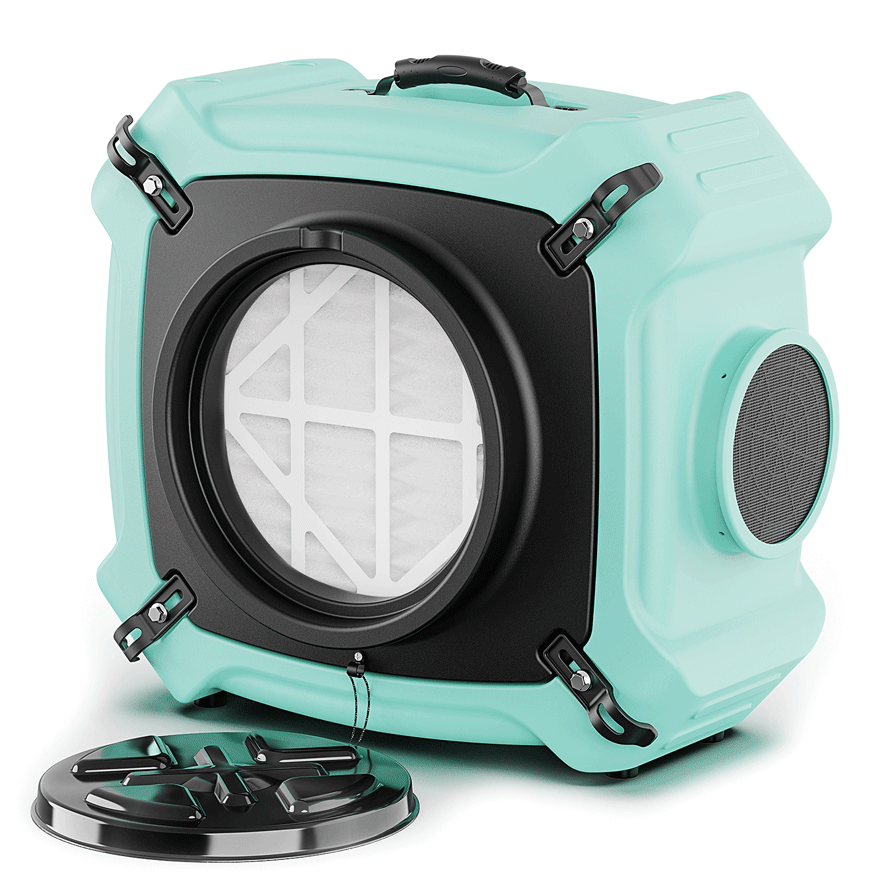
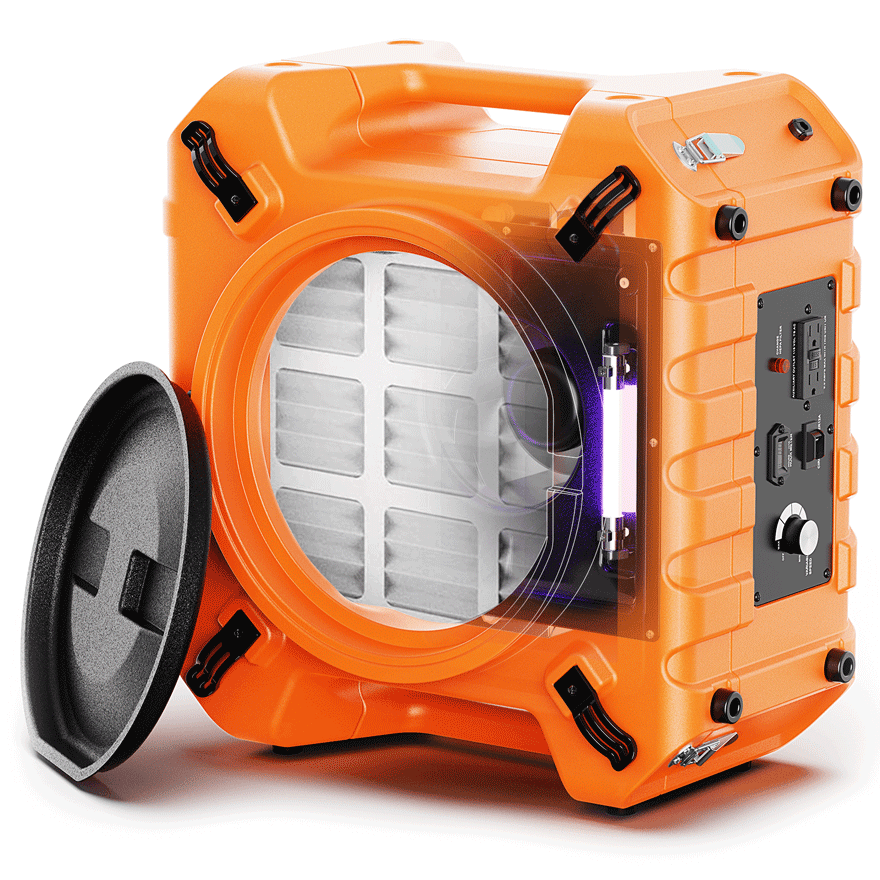
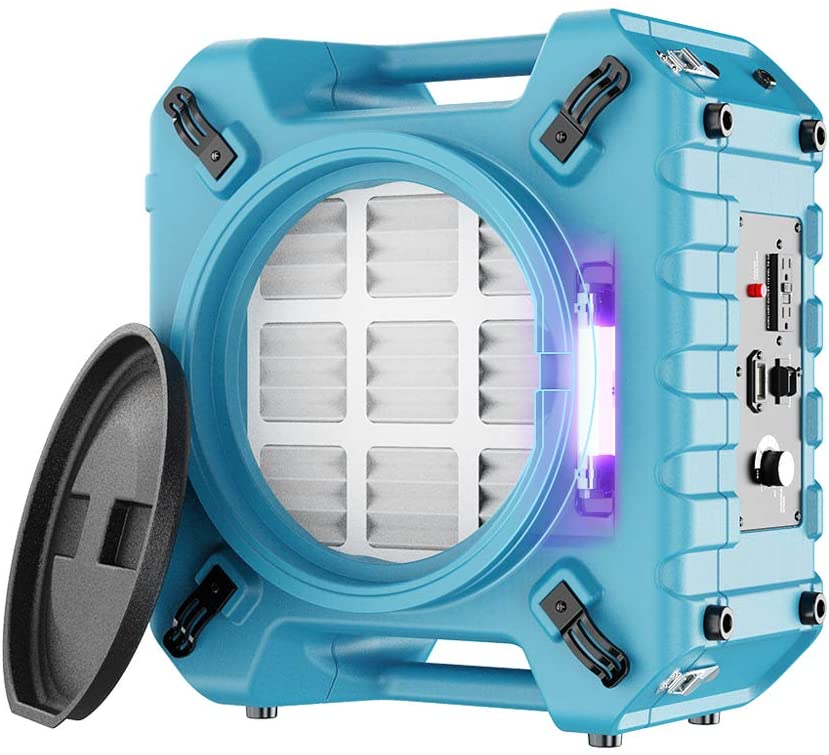
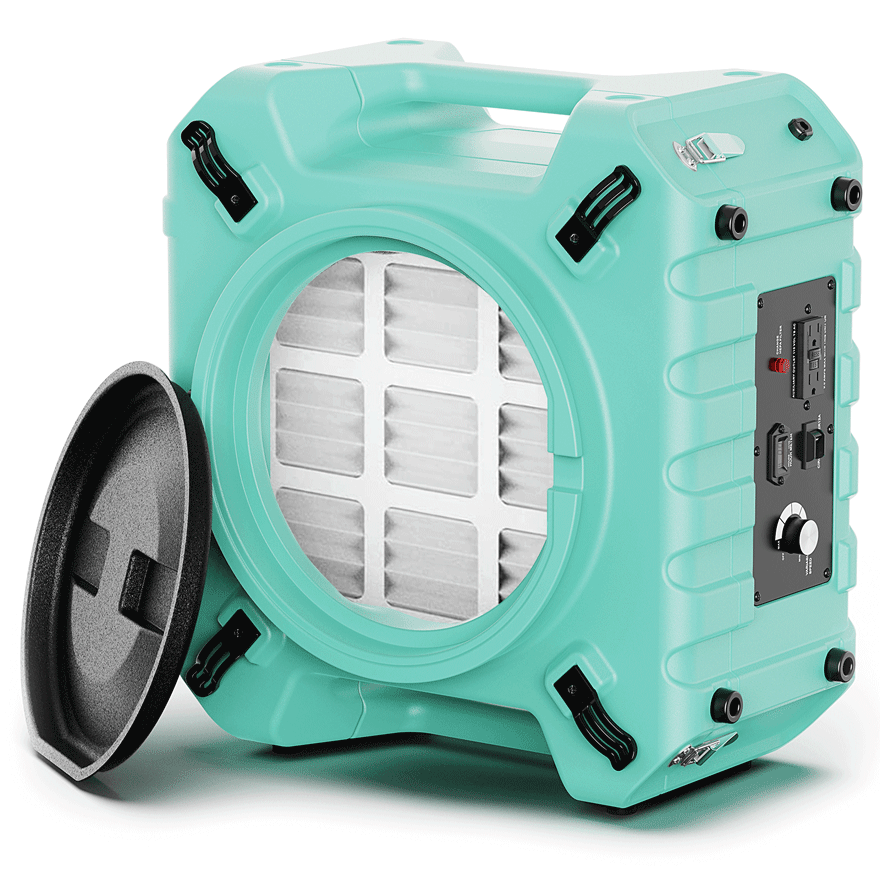
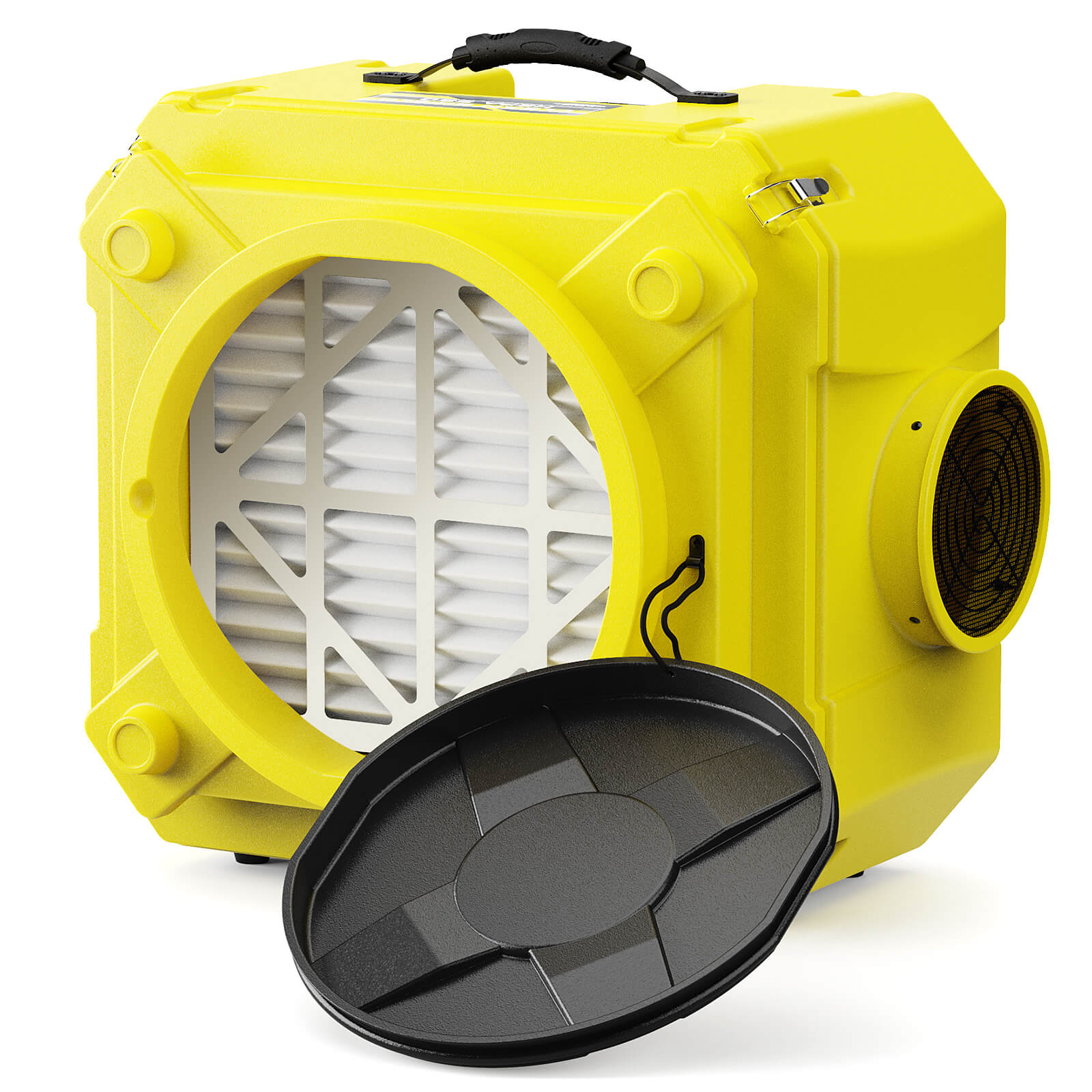
.jpg)
.jpg)
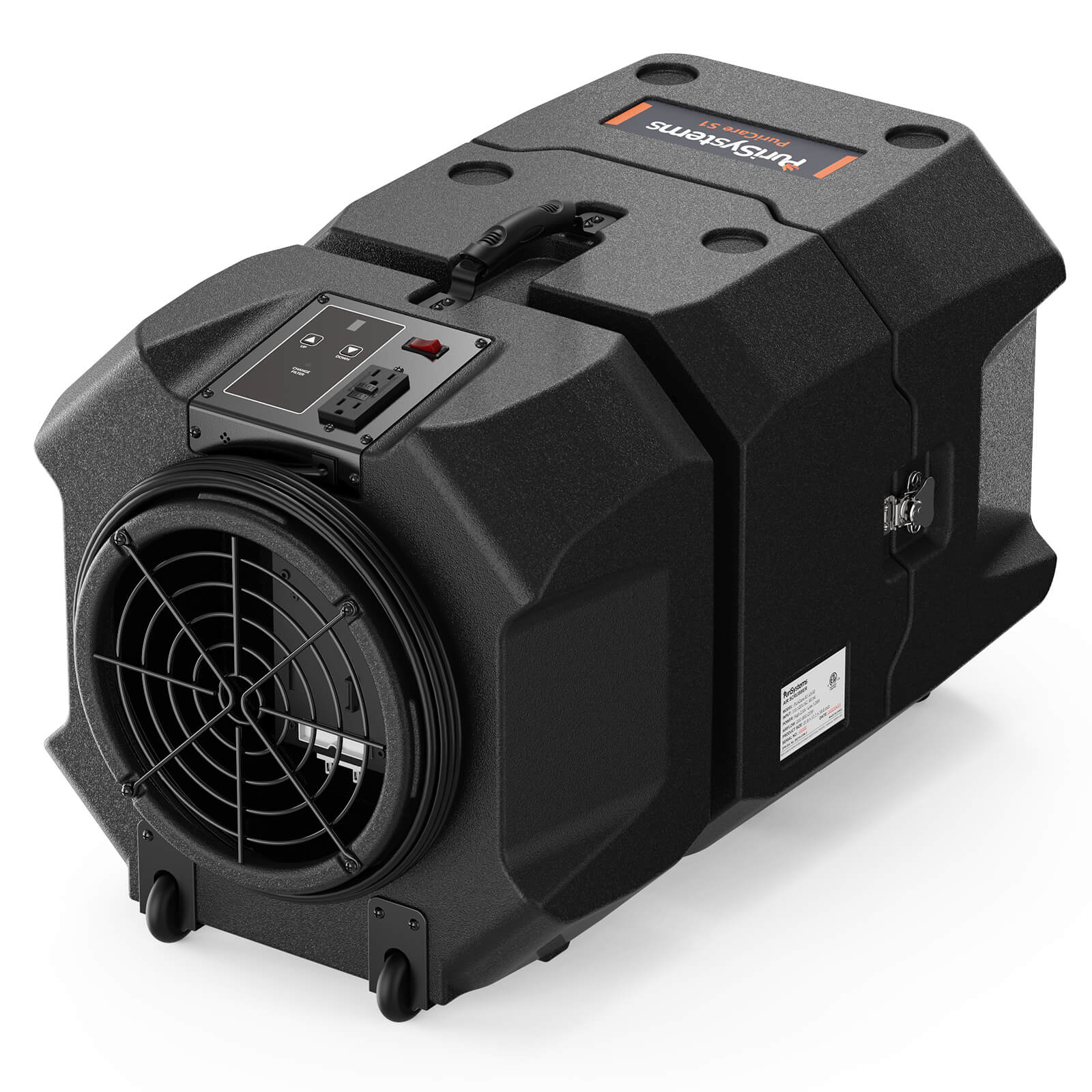
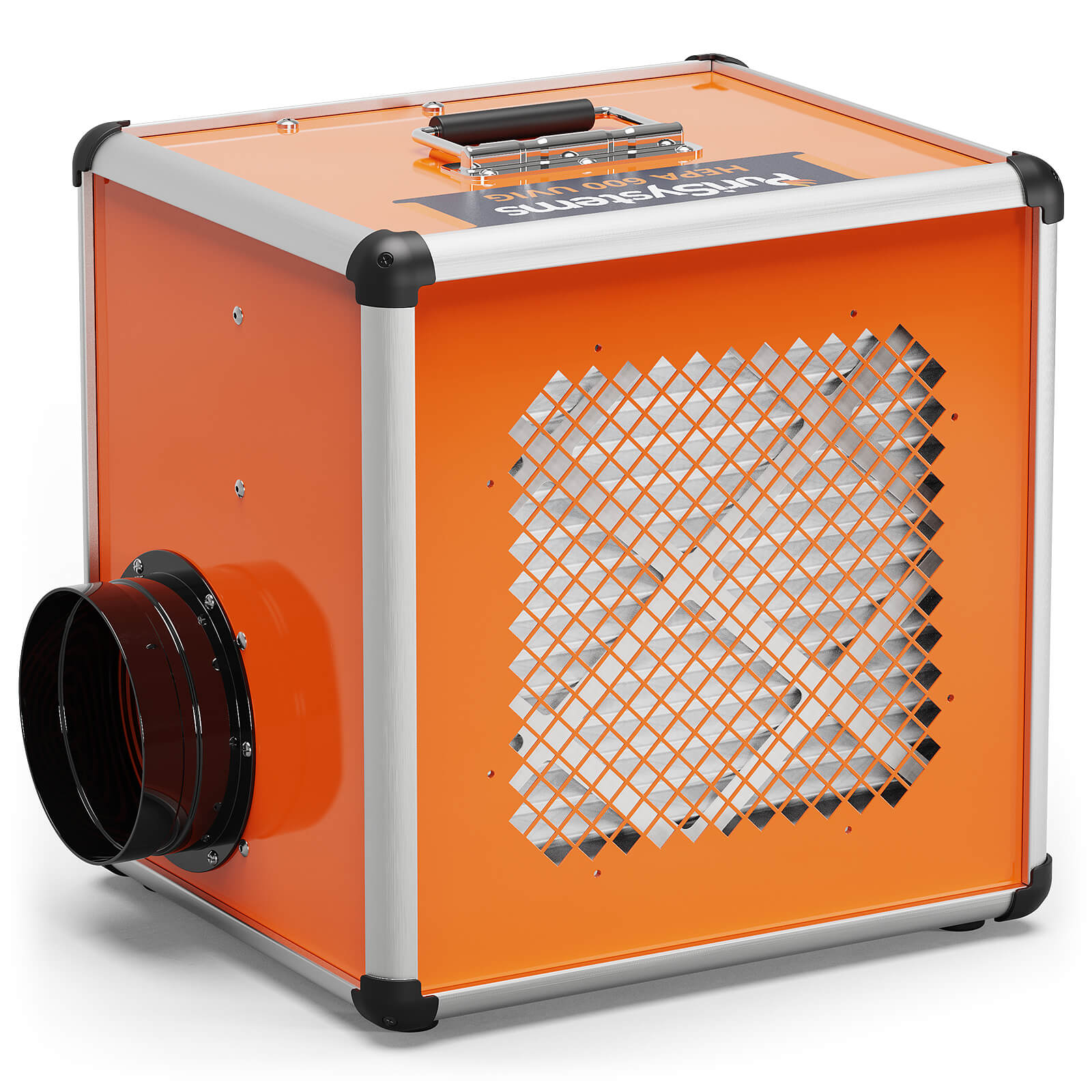
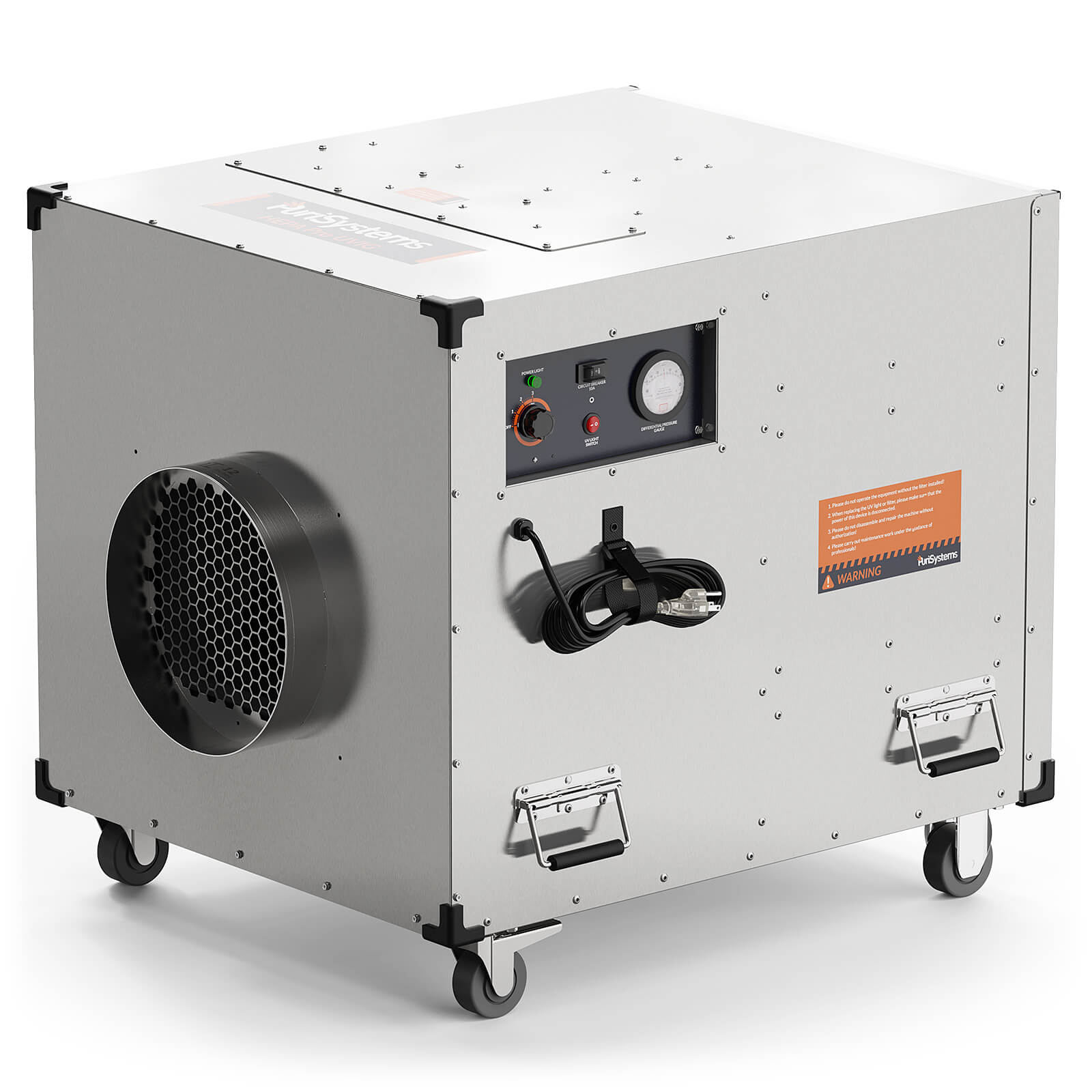
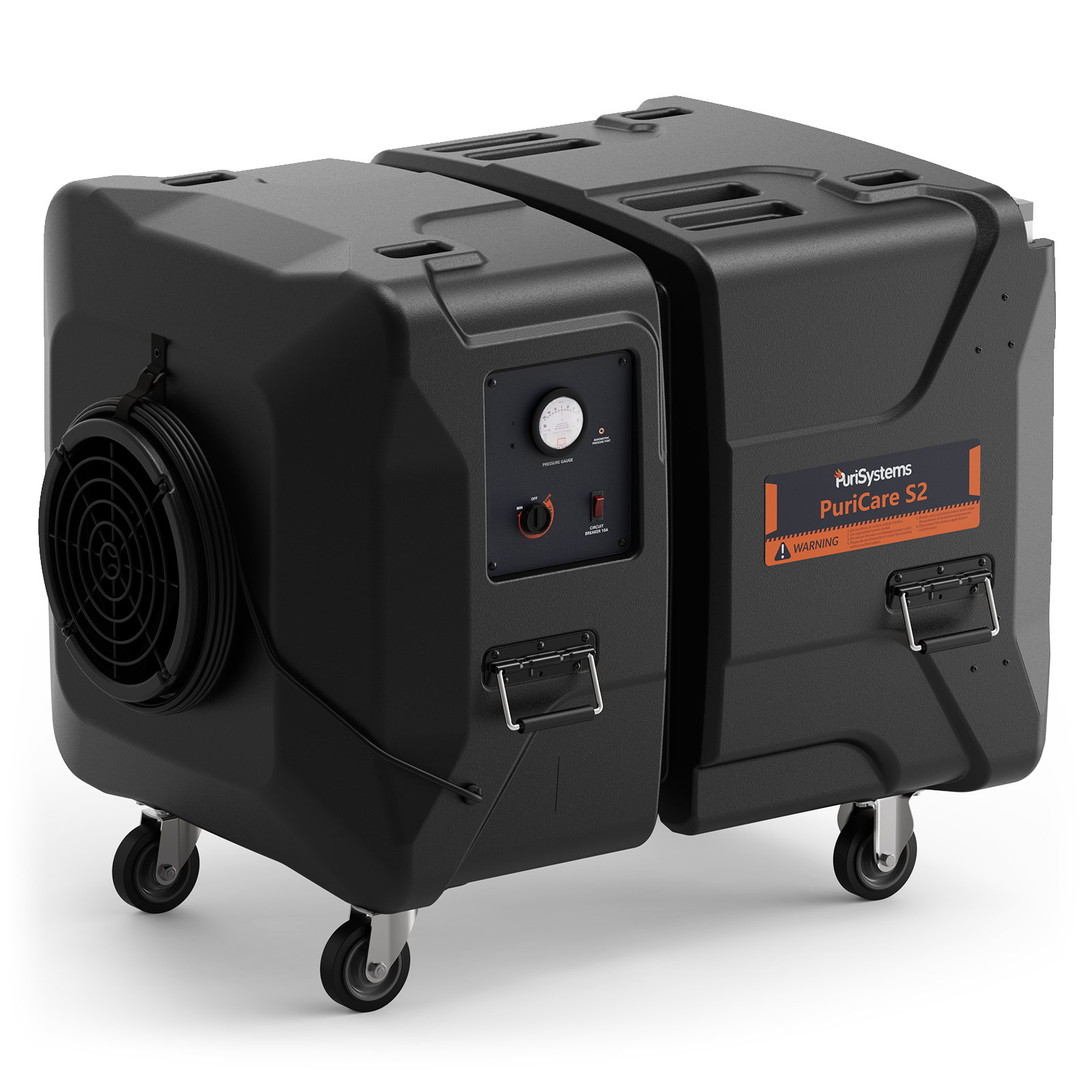
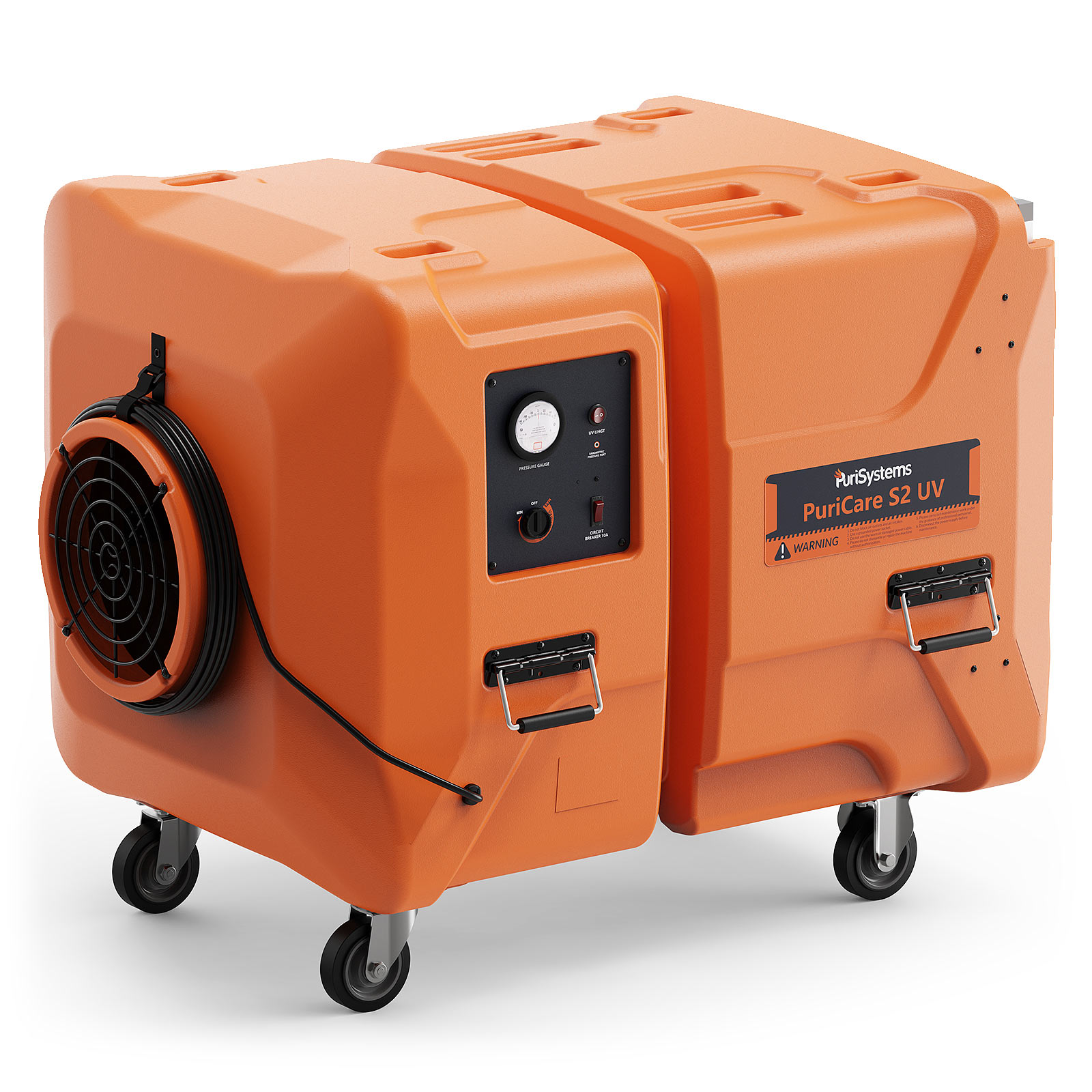
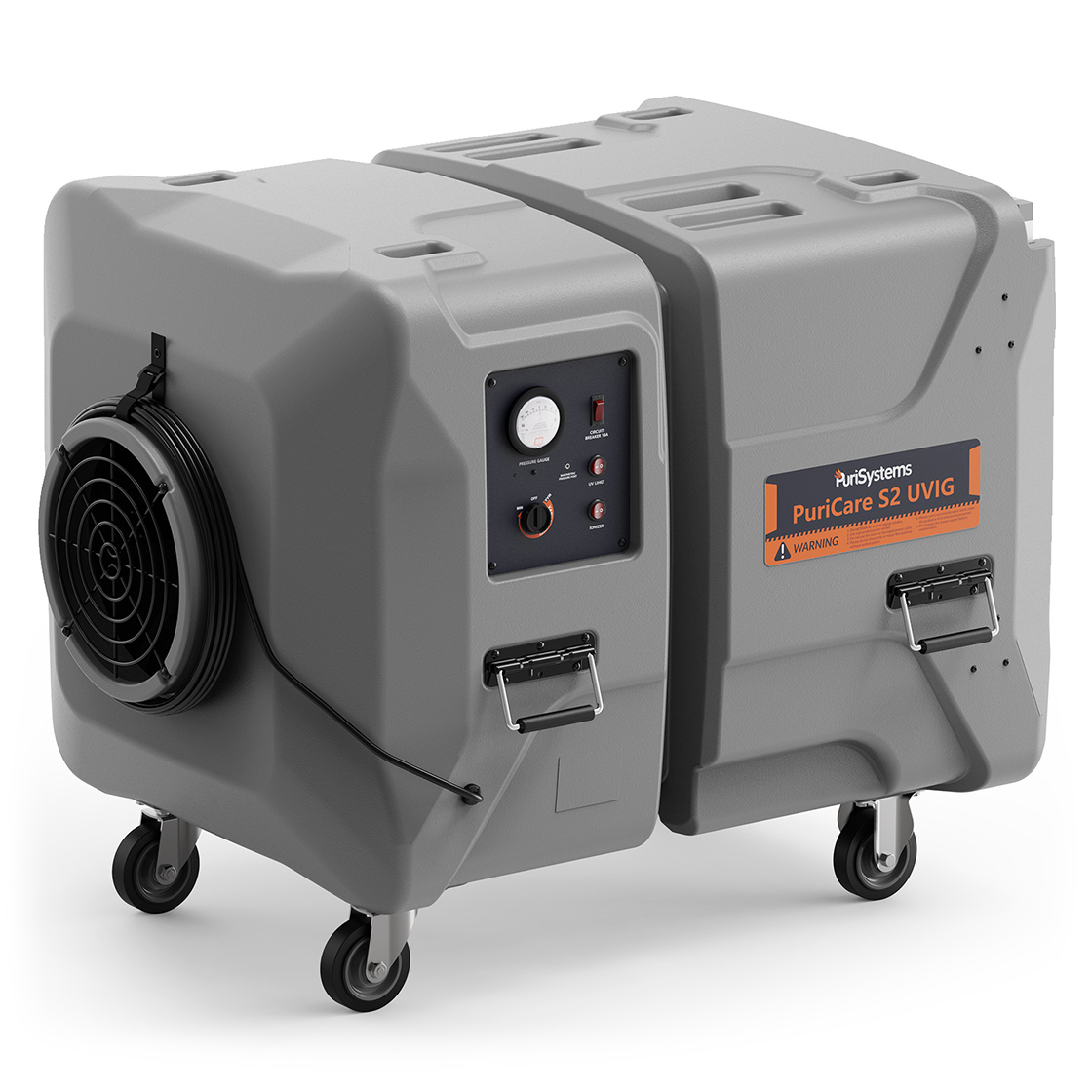
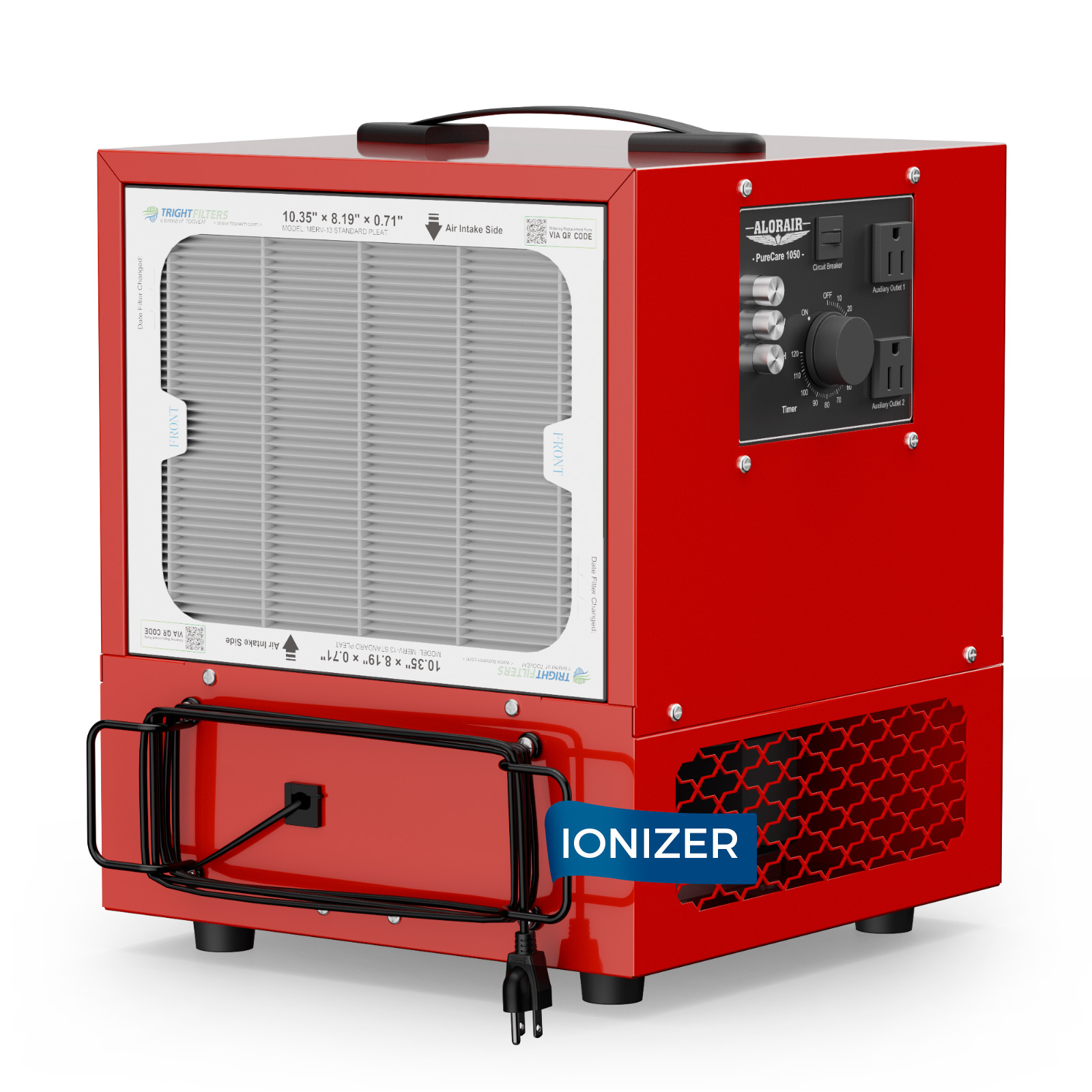
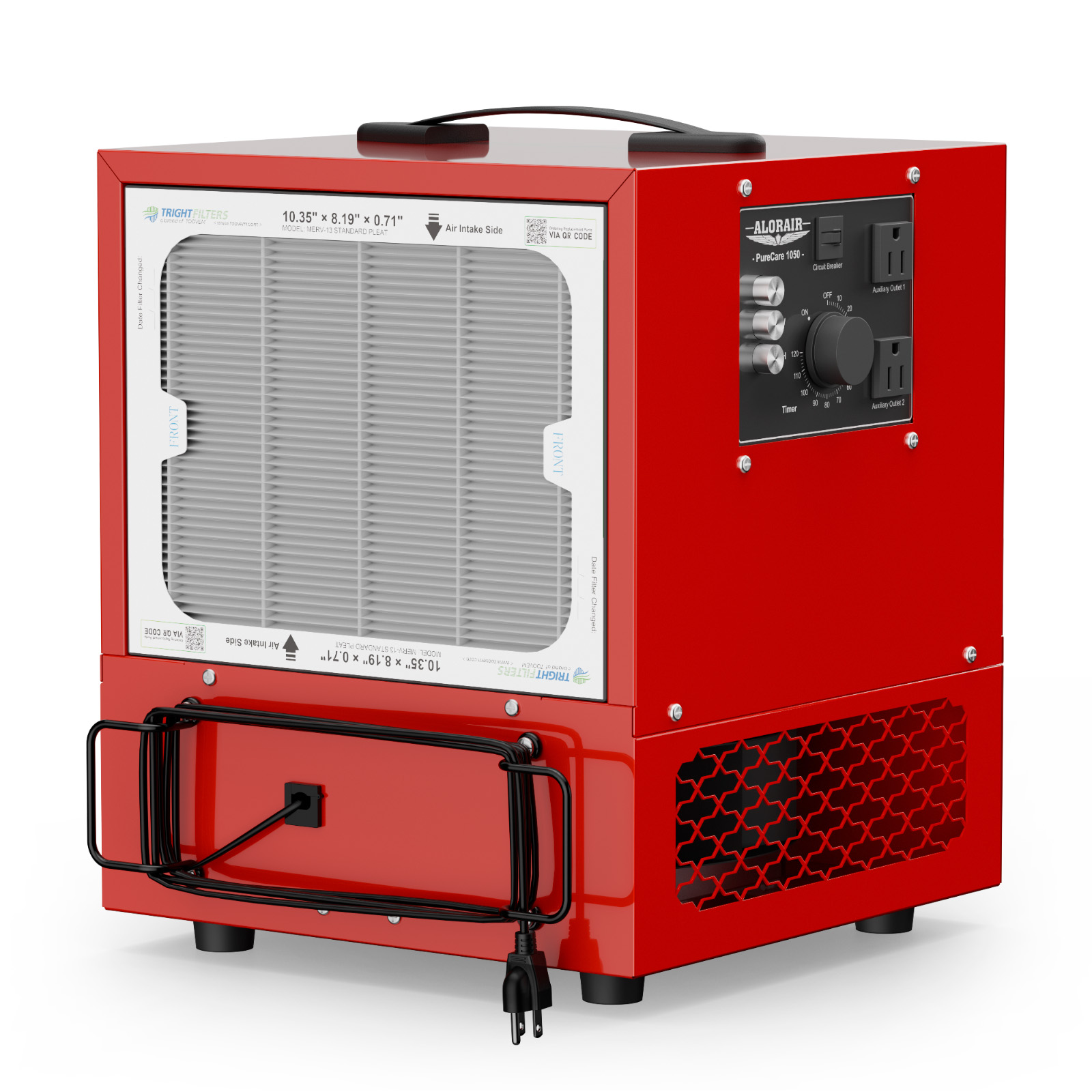
.jpg)
.jpg)
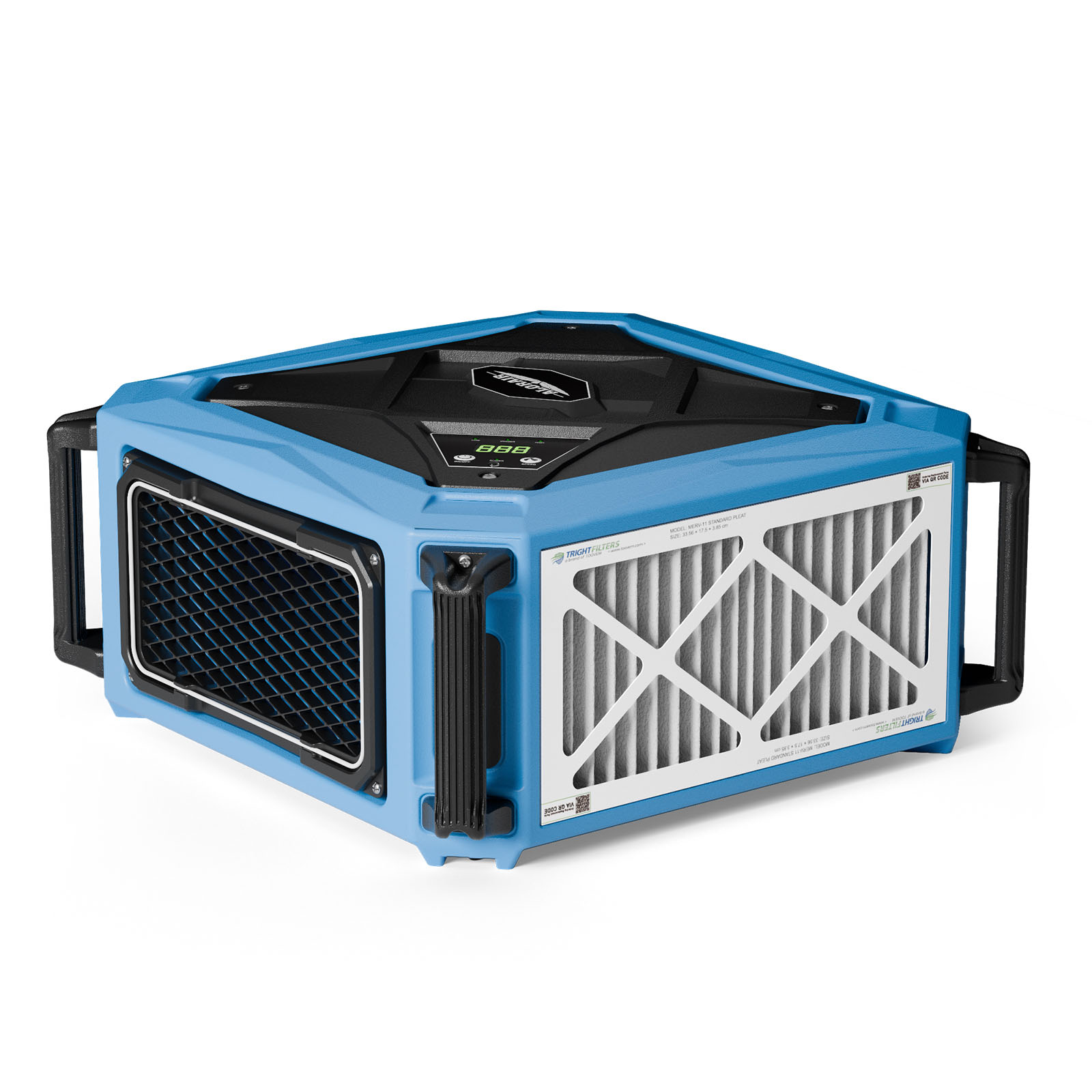
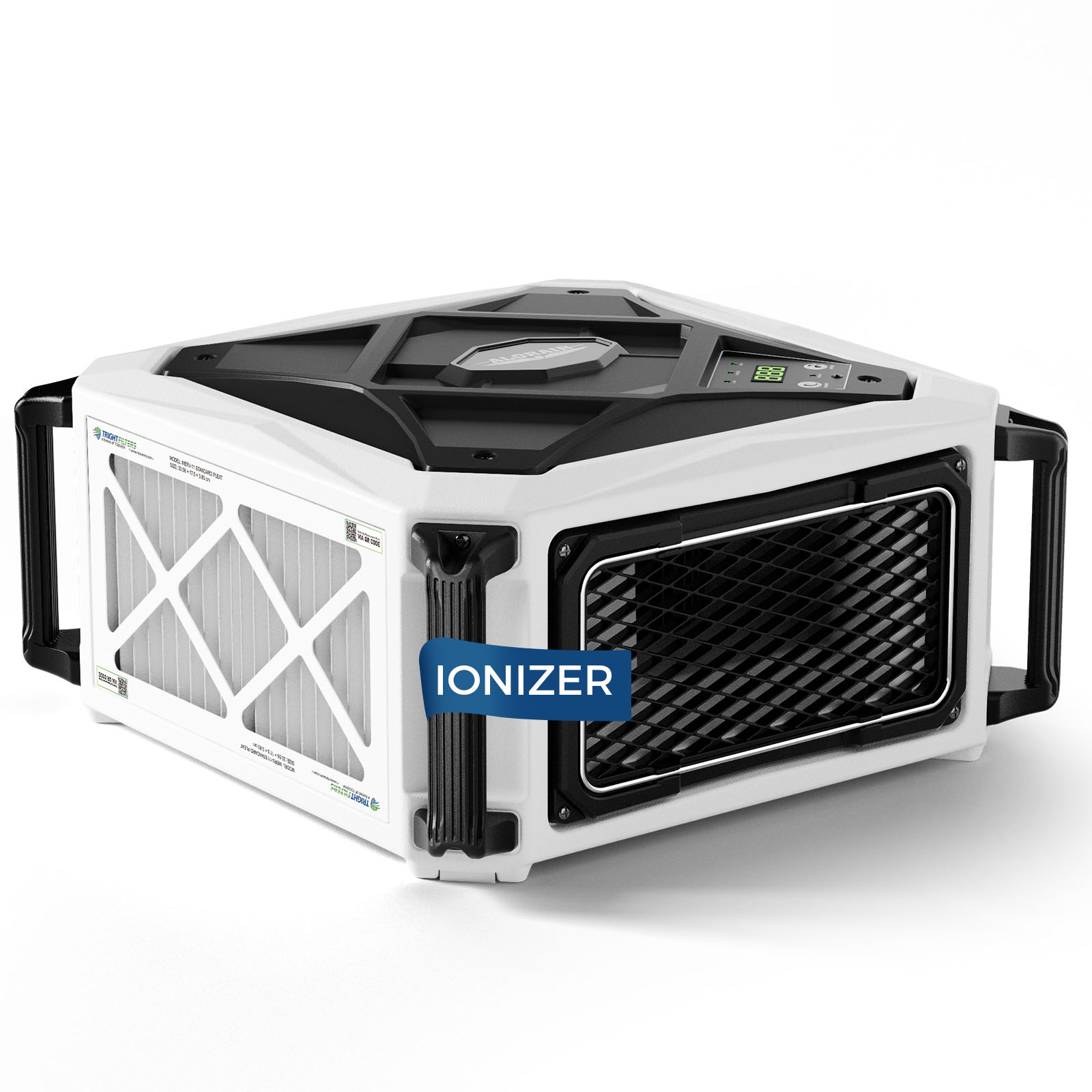
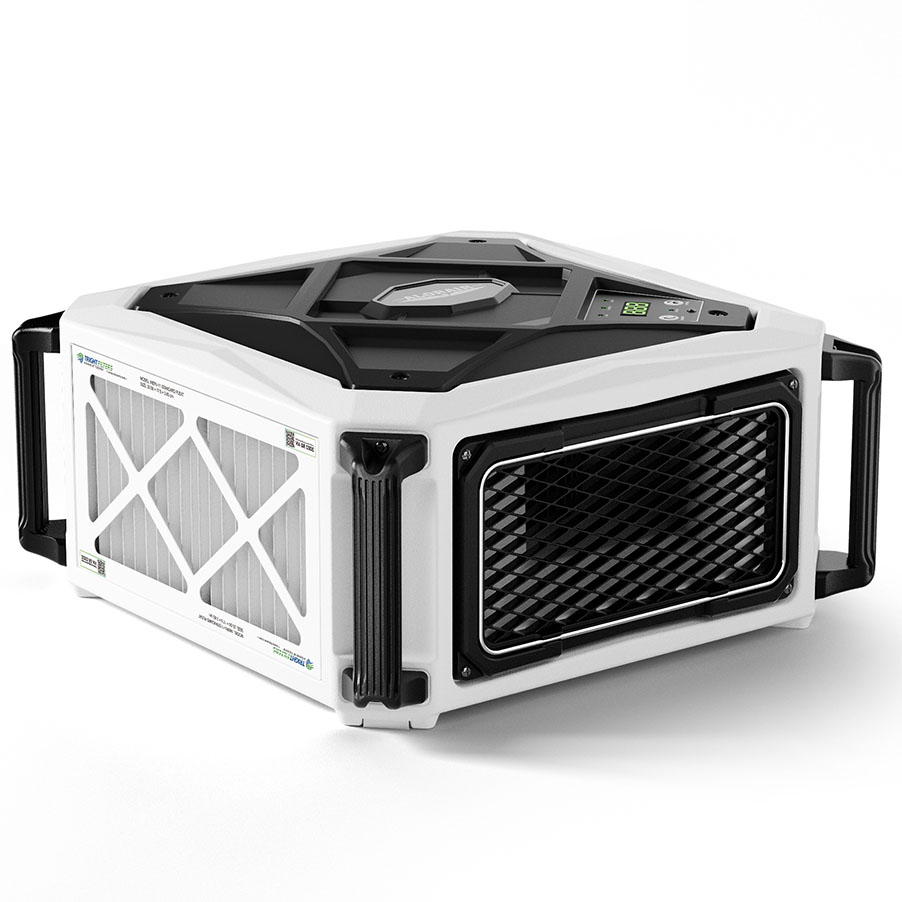
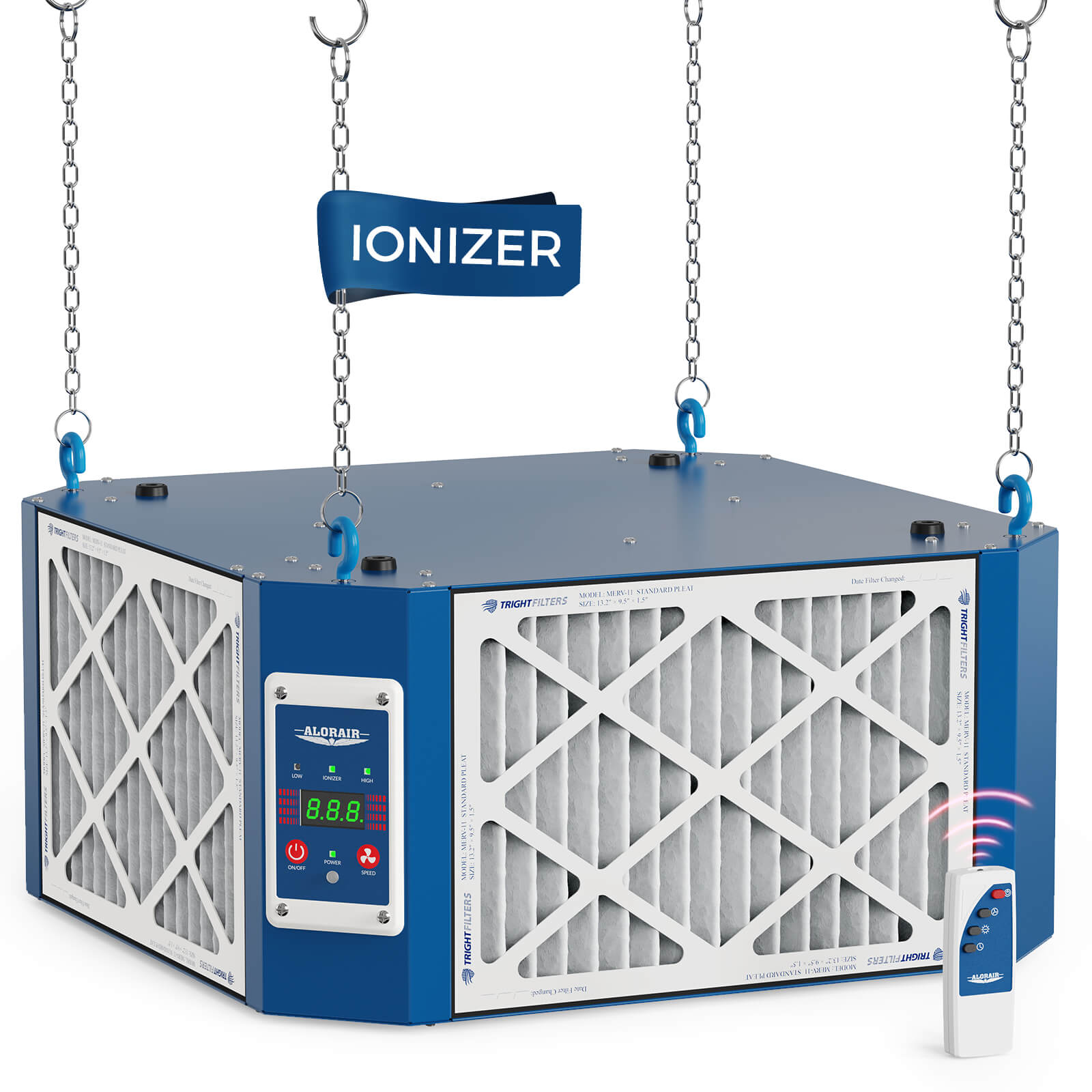
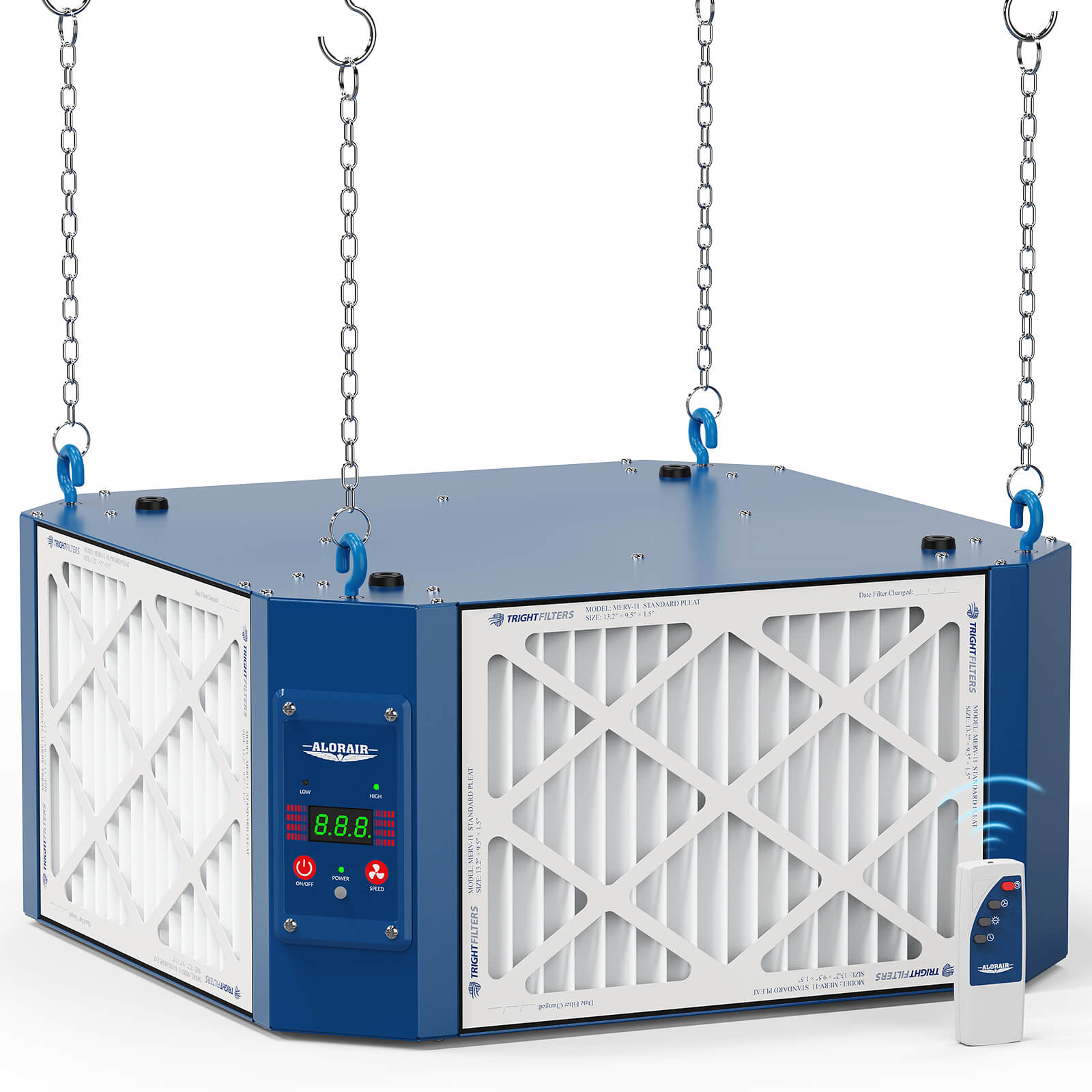
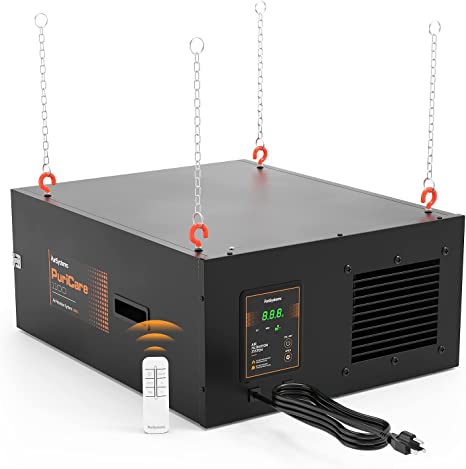
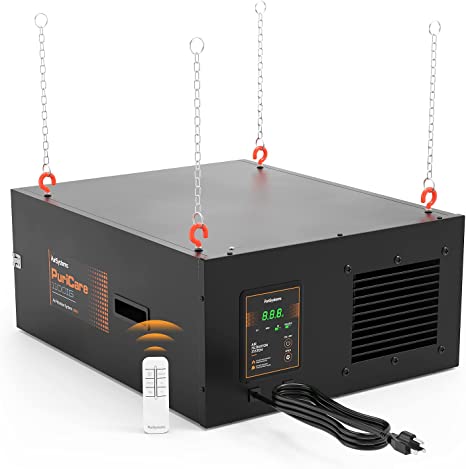
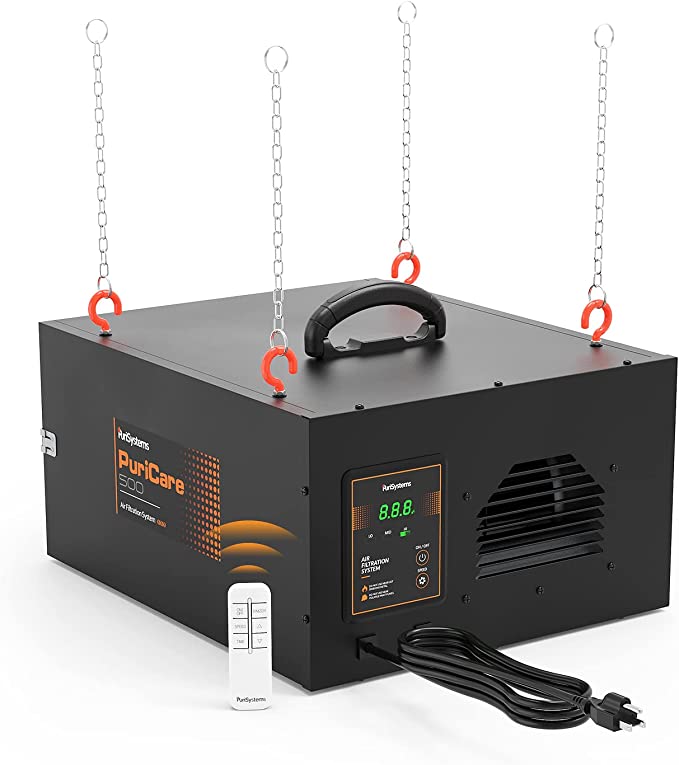
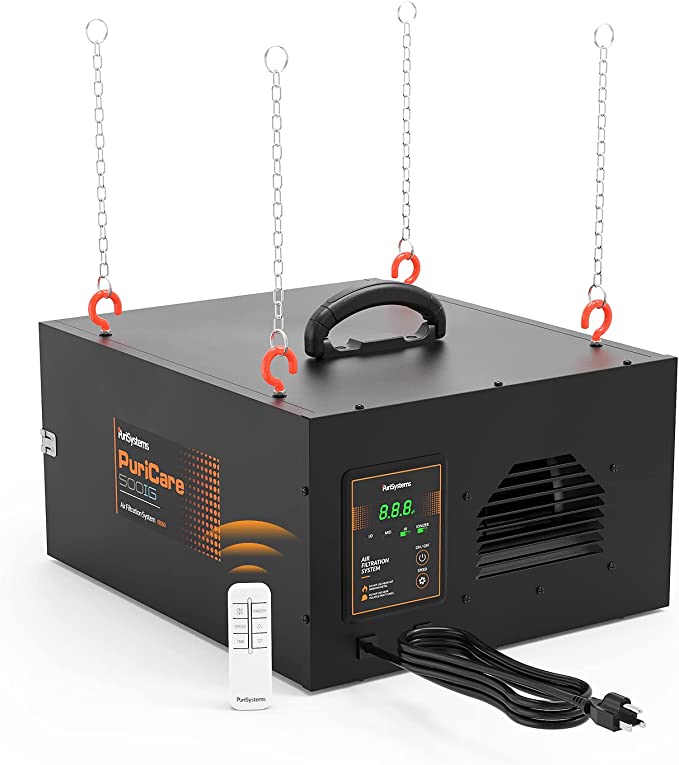
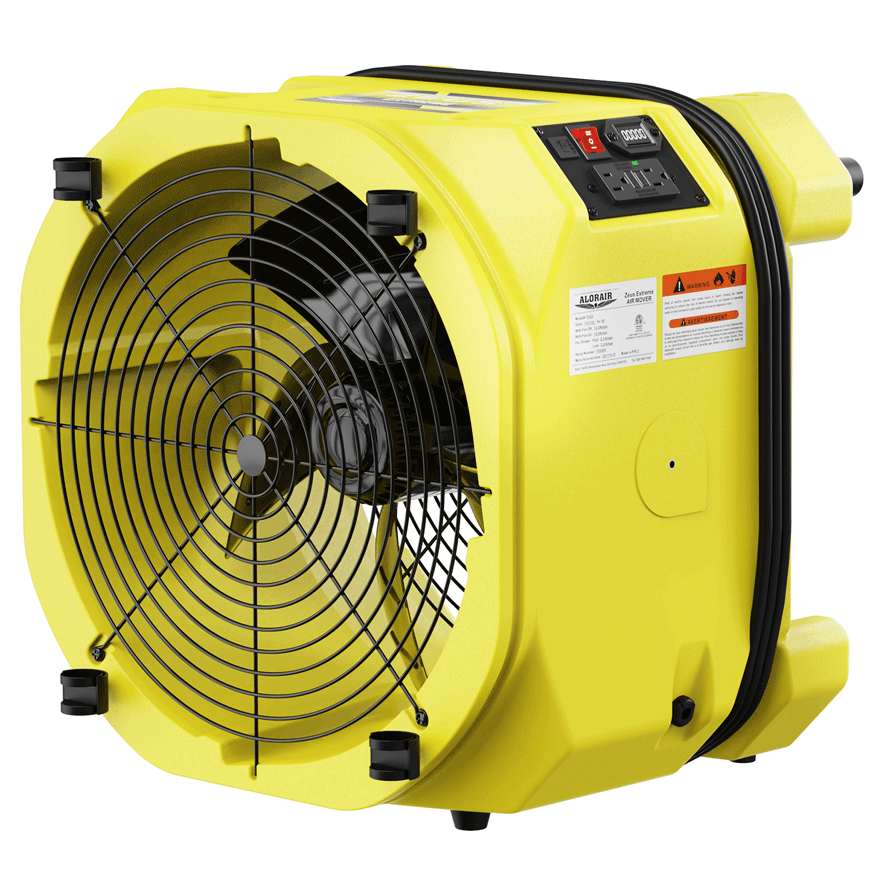
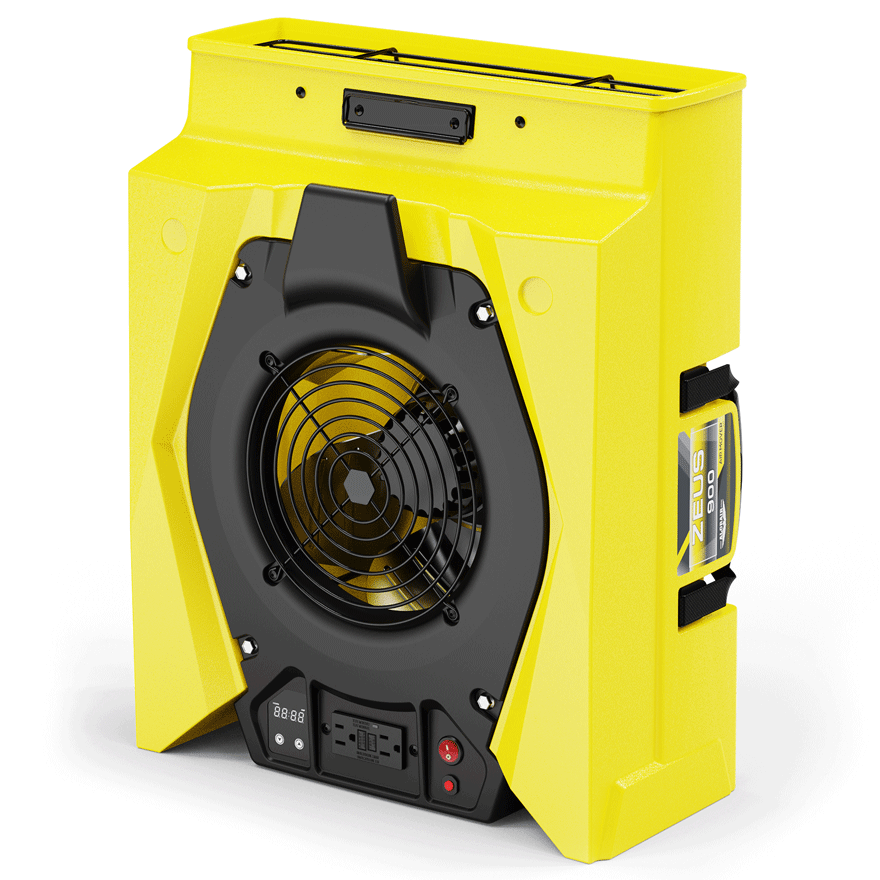
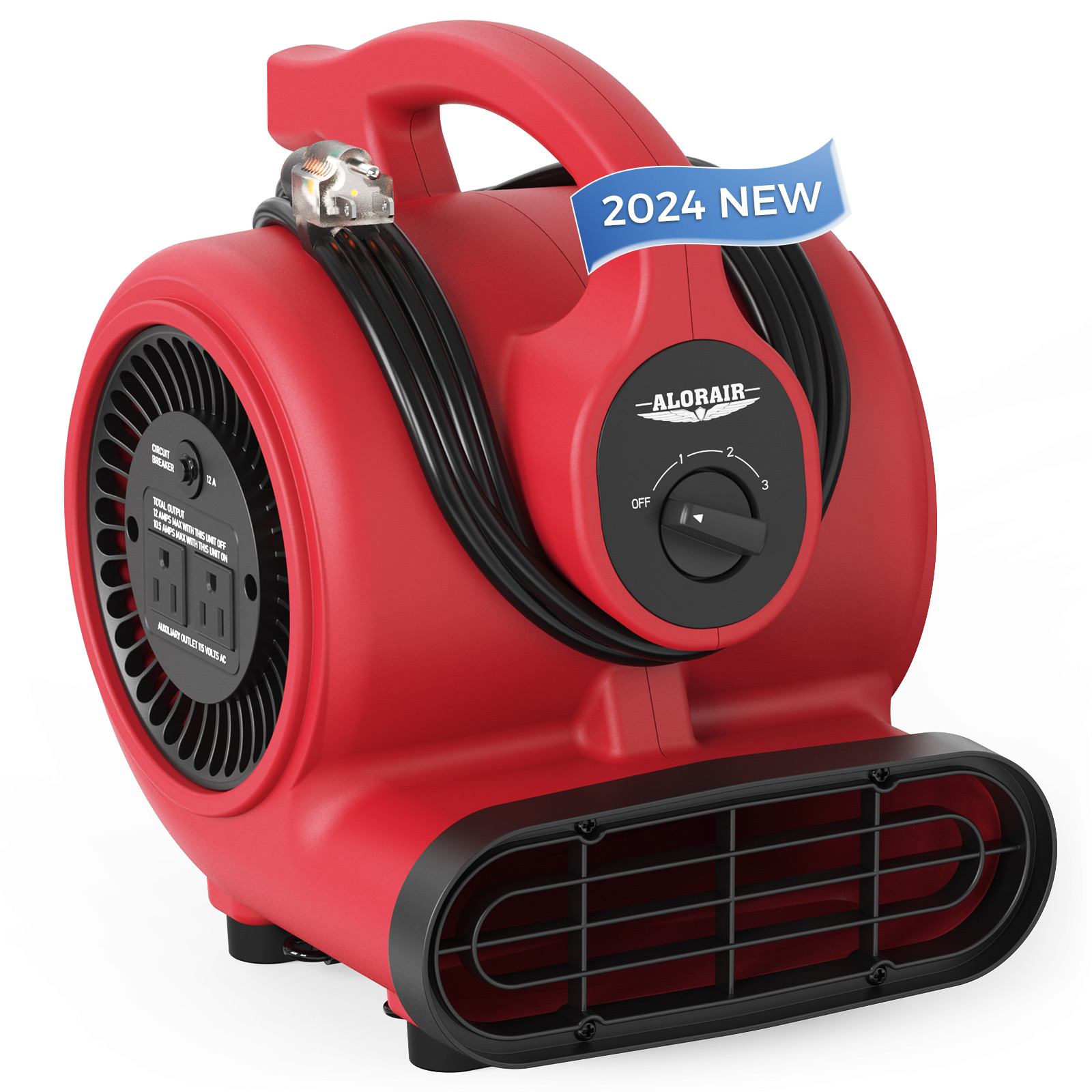
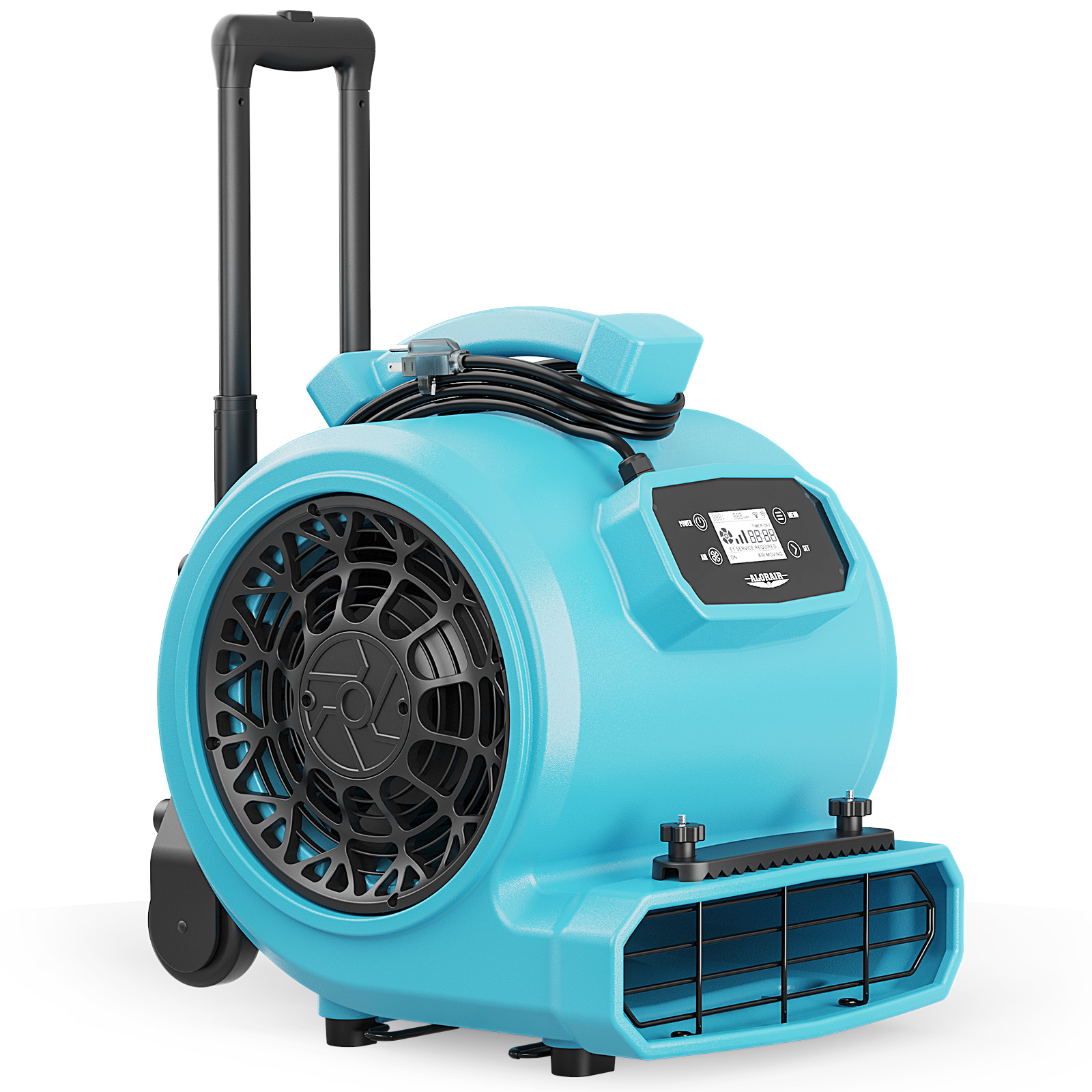
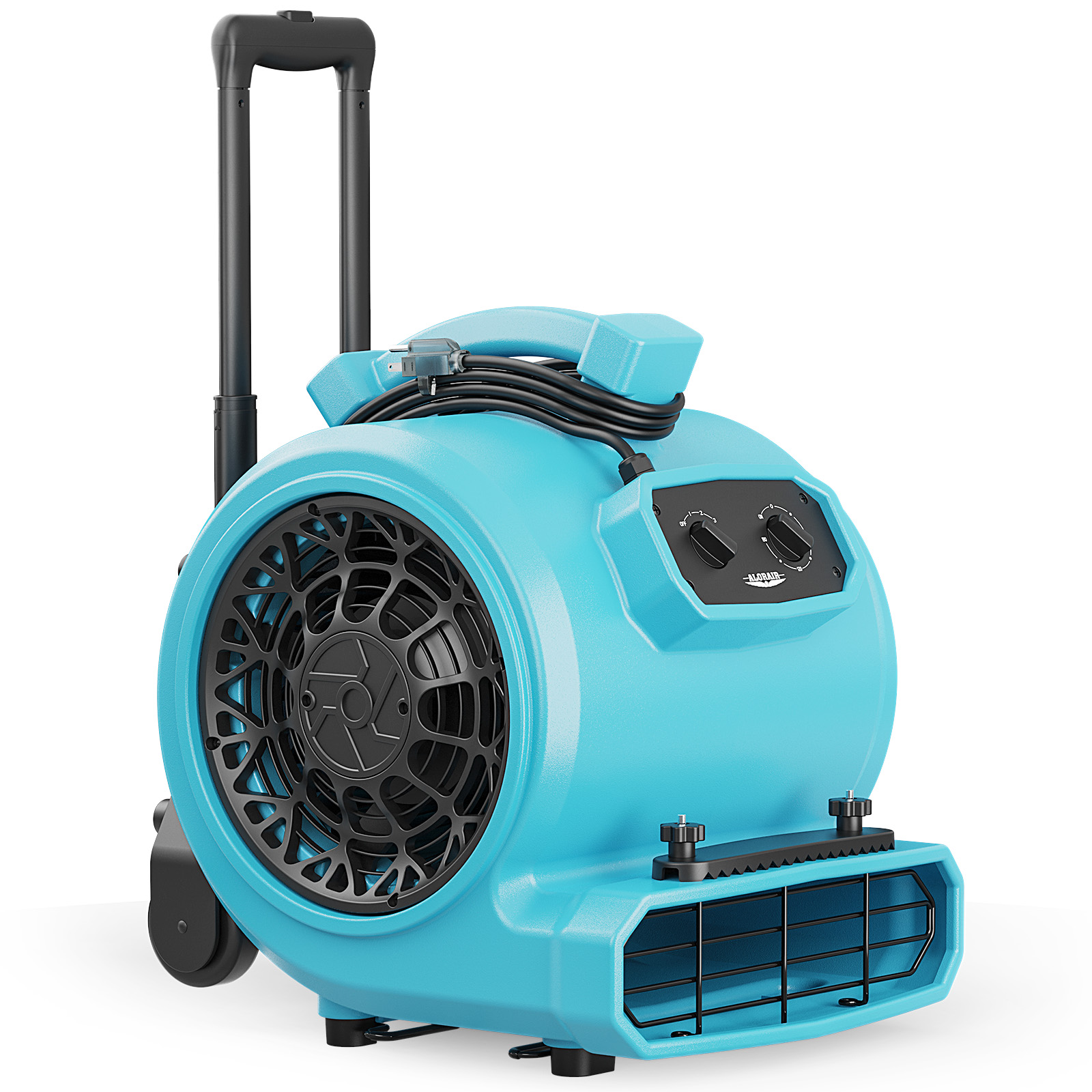
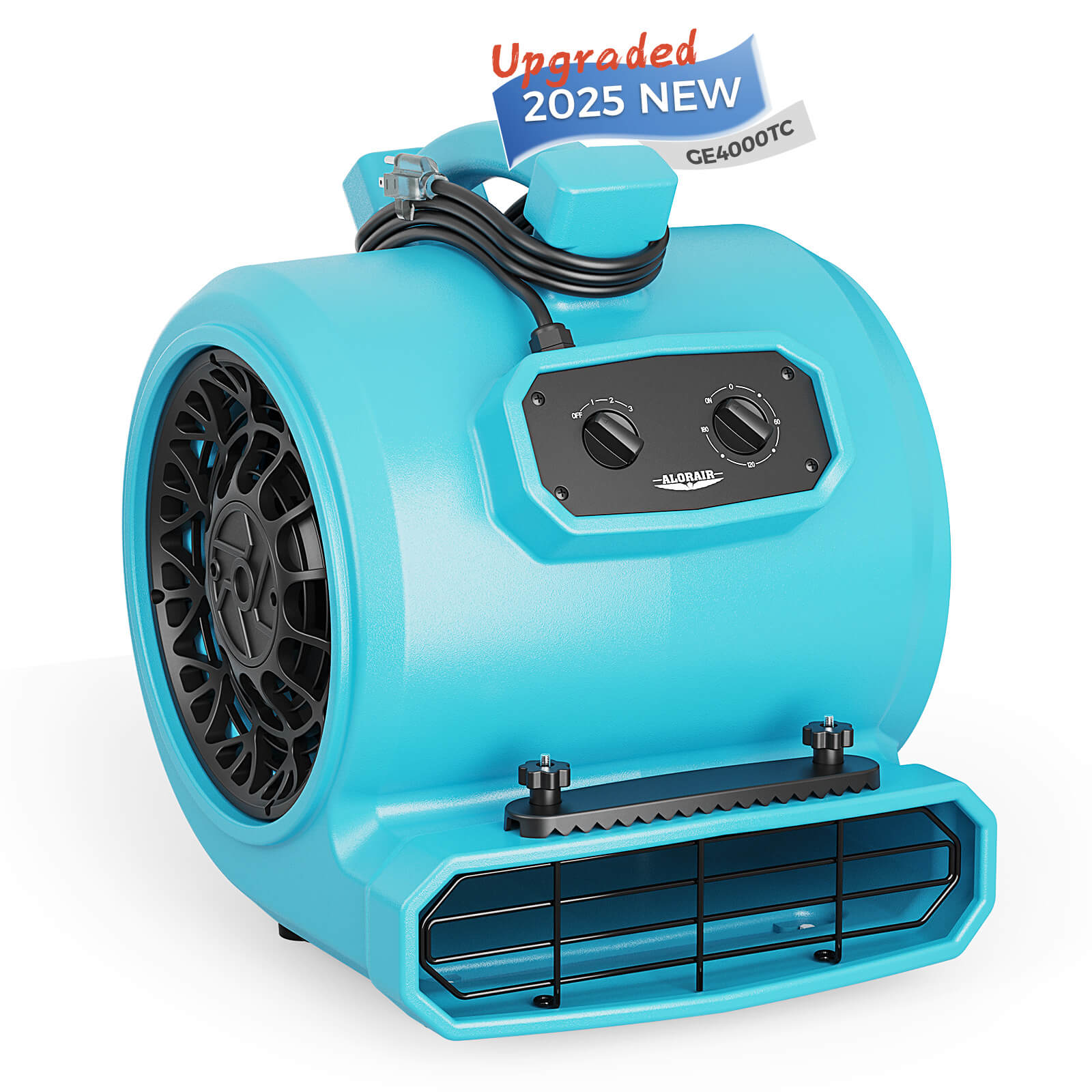
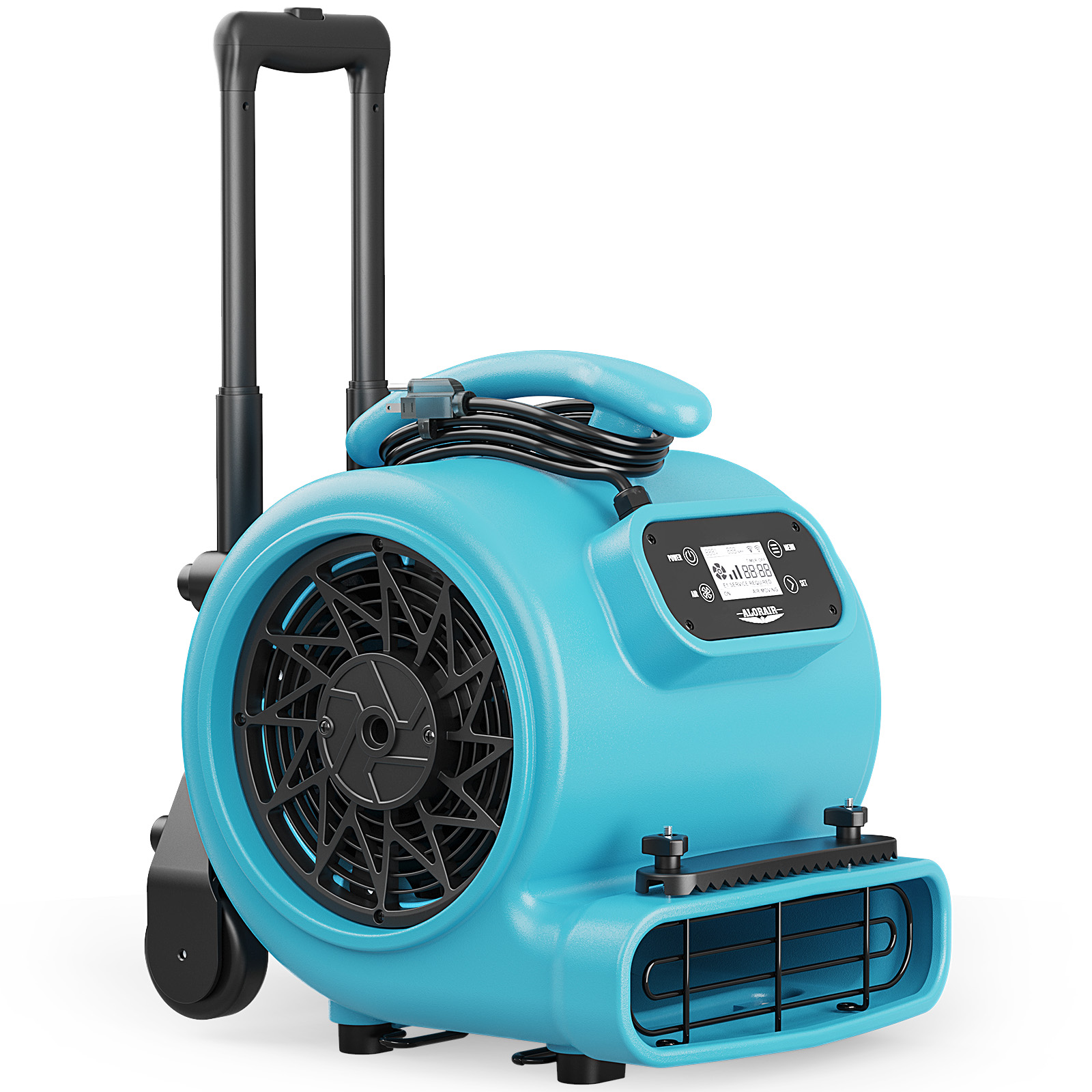
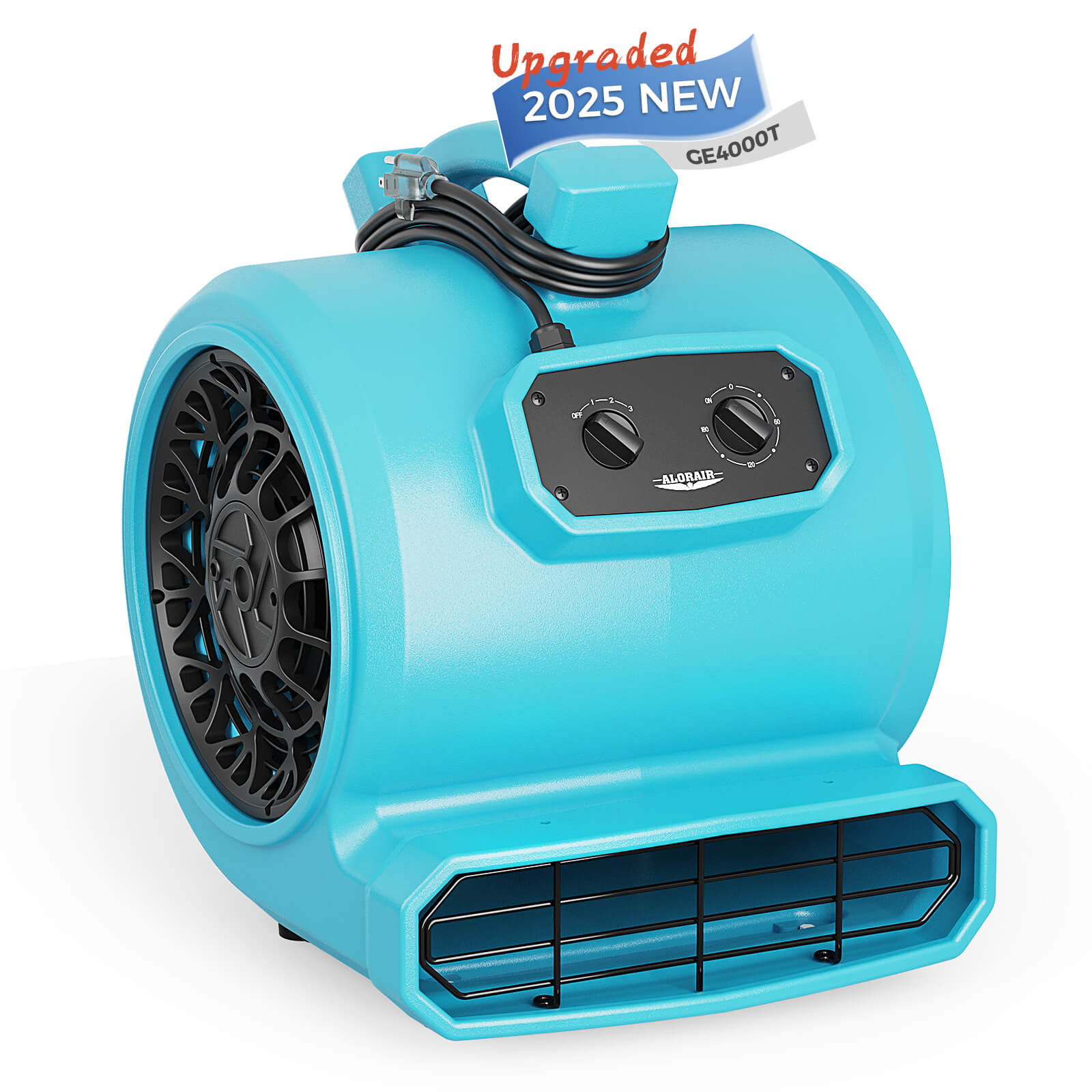
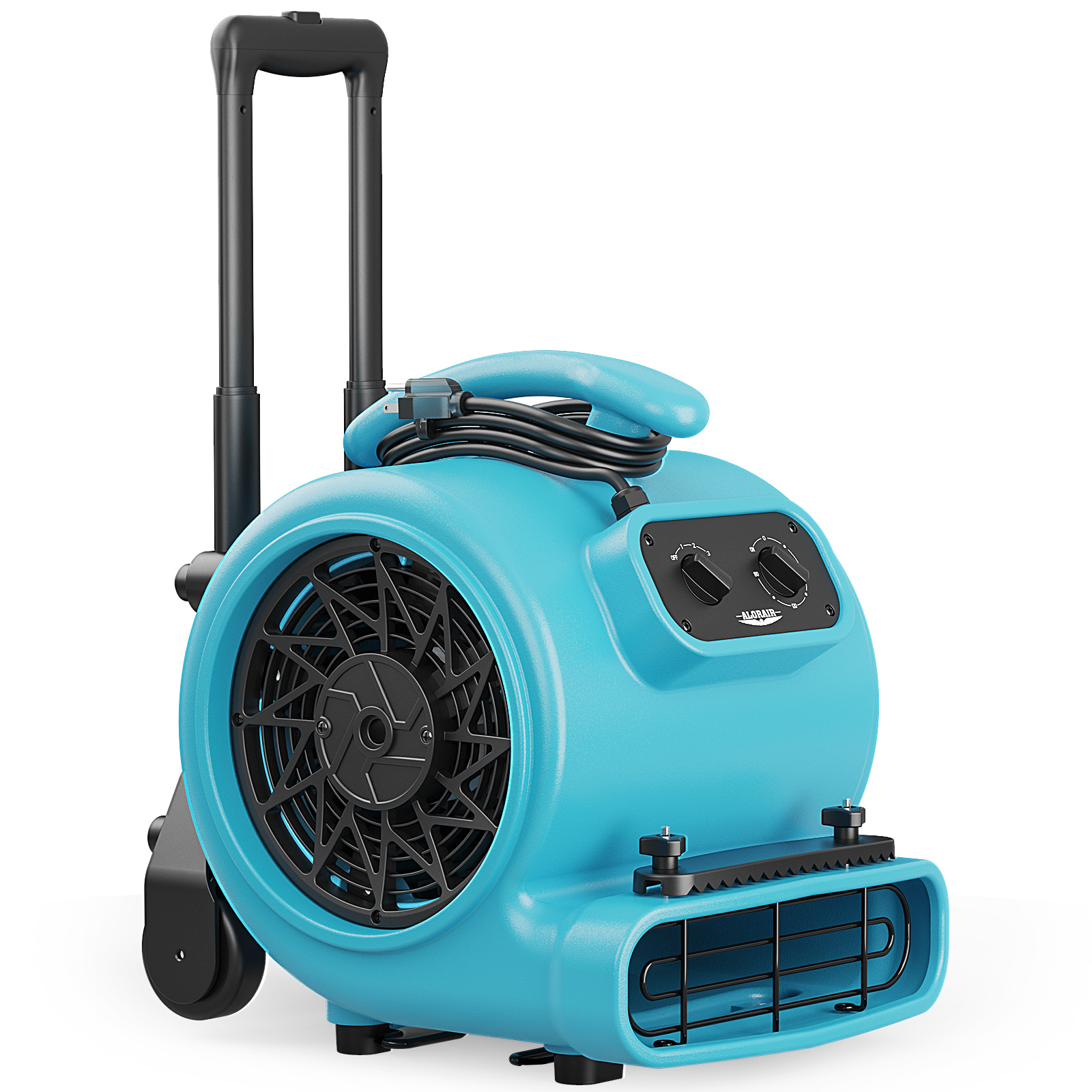
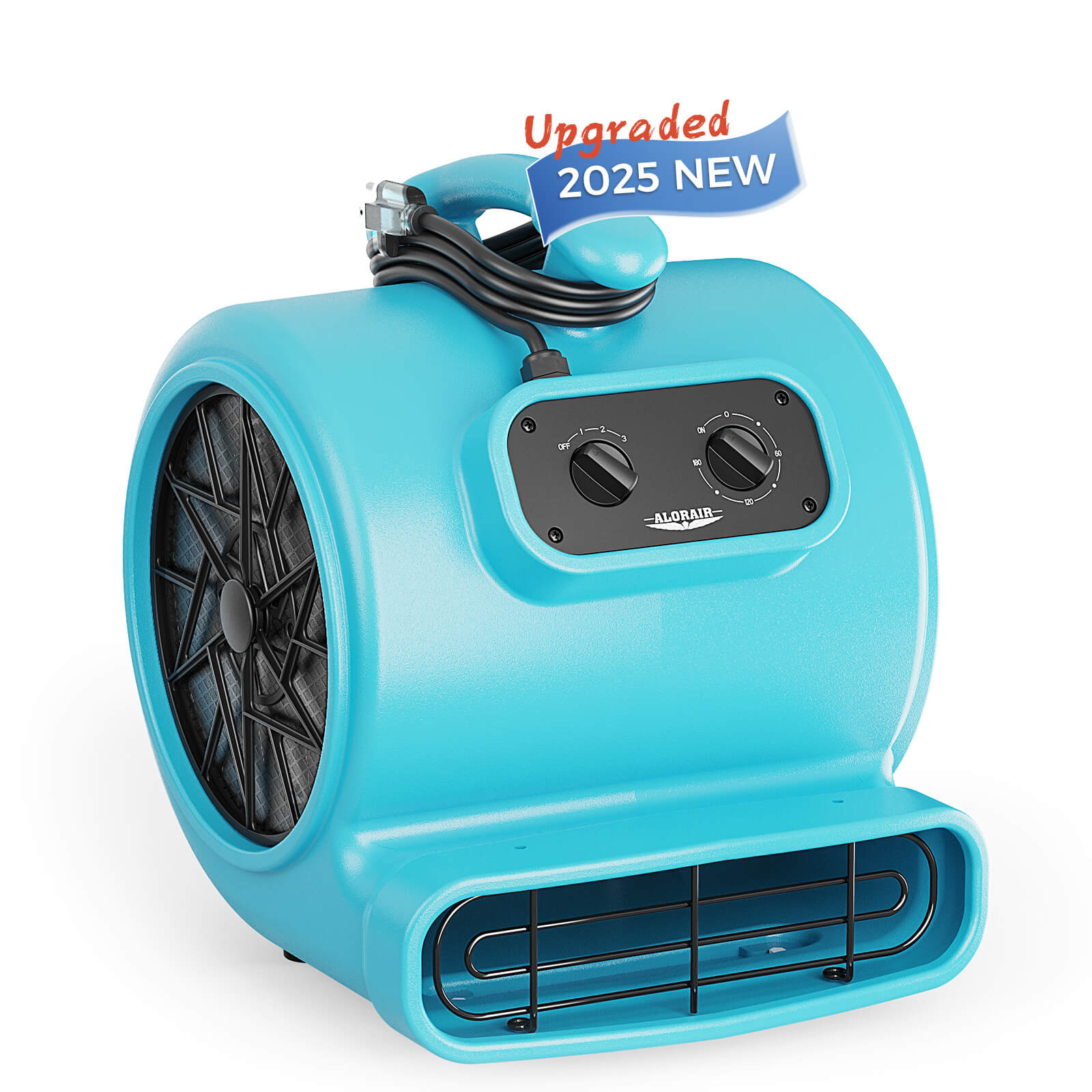
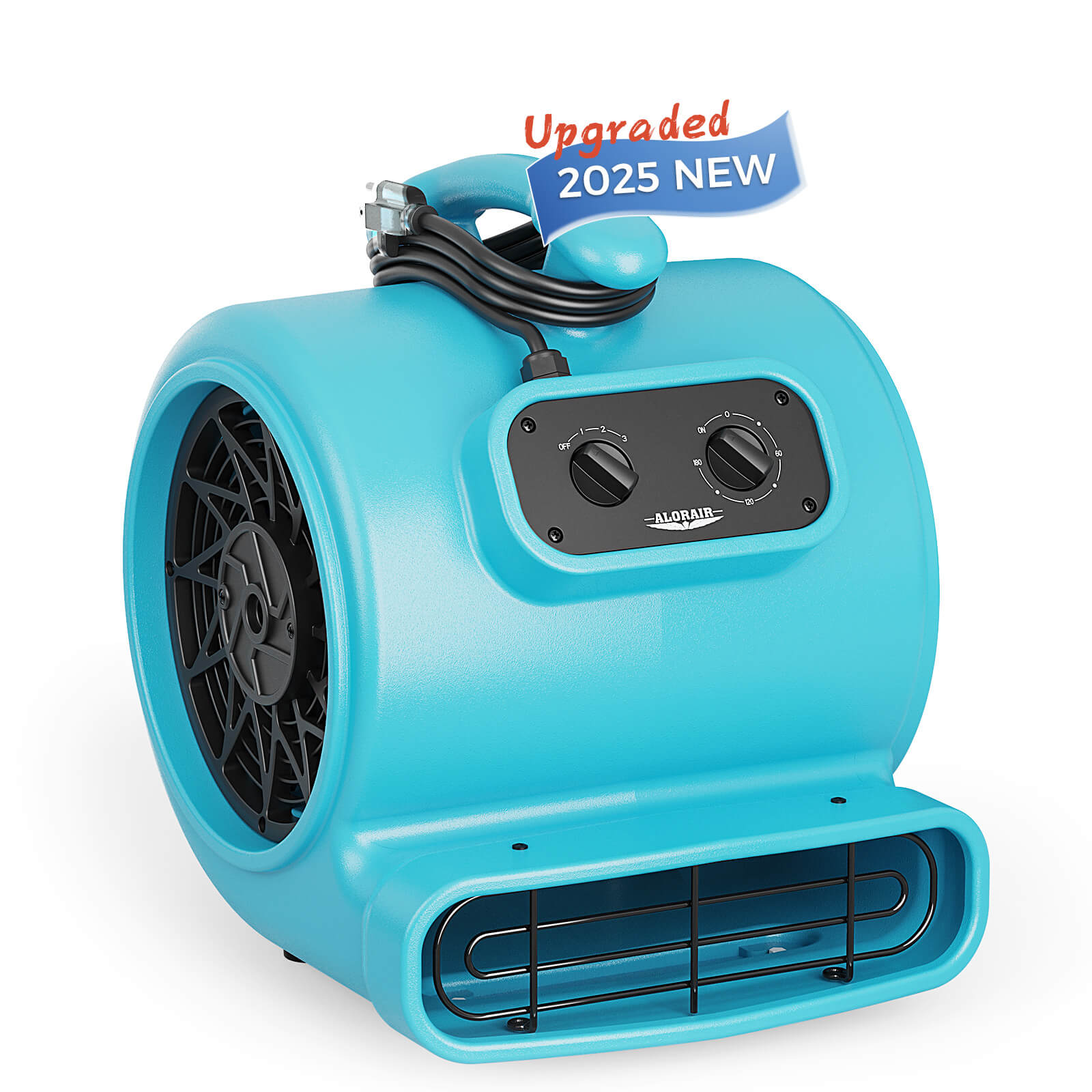
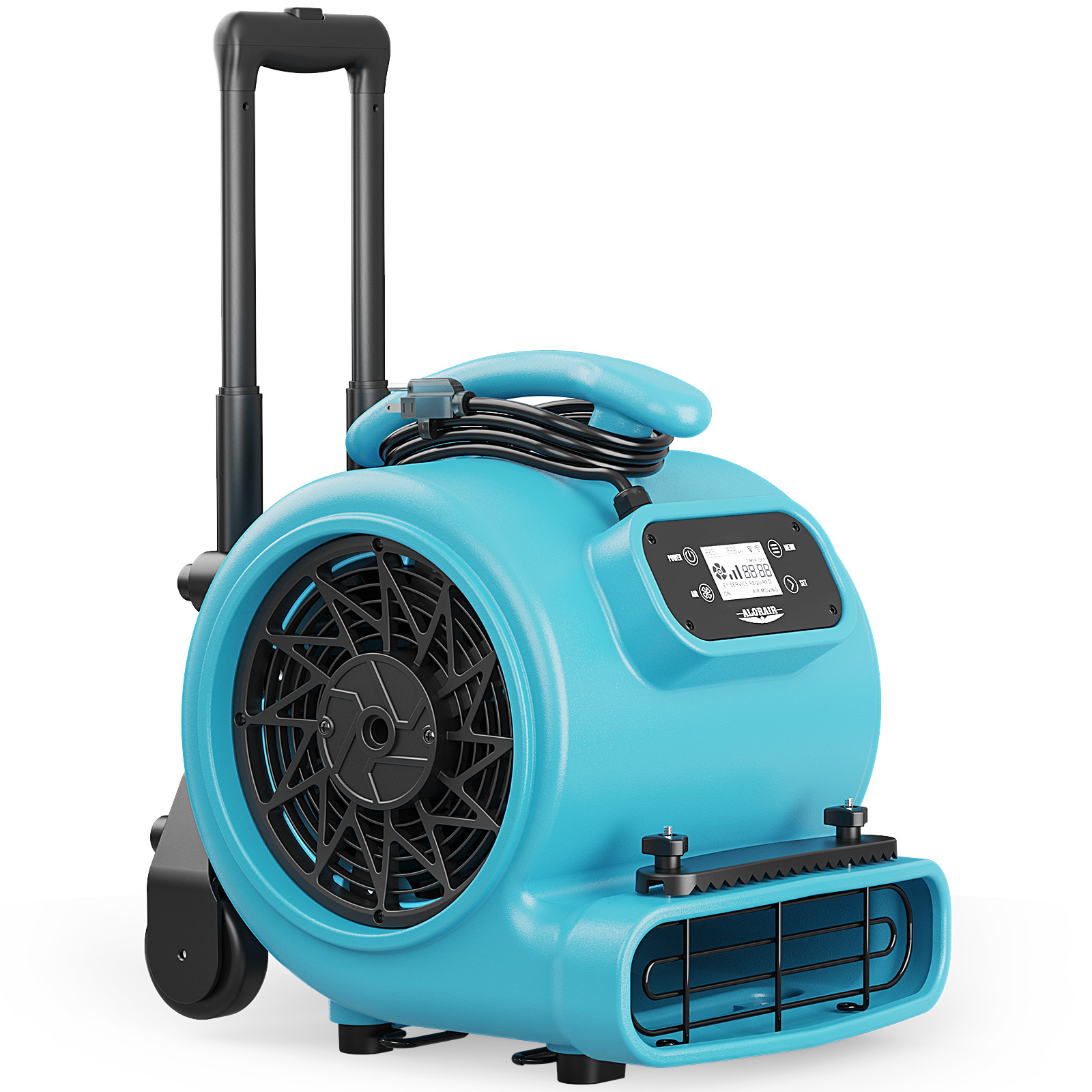
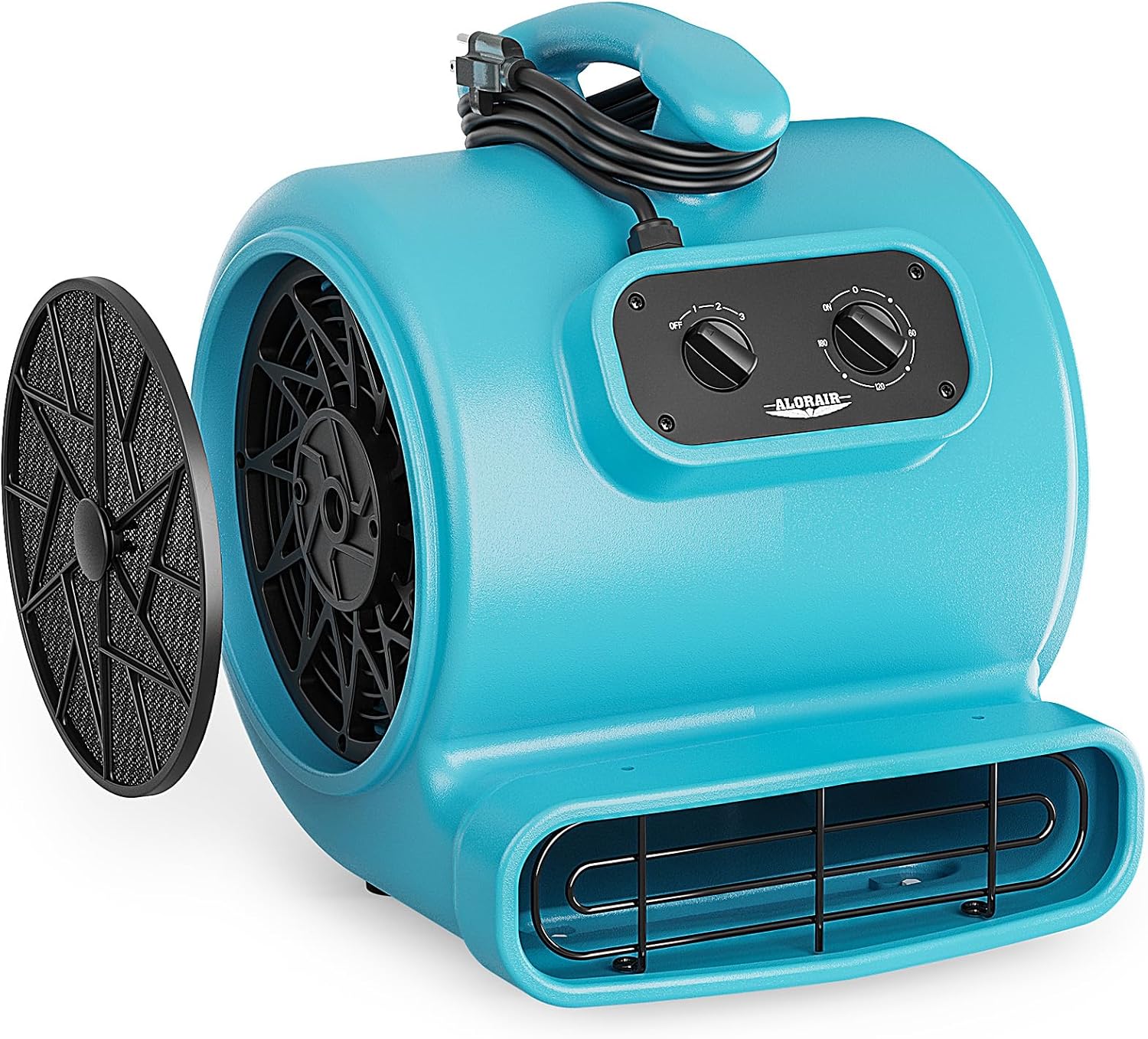
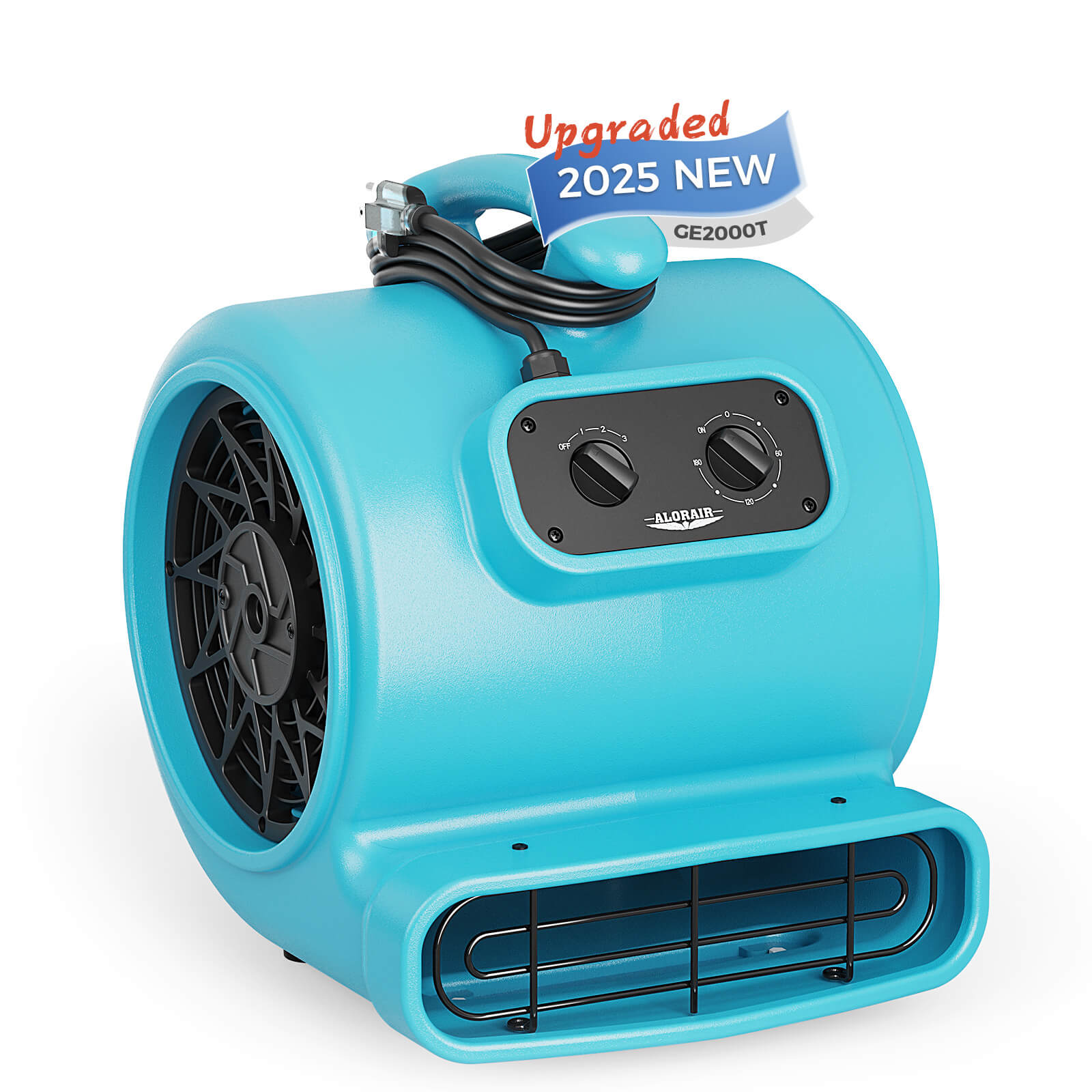
.jpg)
.jpg)
.jpg)
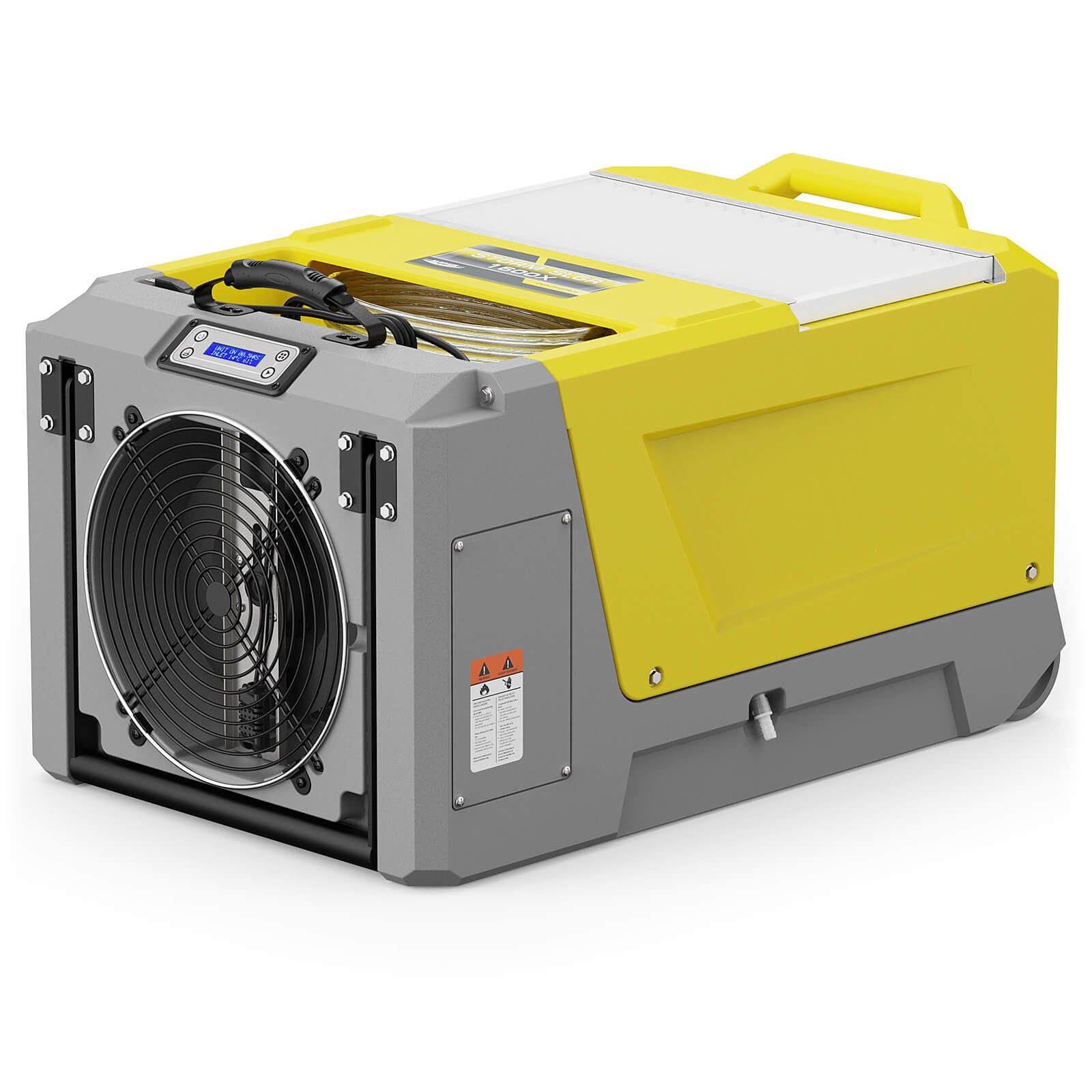
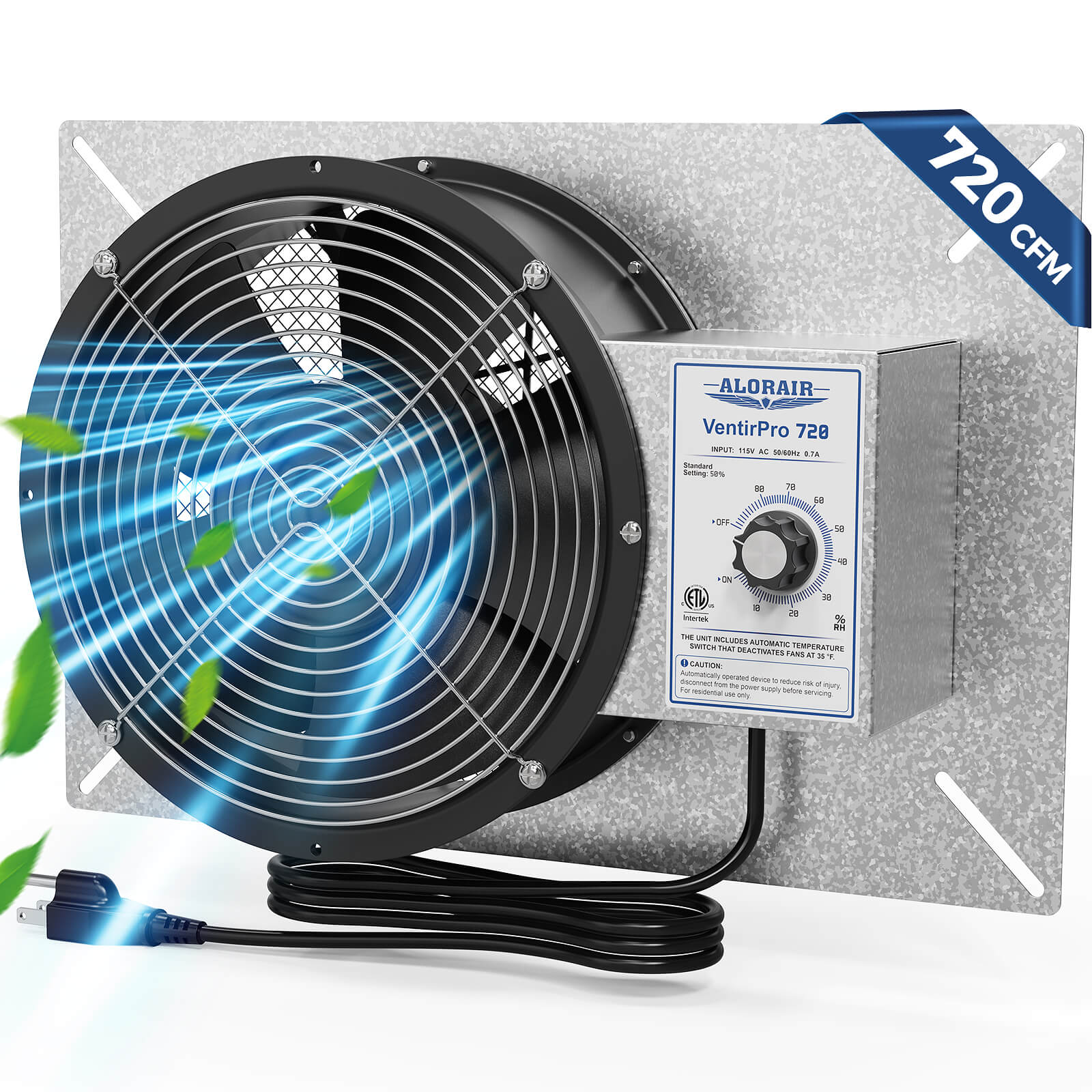
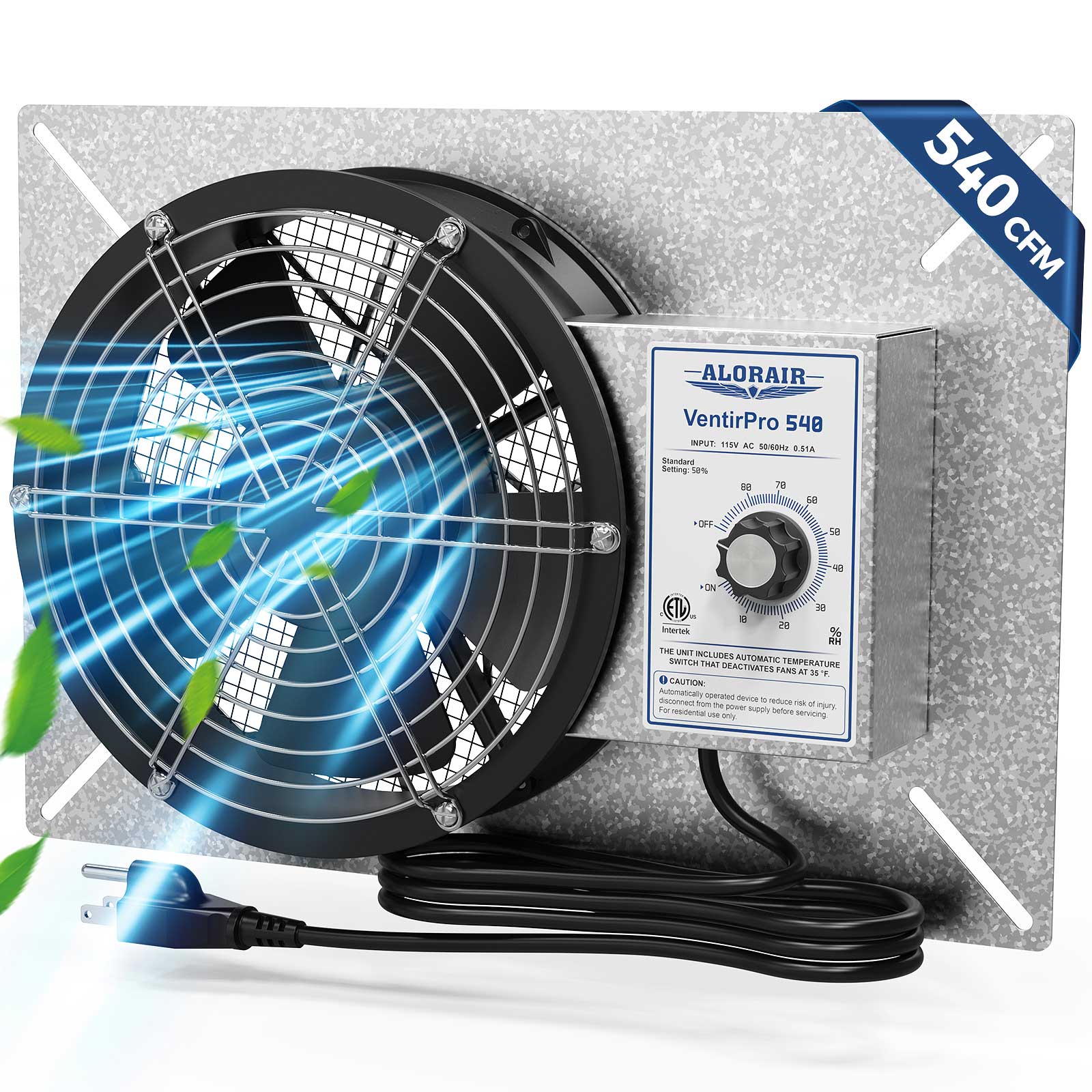
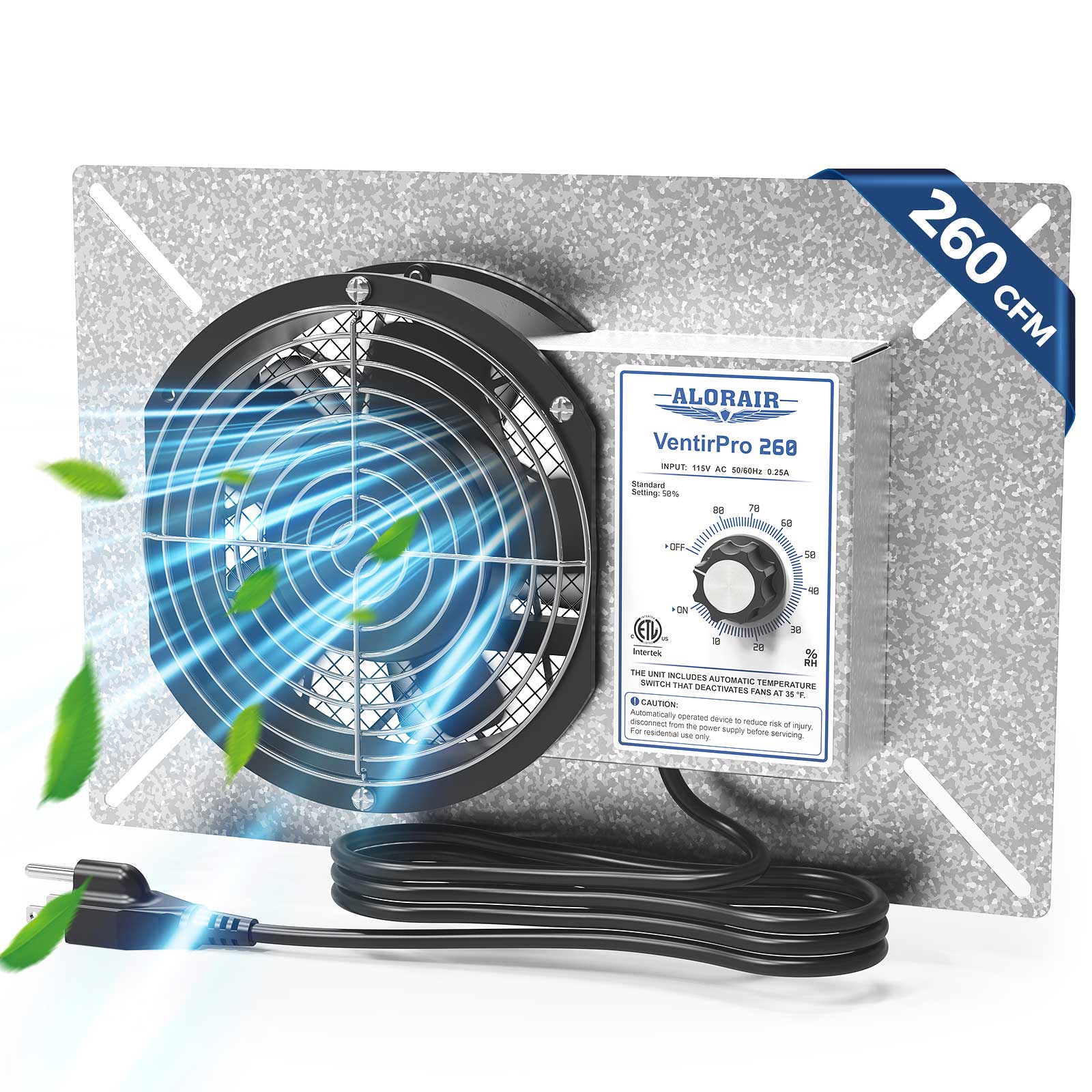
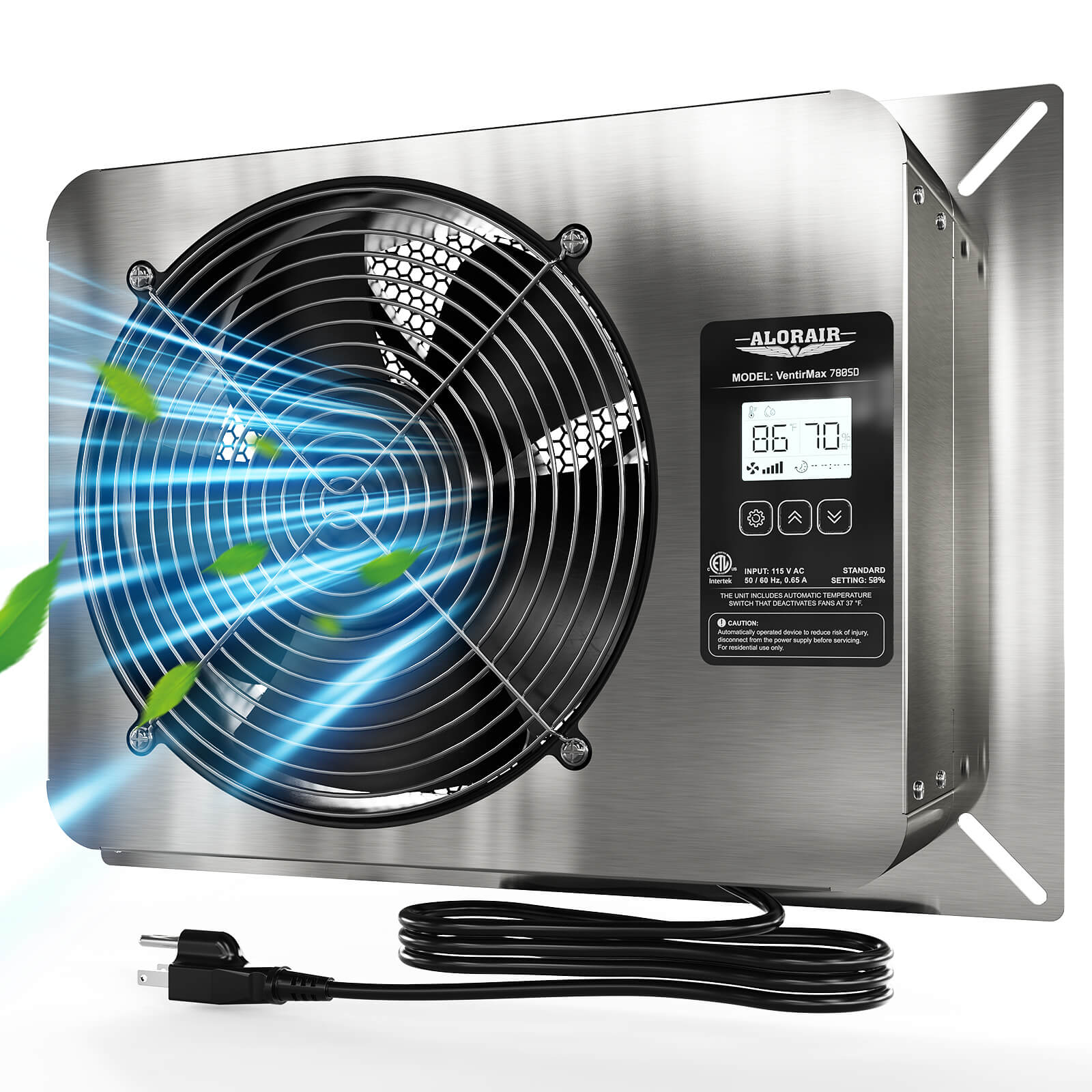
.jpg)
.jpg)
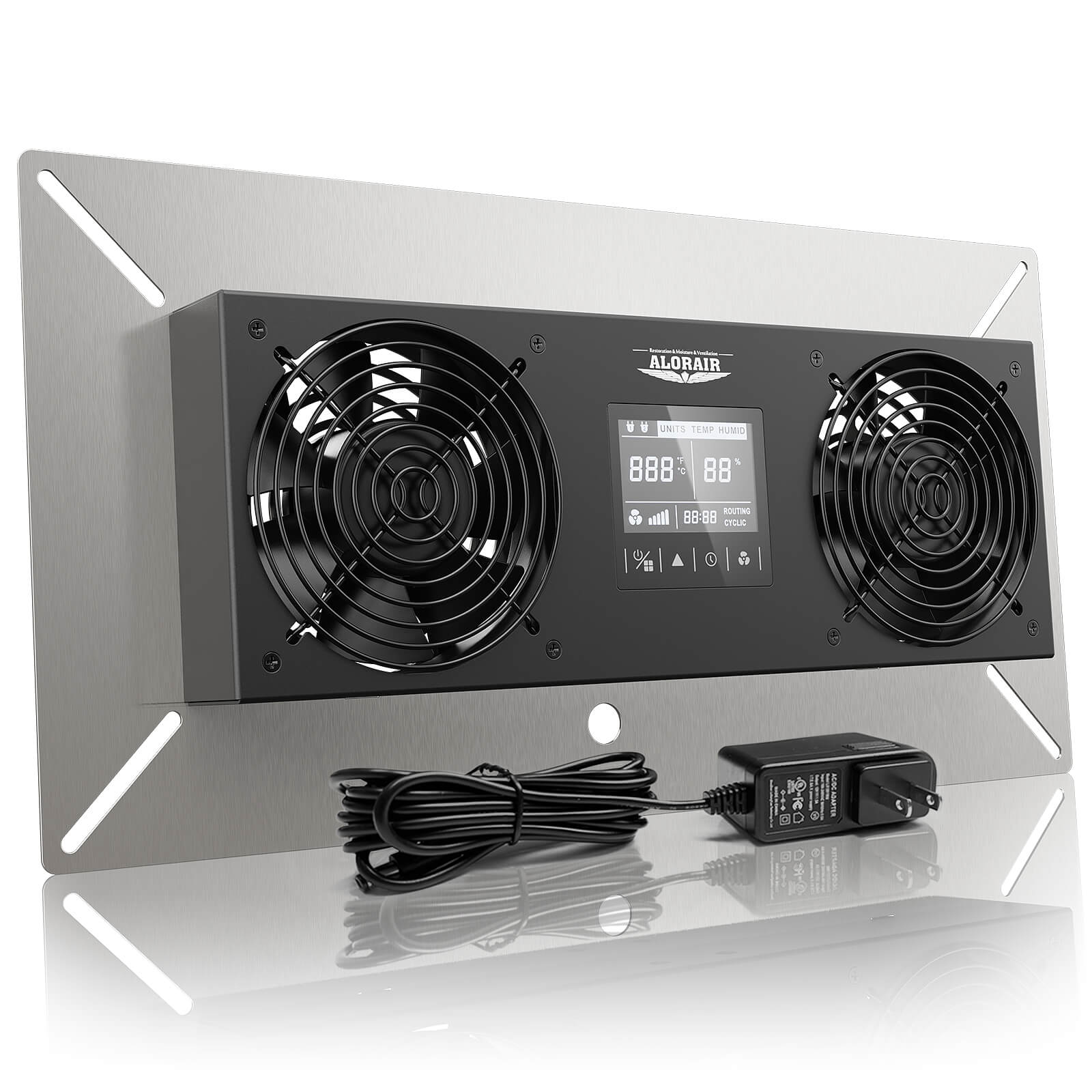
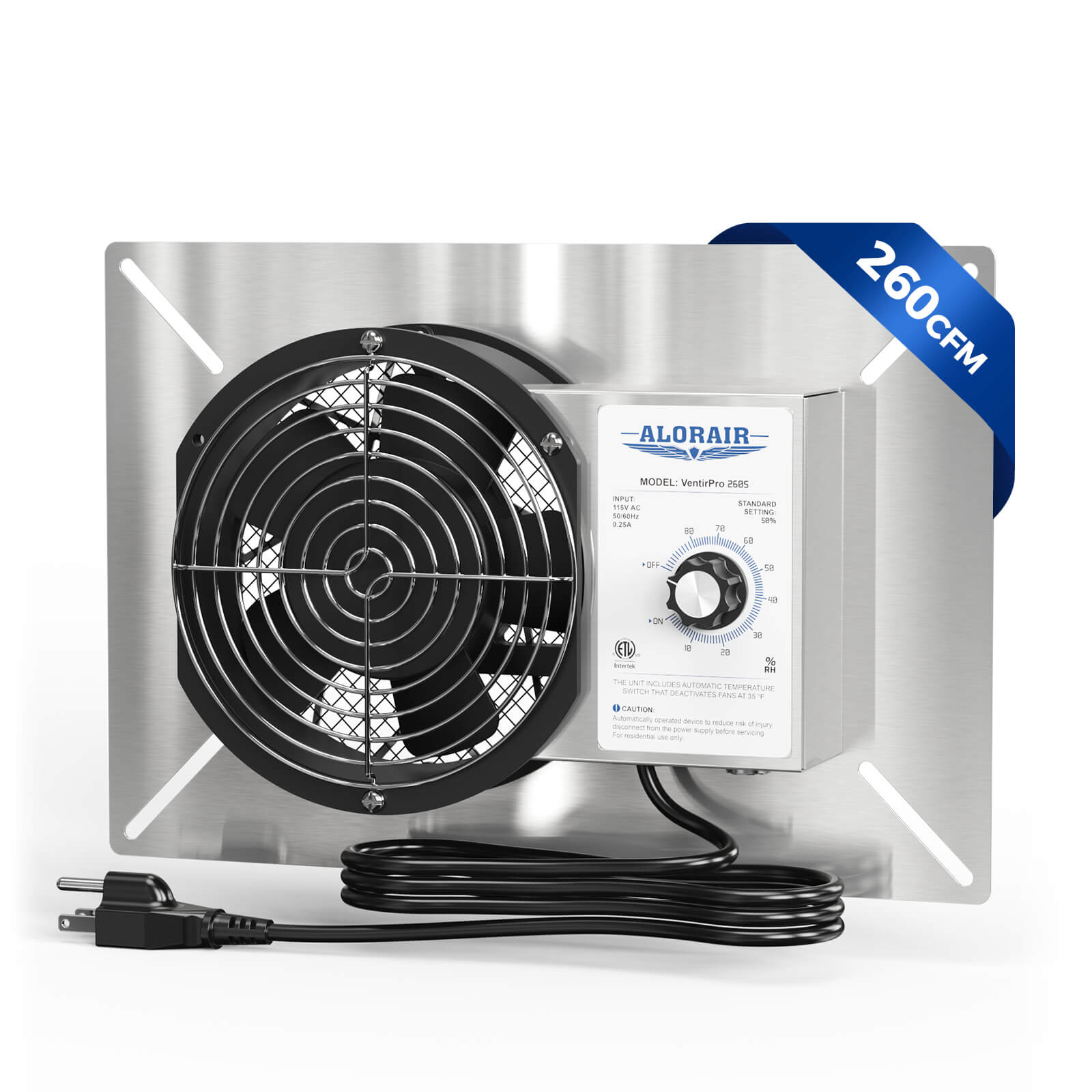
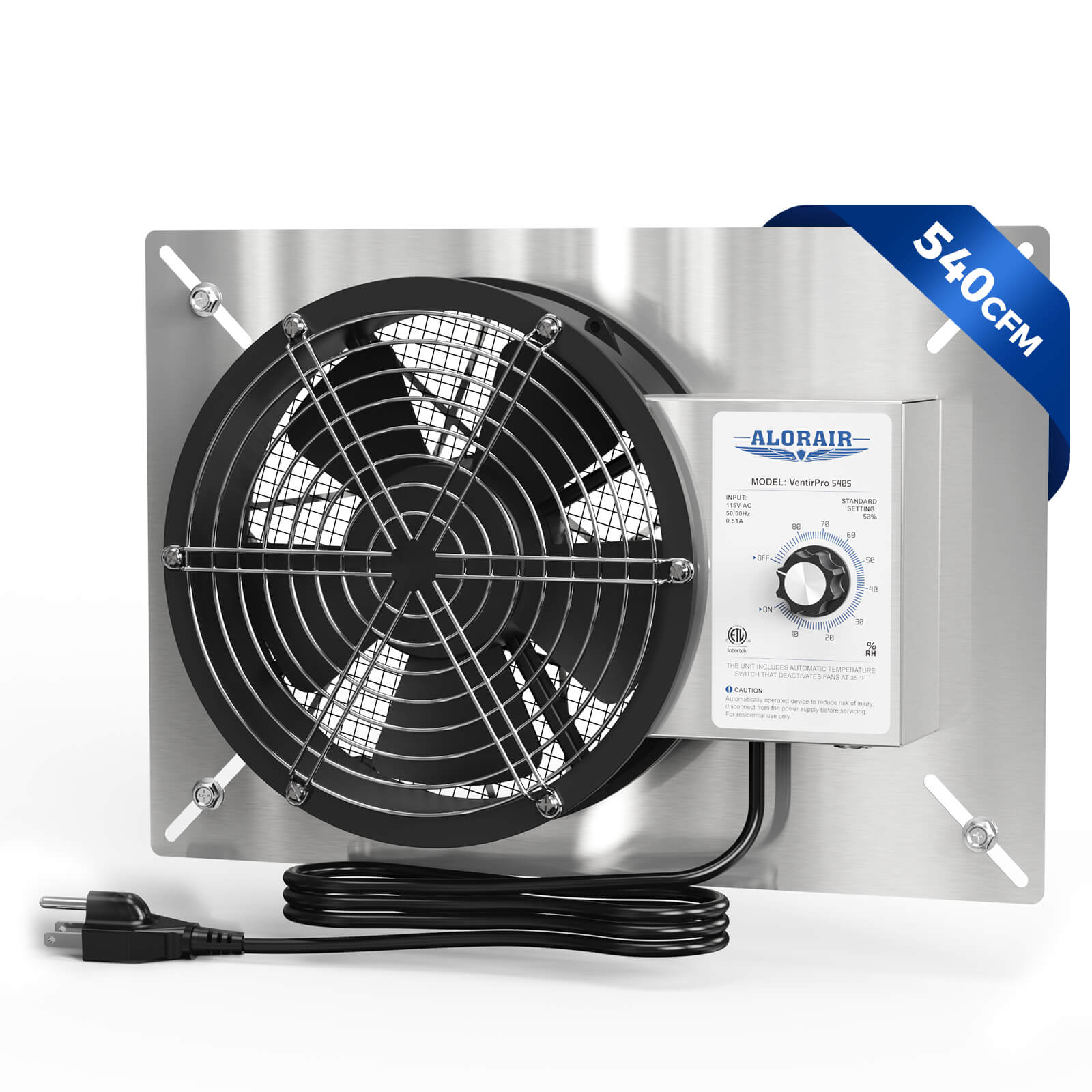
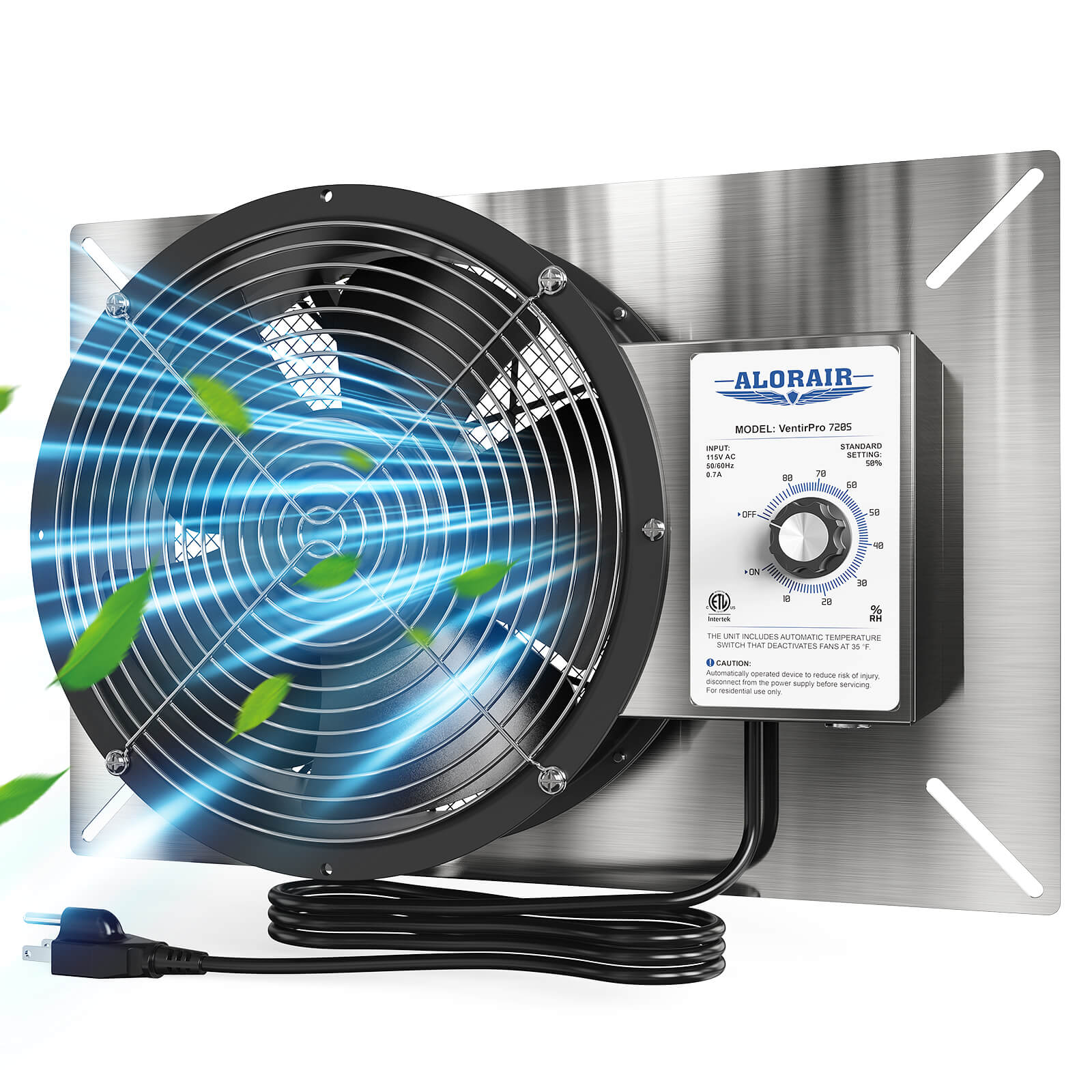
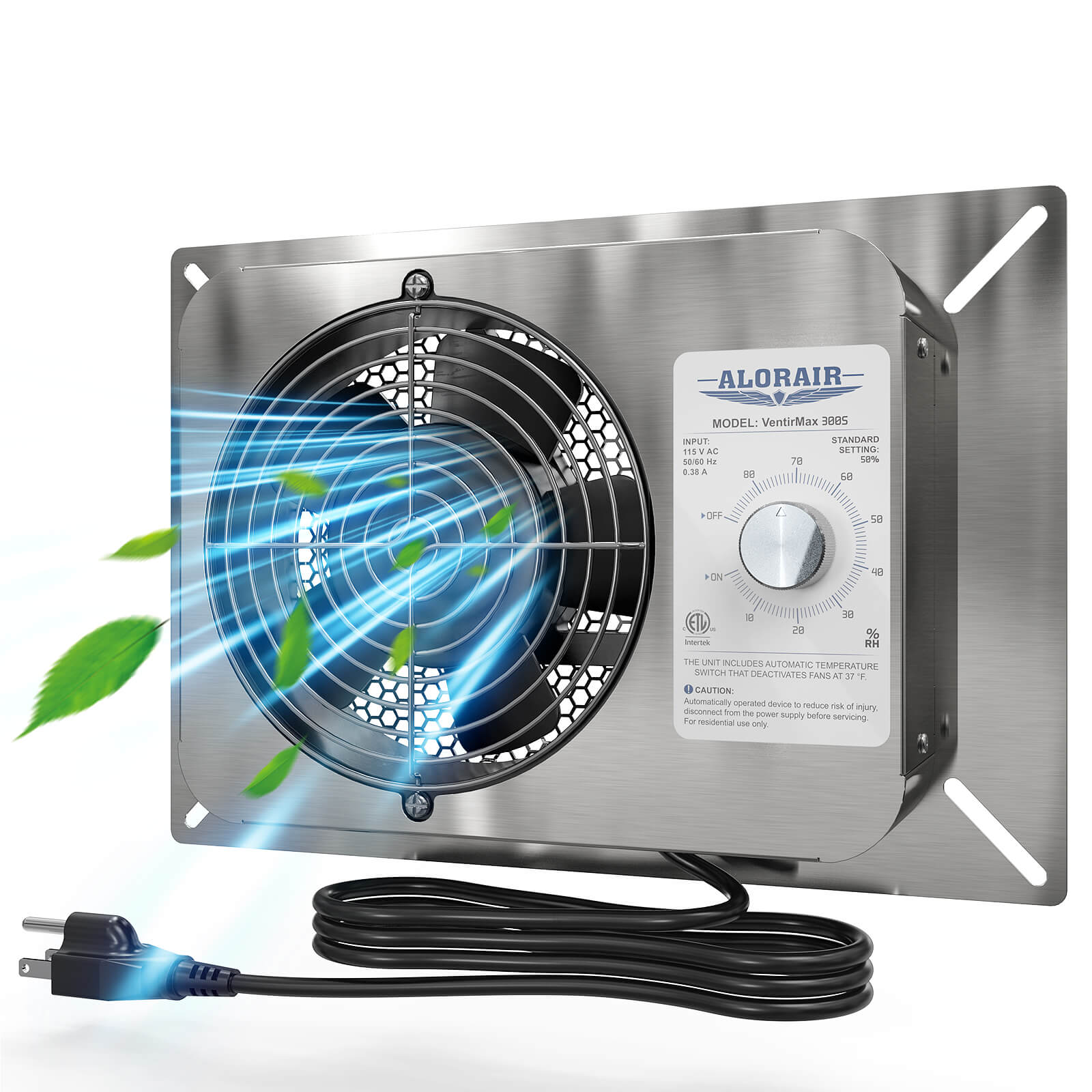
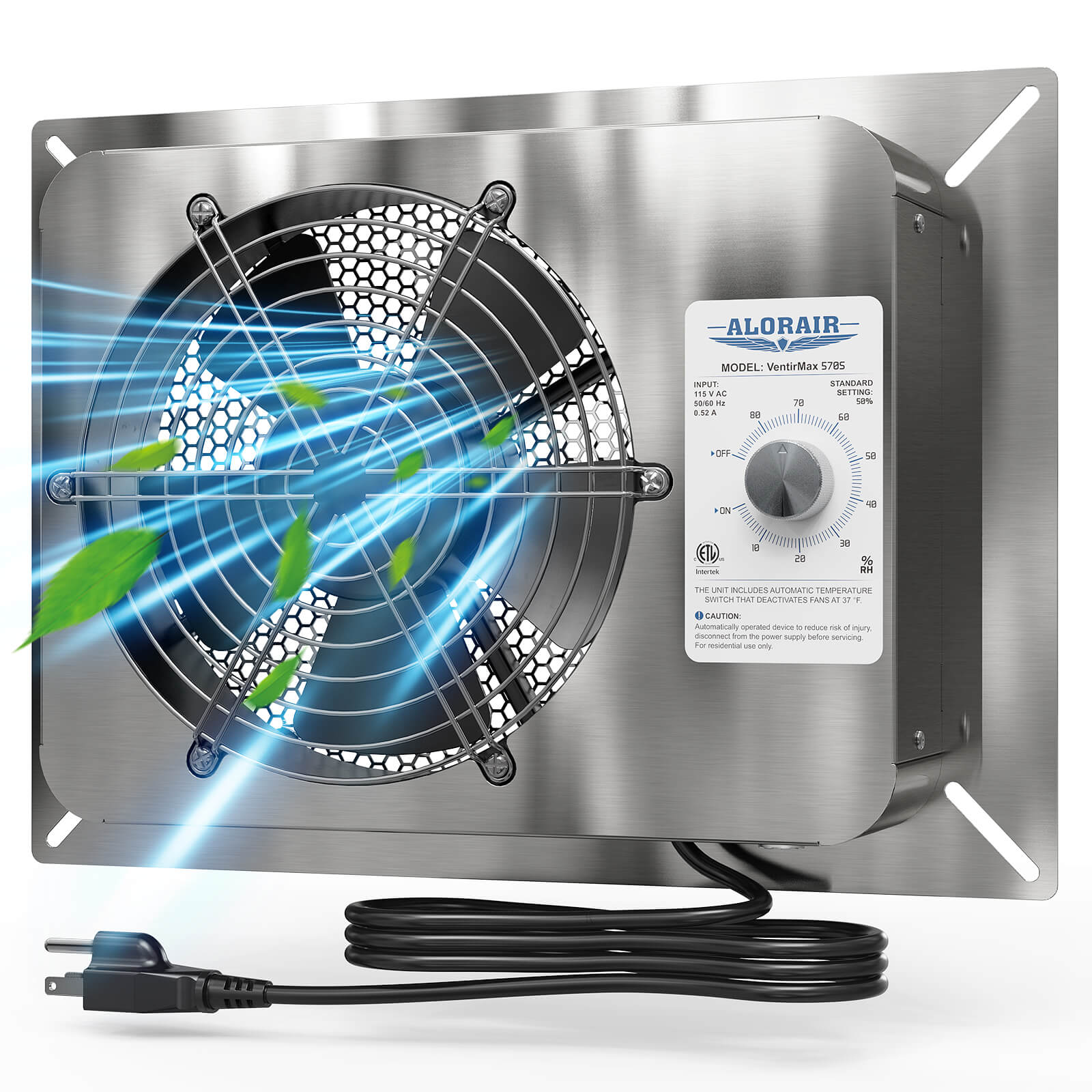
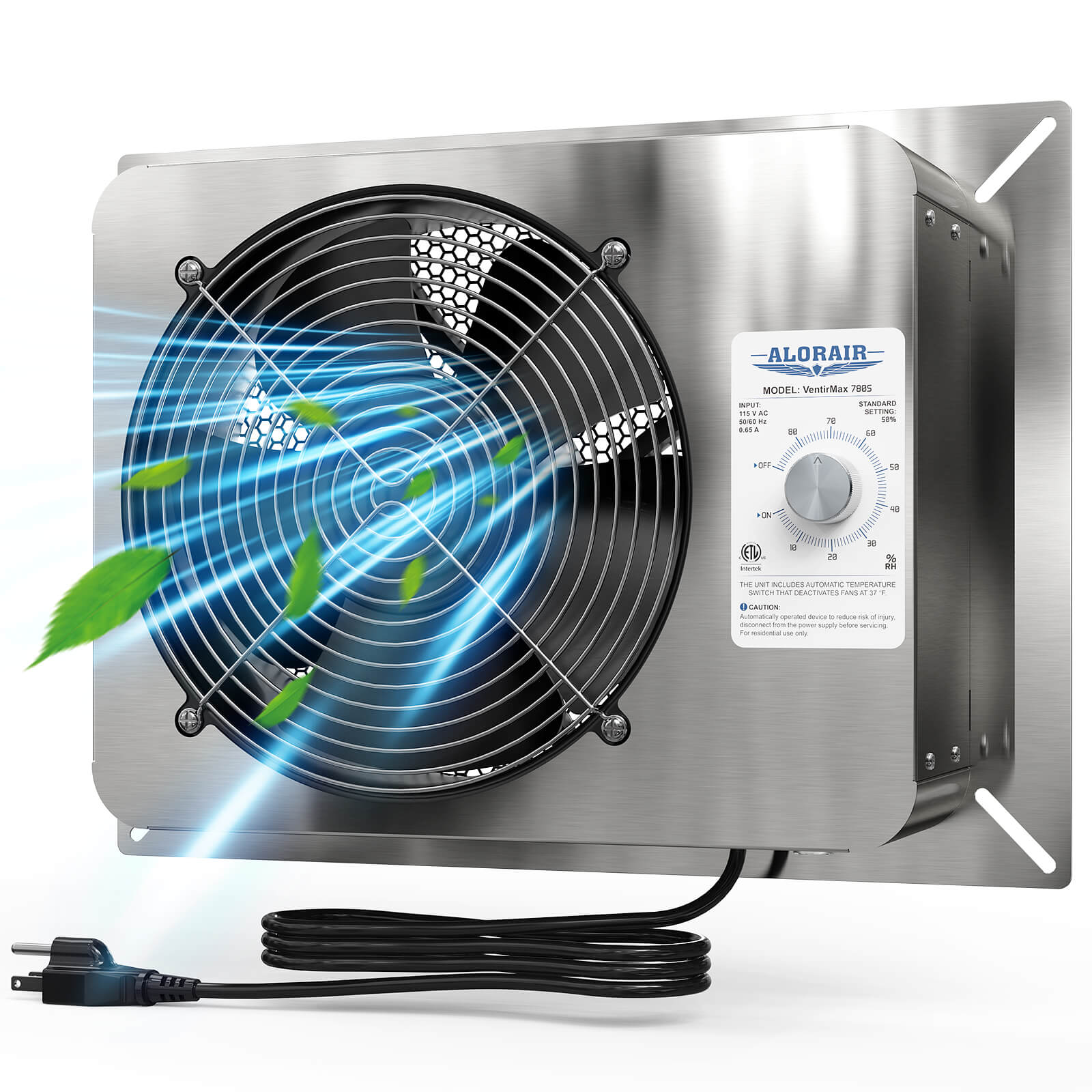
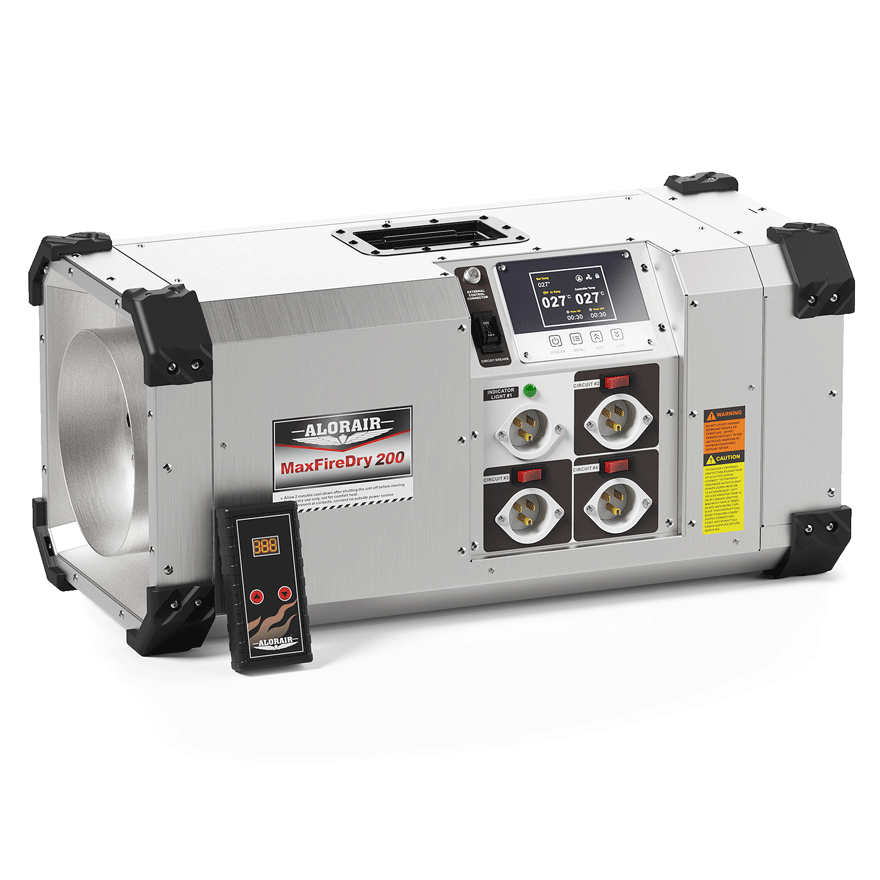
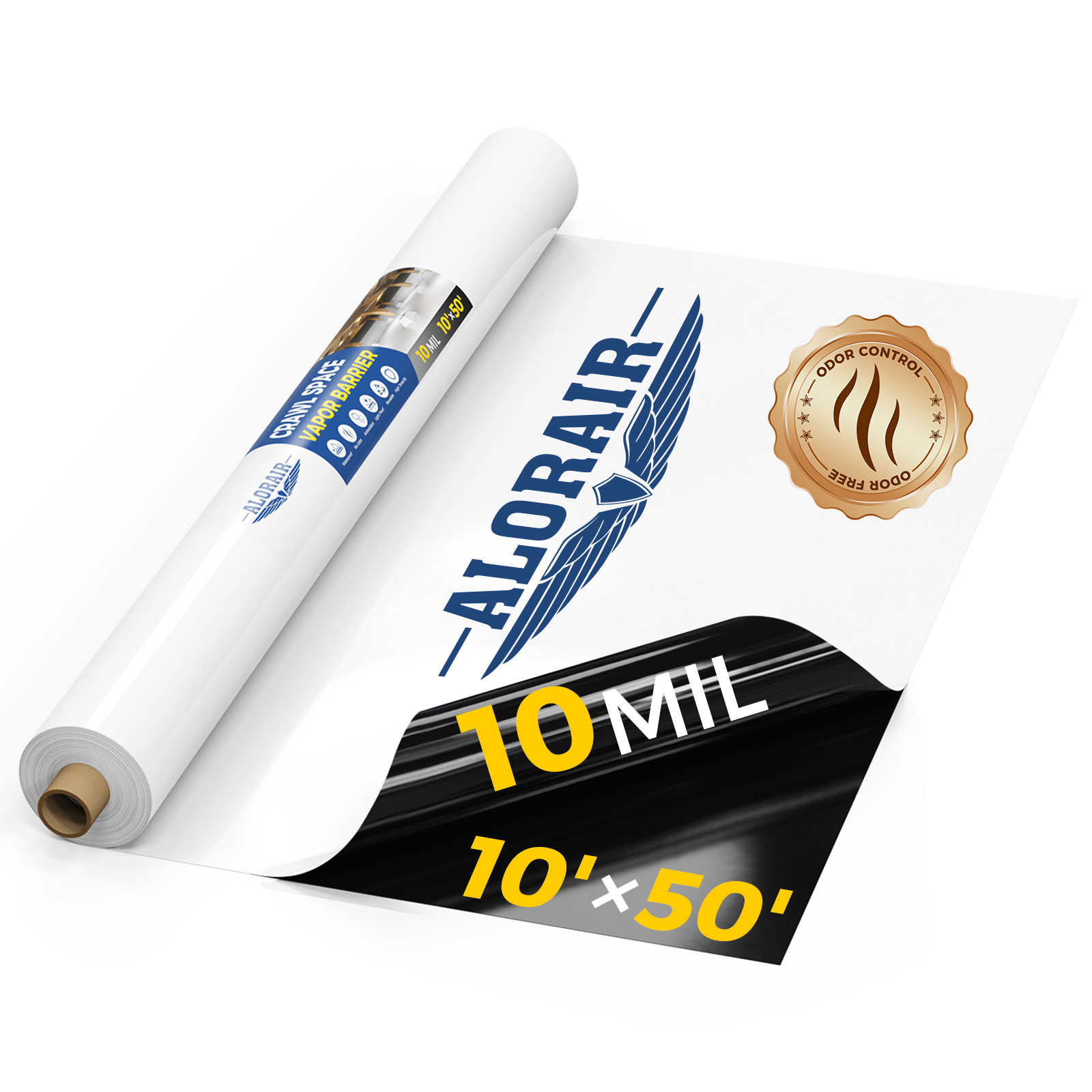
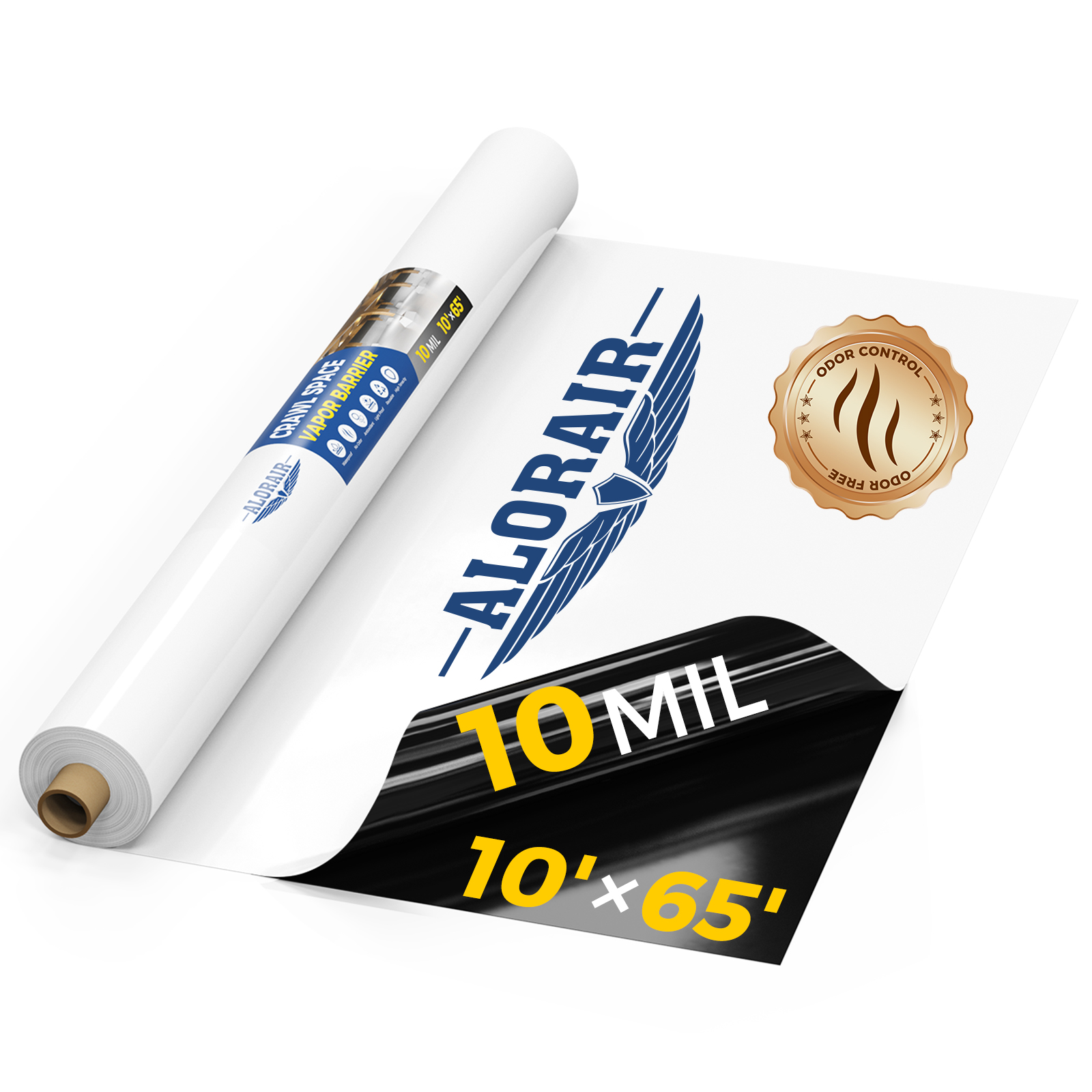
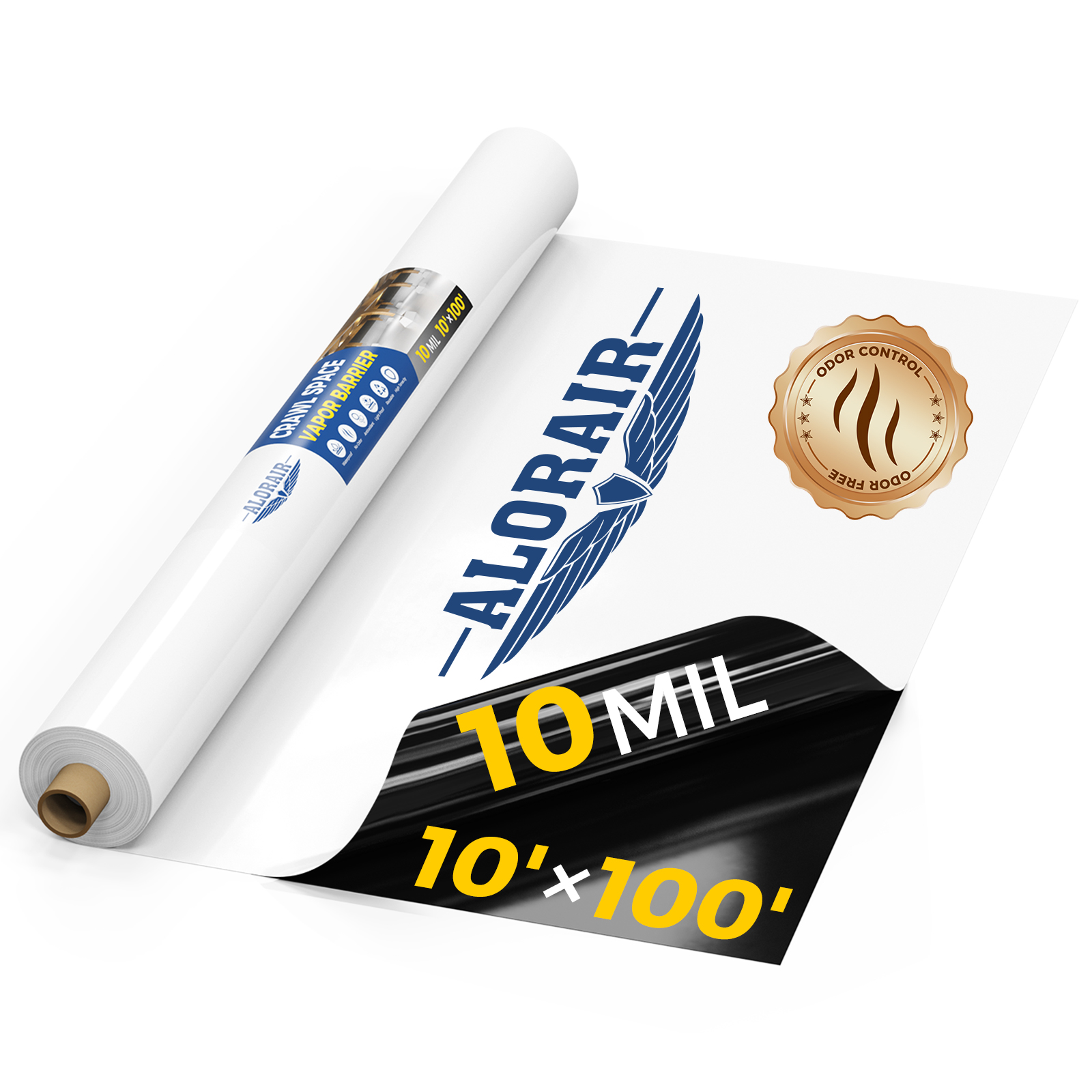
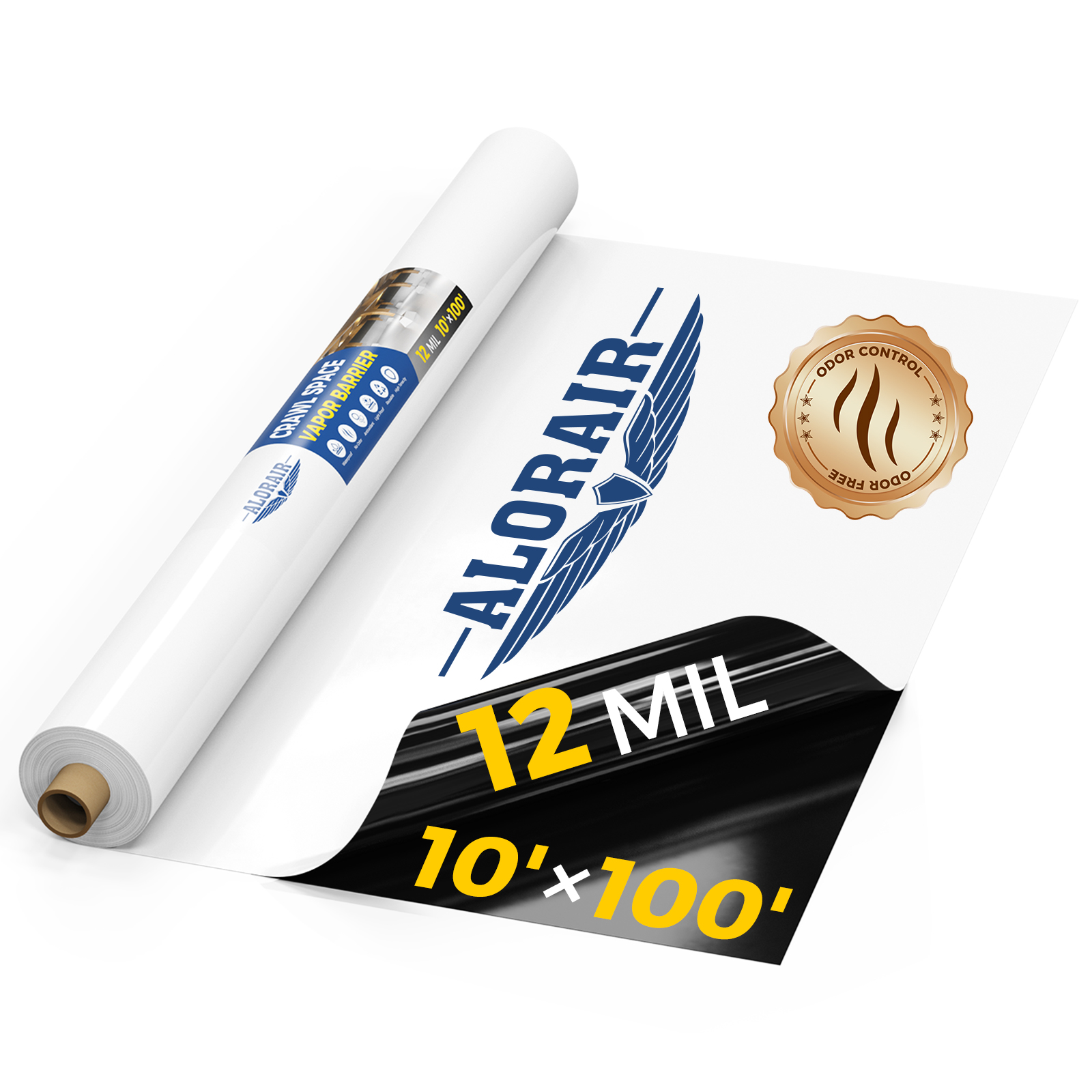
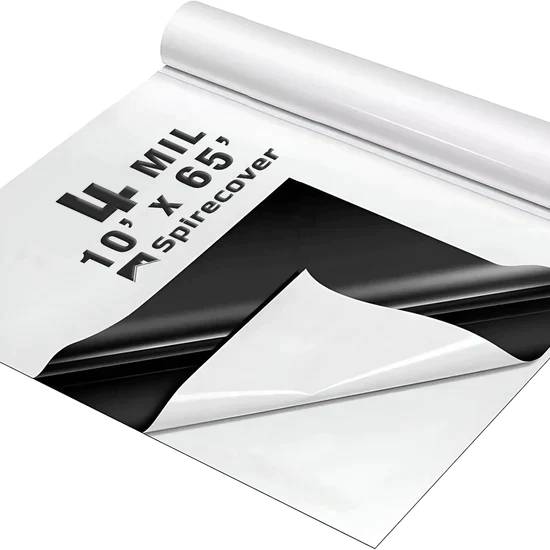
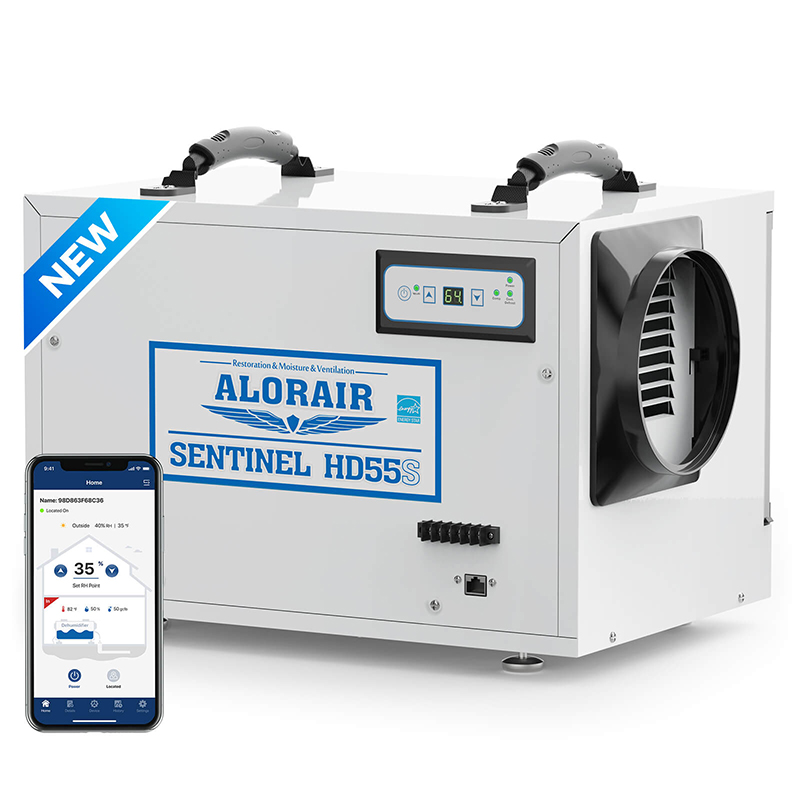
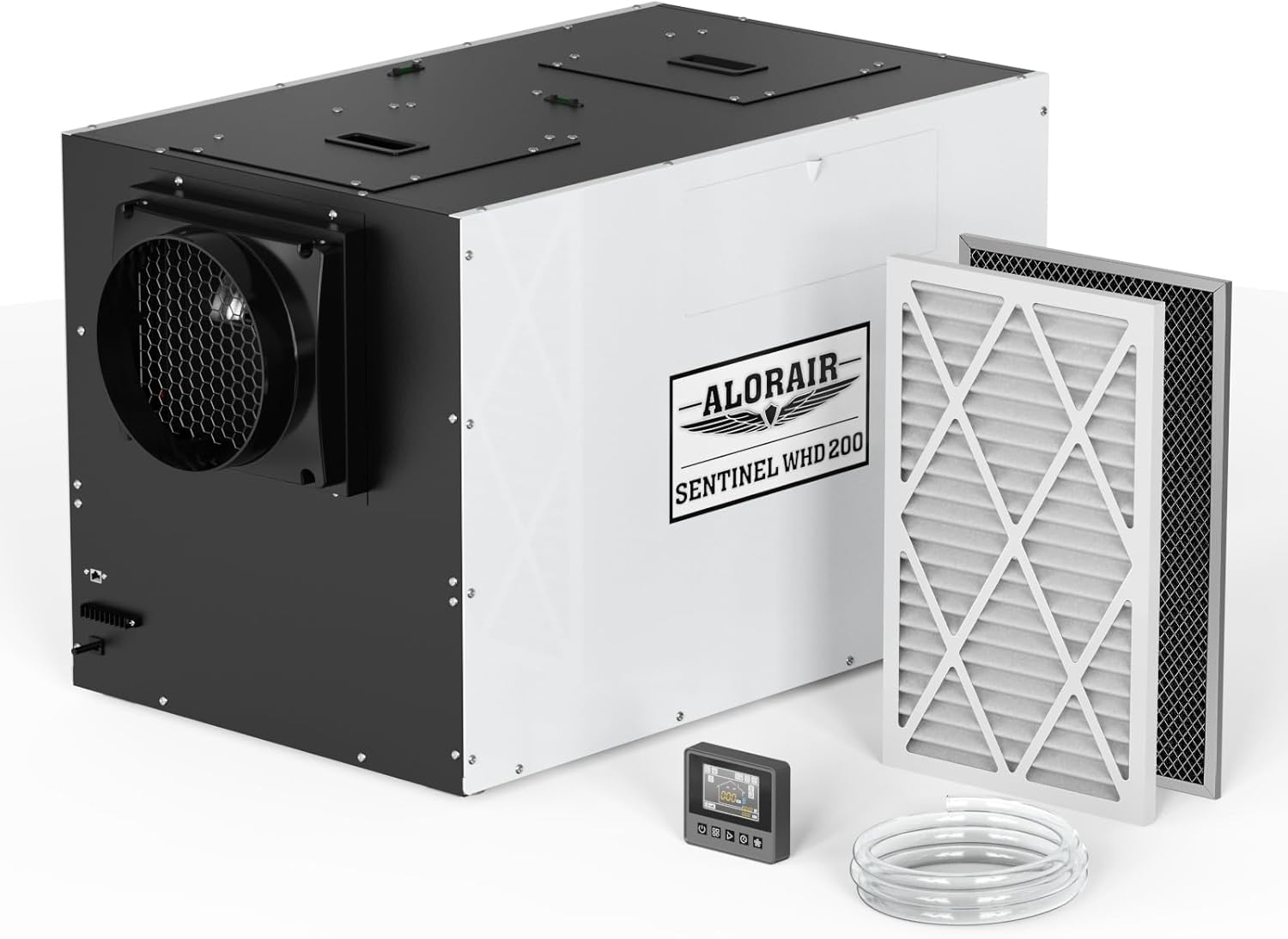
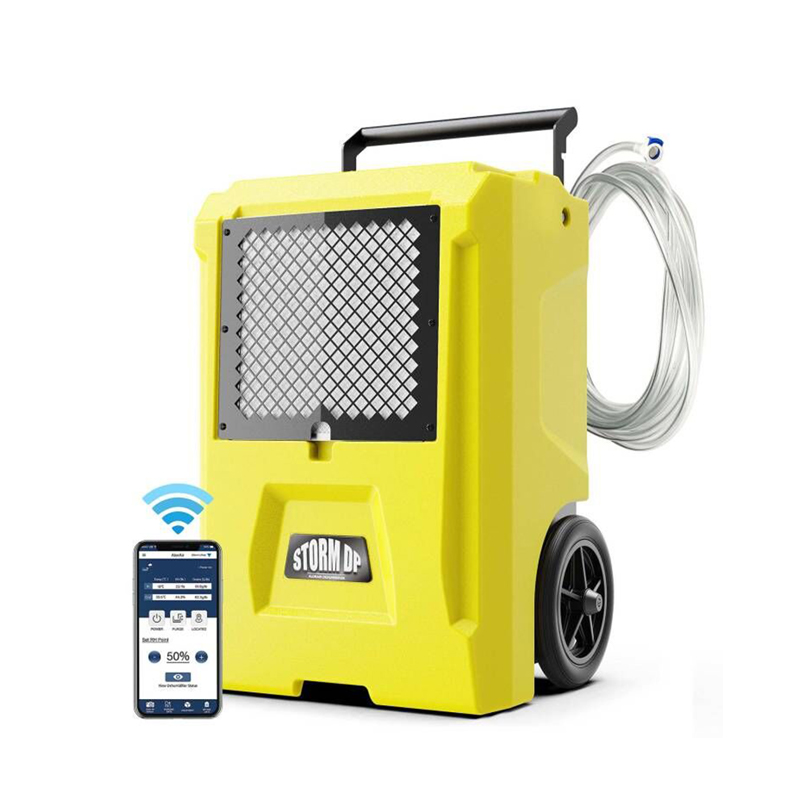
-.jpg)
.jpg)
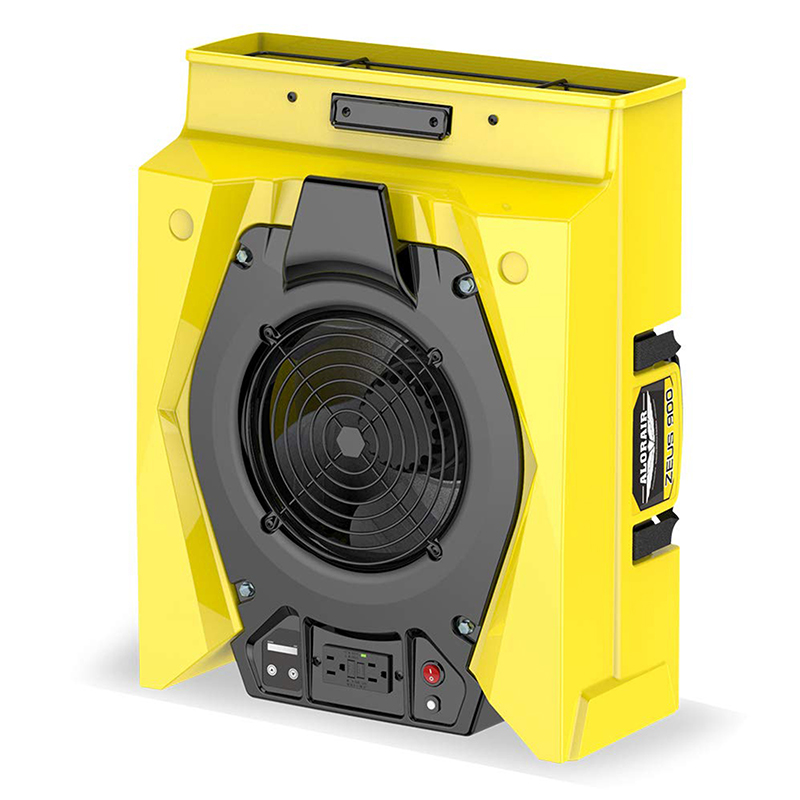
.jpg)
.jpg)
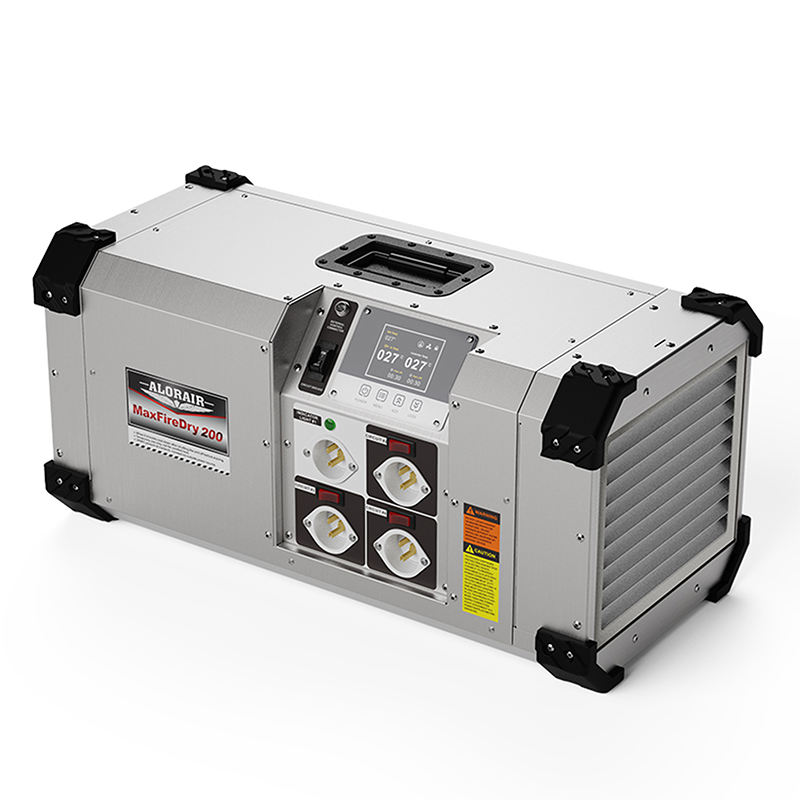
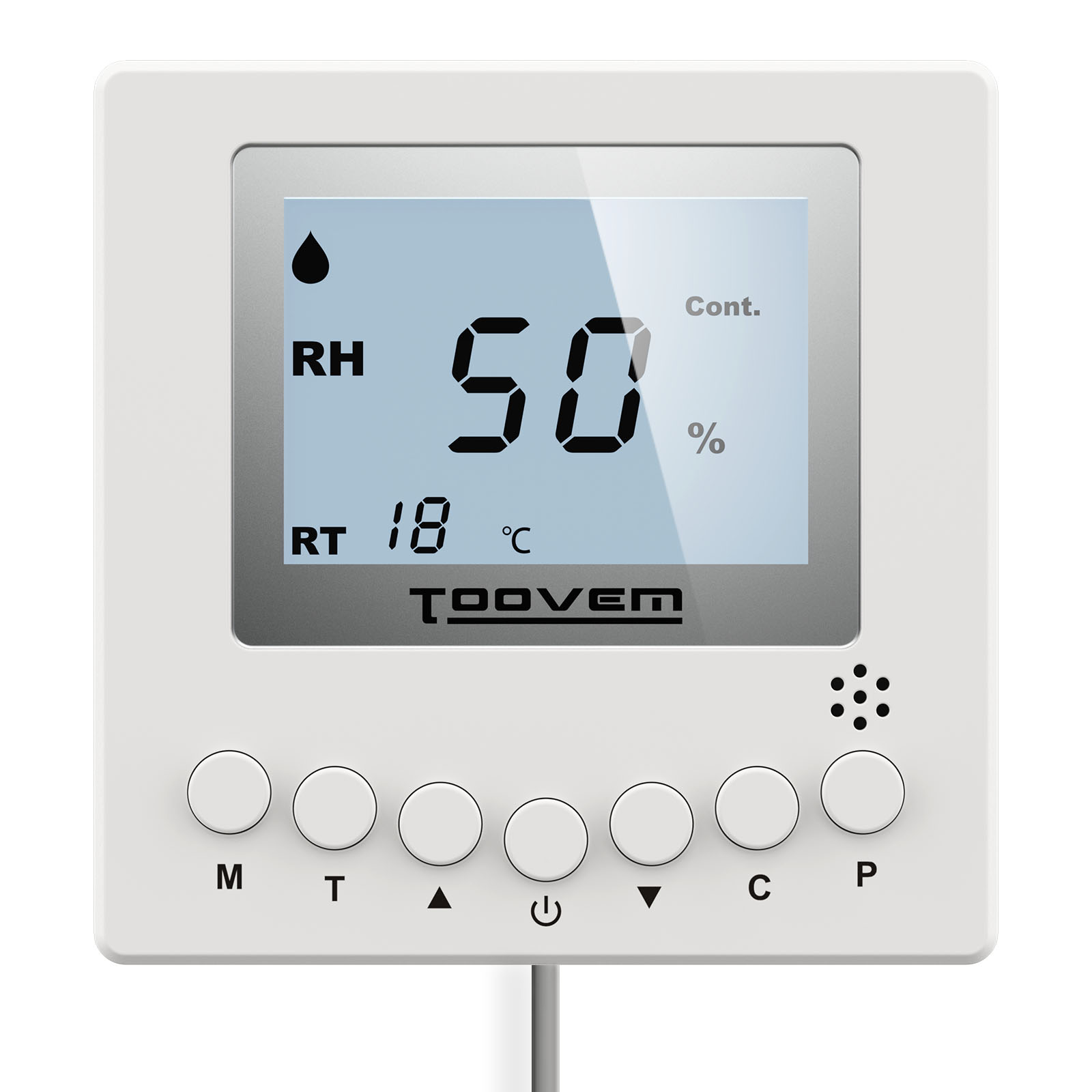
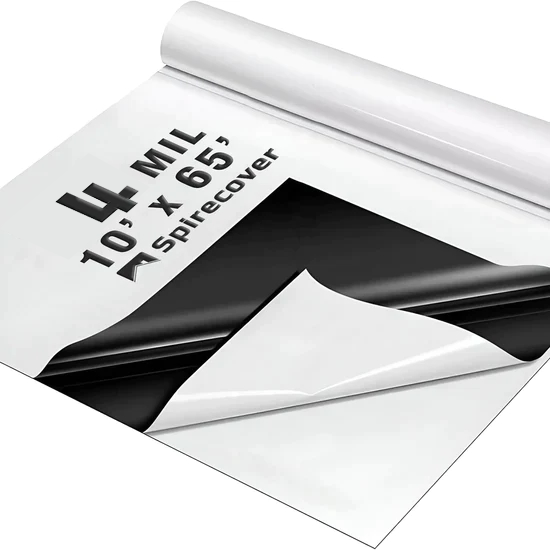
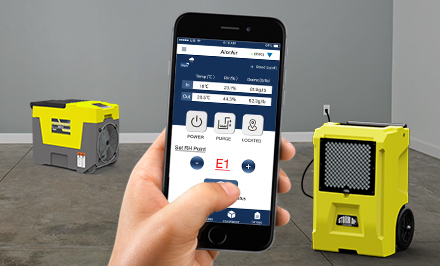
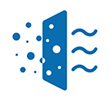






















 Exclusive offers
promotions
Exclusive offers
promotions

